

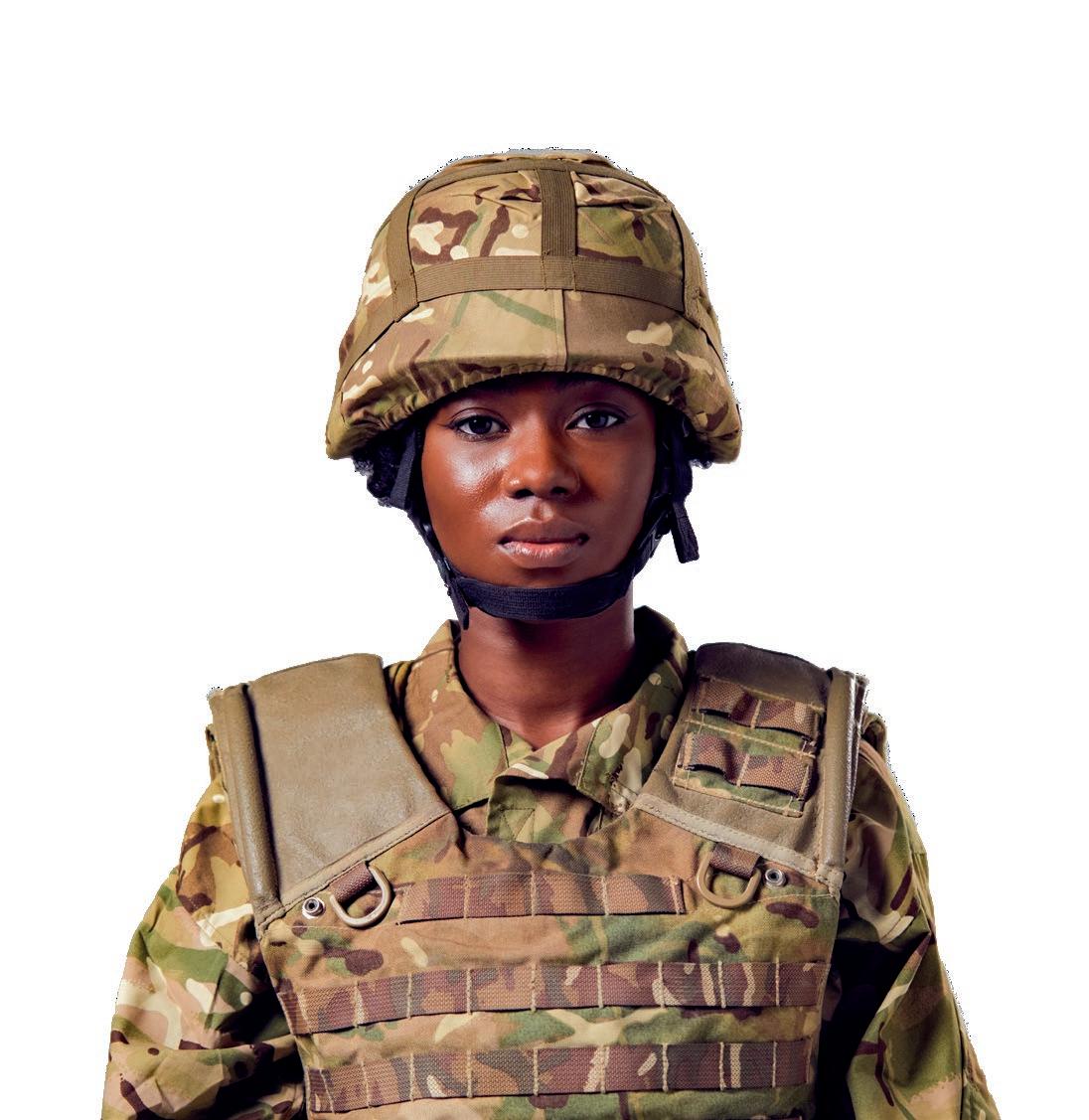












Whatever your ambition and passion, Trafford College is here to help you succeed. Every year, thousands of students join us on courses that are designed to help them achieve their career aspirations.
Our aim at Trafford College is two-fold – to provide an inclusive educational offer across a whole range of courses and levels, and to provide a career focused curriculum that meets local skills needs and enables you to further your employment prospects. In short, we are here to ensure you develop the skills, attitudes and behaviours required for success in life and work.
Come and visit on one of our open days, where you will have the opportunity to speak to our colleagues, meet current students and have a look around our facilities. We will make your experience an incredibly welcome one, and we will provide you with all the information you need in order to make those all-important decisions on the next steps in your education and career journey.
James Scott, Principal & CEO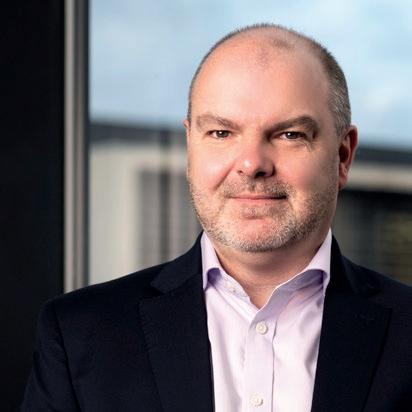



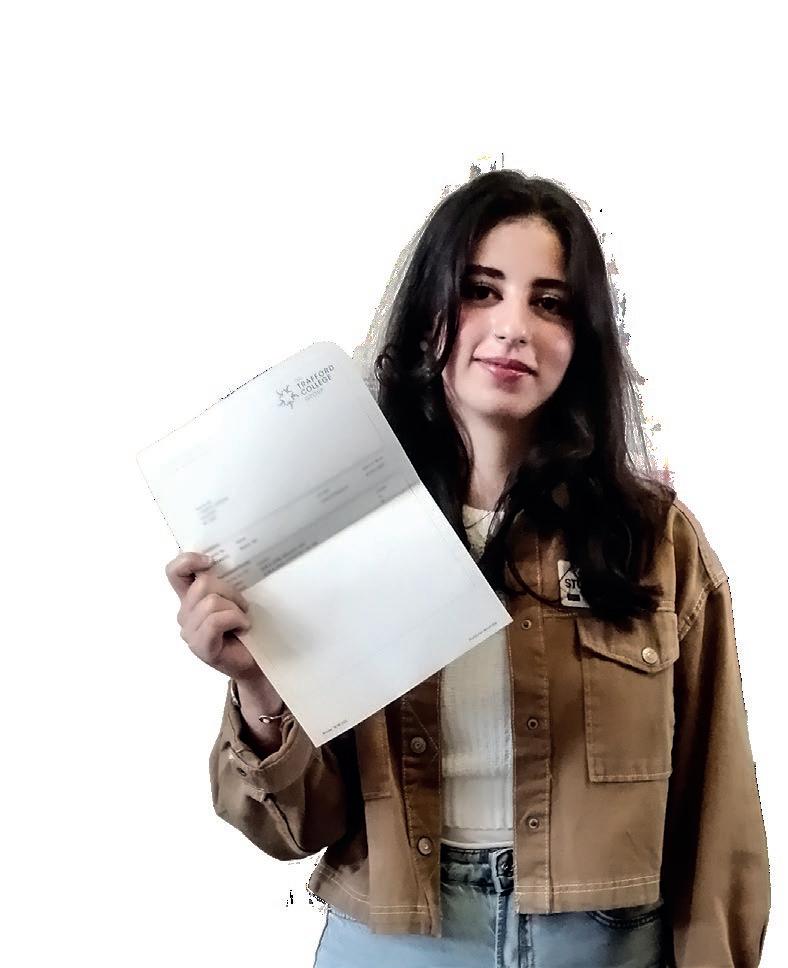
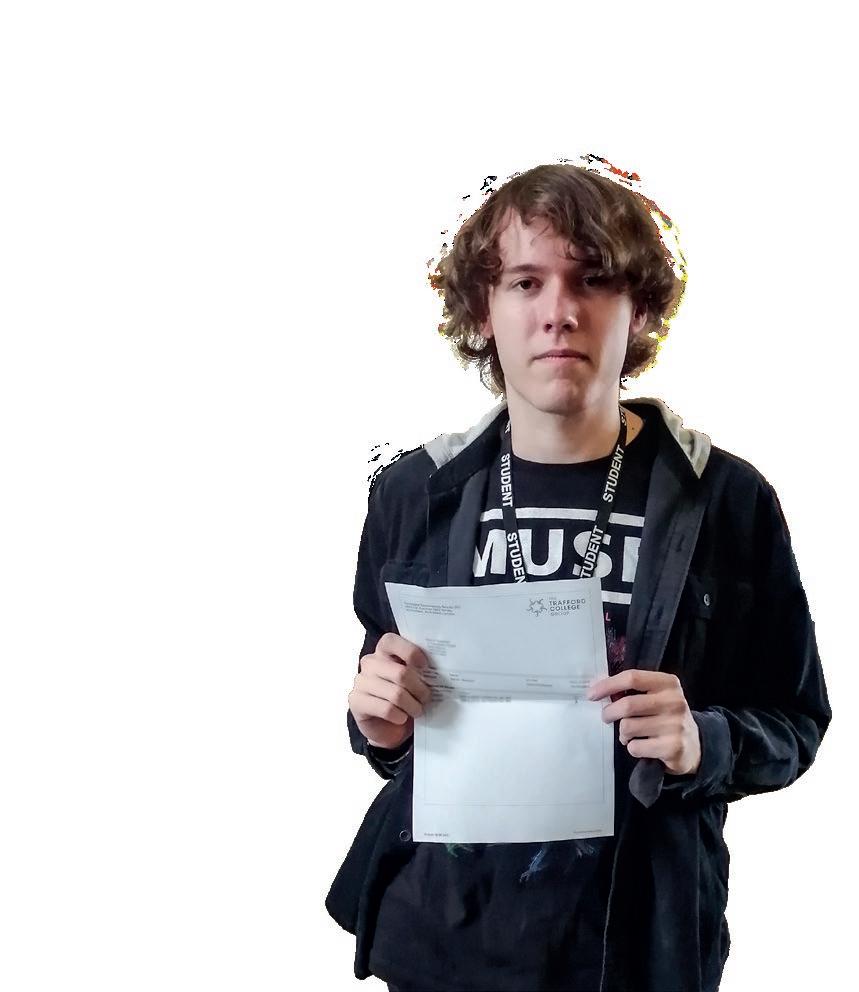
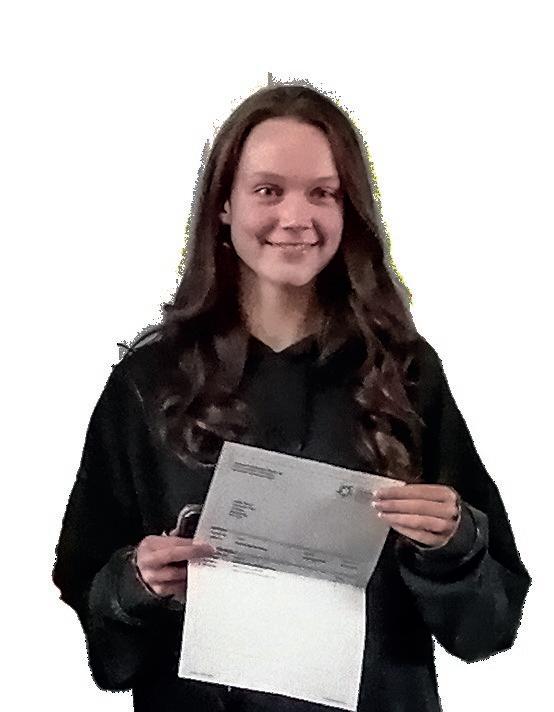

We are The Trafford College Group. We were formed by the union of Trafford College and Stockport College in 2018, and in 2020 we were joined by The Cheadle College and Marple Sixth Form College to support the learning and ambitions of people and organisations across the two boroughs of Stockport and Trafford.
We have nearly 13,500 learners across our five campuses in Stockport and Trafford.
With a campus in both Altrincham and Stretford, and nearly 200 courses available, offering everything from A Levels to T Levels and vocational qualifications, as well as apprenticeships and adult education, Trafford College is one of the biggest education providers in the borough.

At Trafford College, we have a course for everyone, so whatever your ambitions are, we will be able to help.

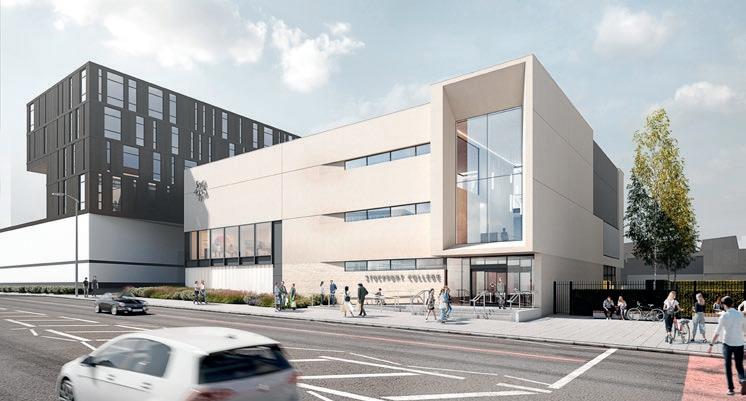
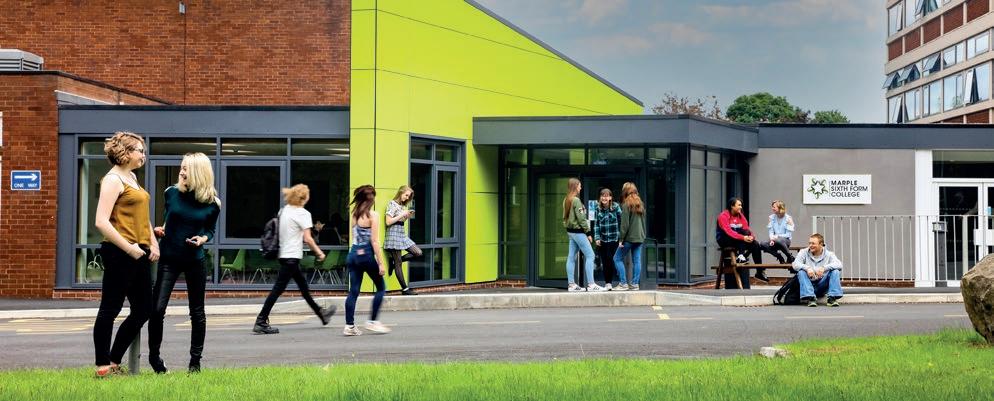
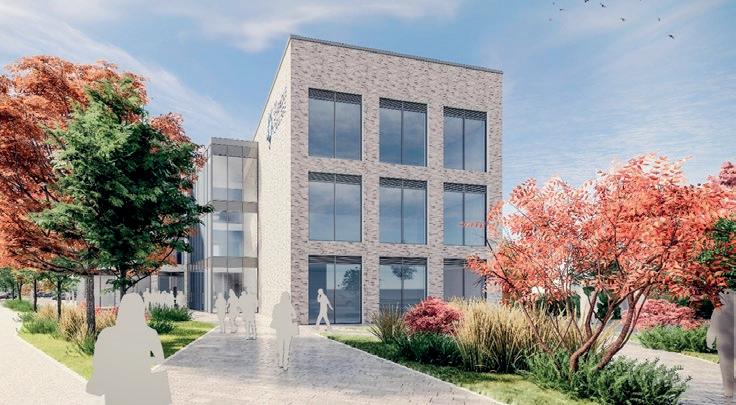



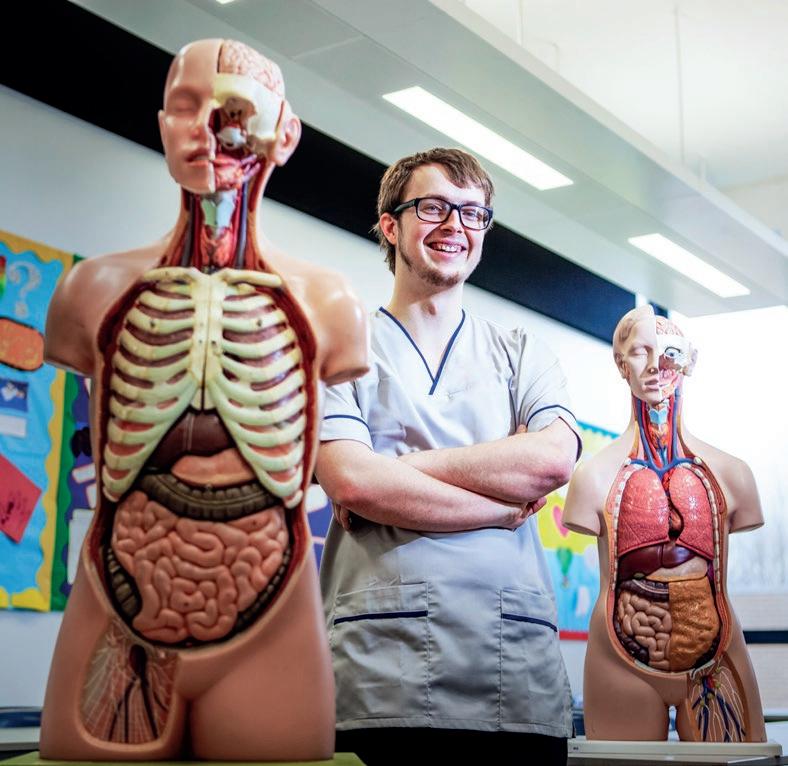


We have a range of support options available. Whatever you need help with, we’re here for you.
We offer a wide range of personalised support to ensure you can fully access the college and your course. We will help you to find the strategies that work for you during your time with us and in your future career.
We have a range of financial support packages that you may be able to access depending on your circumstances. If you’re a student aged 16-18 then you do not pay any tuition, registration or exam fees, but you may be required to purchase courserelated resources during your studies.
We provide you with opportunities to develop the knowledge, skills and attributes needed to make positive career choices. The Careers Programme is tailored to the needs of individual students and provides a range of activities prior to enrolment, on programme and as part of your progression at the end of their course.
English and Maths are the heart of our curriculum offer. We want to make sure that everyone can participate successfully, achieving your goals and maximising your potential, which is why we have an inclusive approach and setting. We’ll work in partnership with you, your parents/carers, and teaching and support teams to remove any barriers to learning.
Trafford College is proud to partner with our local community organisations. We have an established Community Partnership to help support our students’ challenges, and also to work with us to deliver opportunities.
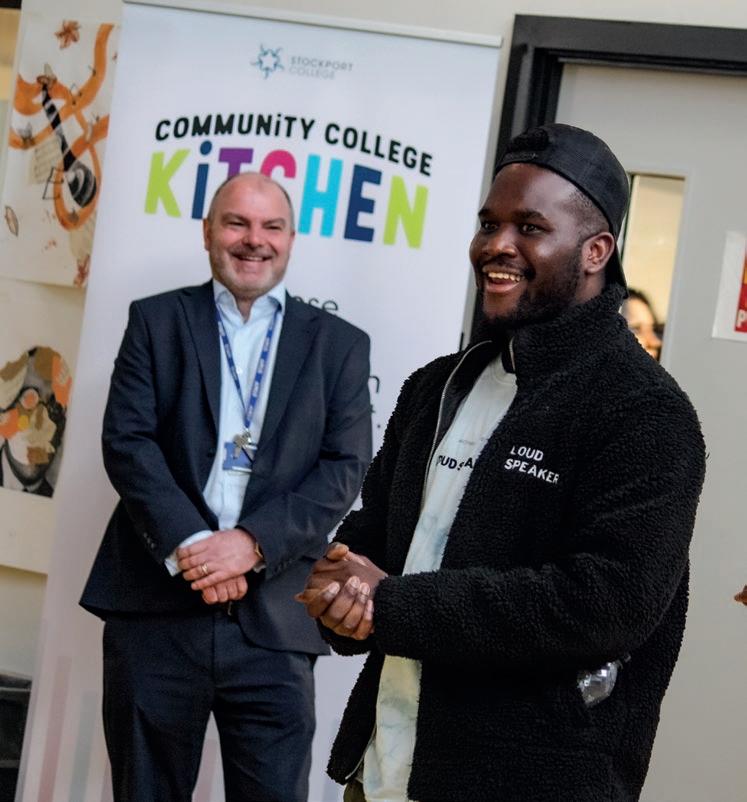

We partner with a range of organisations, and they provide a valuable insight into how we can be a central part of the thriving community of Trafford. Some of the experiences with our partners include tutorial delivery, bespoke workshops, cultural opportunities and development of confidence and resilience, which we believe will support you in your future life choices and career options.
Working closely with our communities has meant we have been able to enhance our students’ learning journey and enrich their student experience.
To find out more and to see the full range of our partner organisations check out our website.
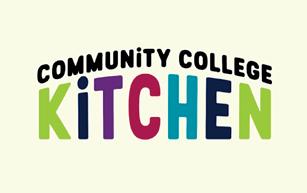
We are well aware, as an organisation, of the challenges our students and their families face each day.
In responding to that we have developed a co-operative in partnership with our community partners, to help remove the everyday barriers to a successful student experience.
We are proud to be able to offer a “just ask” service, which our students can access discreetly from their student SharePoint, where they can request everyday items which may have created a barrier to their focus on education. Items include, food staples, personal hygiene products, hot meal vouchers and any other essentials.
This cooperative way of working means our students can access the support they need and in addition, have the opportunity to support their community by volunteering.
We provide a personal, professional development programme that is engaging and challenging for all our students. You will be given the chance to learn a variety of new and interesting skills, which will aid you when applying for jobs or places at university.
We truly believe that an excellent study programme along with enrichment is your key to future success. College is also about building friendships and creating memories that will last a lifetime. From local and international trips to sports clubs and student societies, our enrichment offer gives you the chance to get the most out of your time with us. Here are some of the clubs and societies that students have asked for in the past so if you’ve got something you’d like to see put on just give the Student Experience Team a shout during your induction with us.
We value the ideas and opinions of all our students. In our Equalities Council, you’ll have a platform to express your views on local and national issues, and even take ideas to local government to be presented to Trafford Council government officials. You can engage with the British Youth Council and respond to the Make your Mark campaign. Engagement with political literacy and democracy supports our college and British values.
On top of all that is the opportunity to volunteer and support our local community with our trusted community partners. Interested? Then get involved, build your critical thinking and presentation skills, make links with your local community, and support your career development and work-ready skills.
The Green College Assembly is here to make your ideas and suggestions about creating a greener, safer world a reality, for our college and local communities.
It only takes two minutes to change the world, to show how small changes in our lives can make a huge difference. Through the Green College Assembly, we lead young people’s discussions through the Greater Manchester Combined Authority on the environmental issues you are passionate about.


The Duke of Edinburgh Award is the world’s leading youth engagement award. You can take part in volunteering, physical and skilled activities as well as an expedition that will transform your life. The award can be done alongside your study programme with just a small amount of weekly input and big rewards.
In a recent survey of universities and employers, the Duke of Edinburgh Award ranked highest in a list of extracurricular activities that they would like to see on someone’s personal statement or C.V.!



Our Hospitality and Catering department is not only famous for its award winning facilities and students (see pages 28-31), our reputation also attracts award winning chefs who give up their time to teach and inspire our learners.
Students benefit from the partnerships we have built over the years with local and national organisations, industry leaders, executive and celebrity chefs.
One example includes when we welcomed, celebrity chef and TV presenter Simon Rimmer to Trafford College, along with chef James Heart, to give our Catering students the opportunity to work on a fine dining menu.

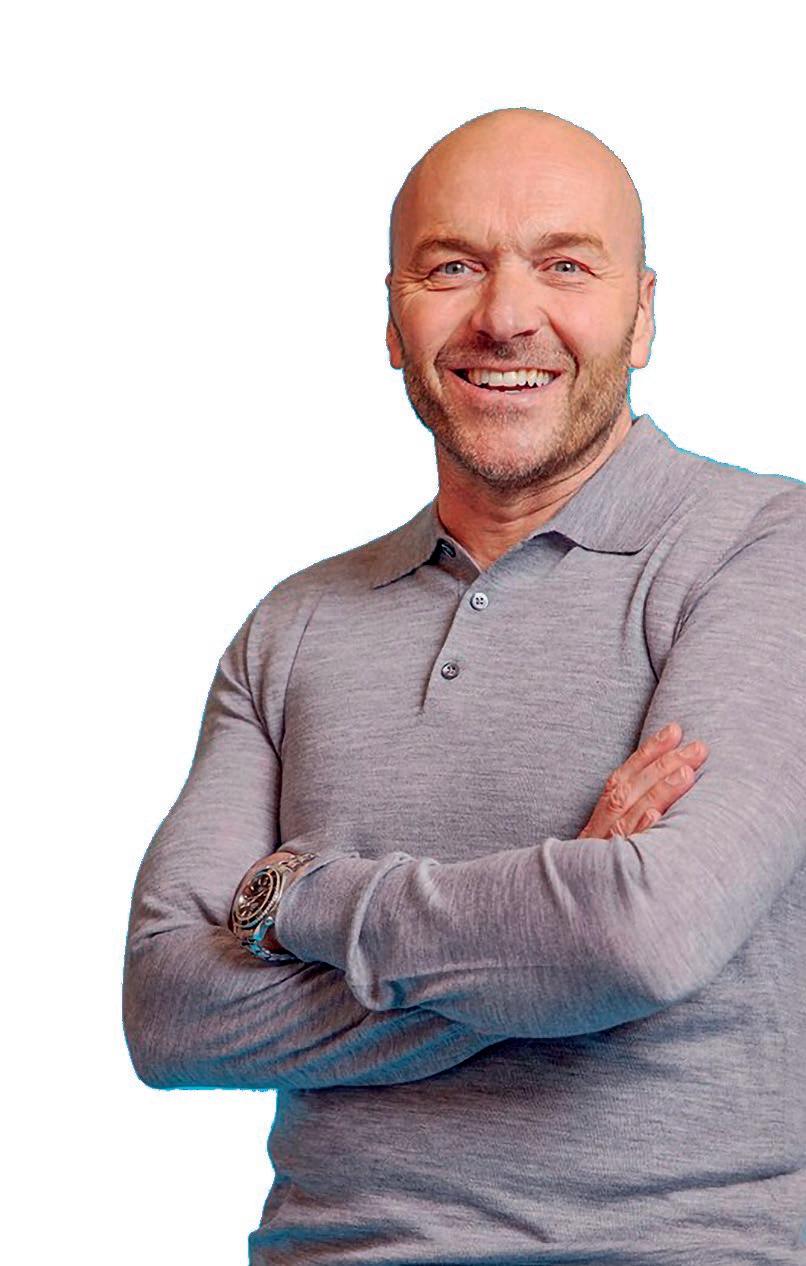
The employers worked with our learners to produce food for a fine dining event as part of Greens restaurant. Our students had the chance to experience and get involved in the preparation of high-class food, working alongside Michelin-trained chefs James Heart and Anthony Shirley.
Currently, we have one student apprentice with Greens, and we are looking to establish a chef’s academy in future.

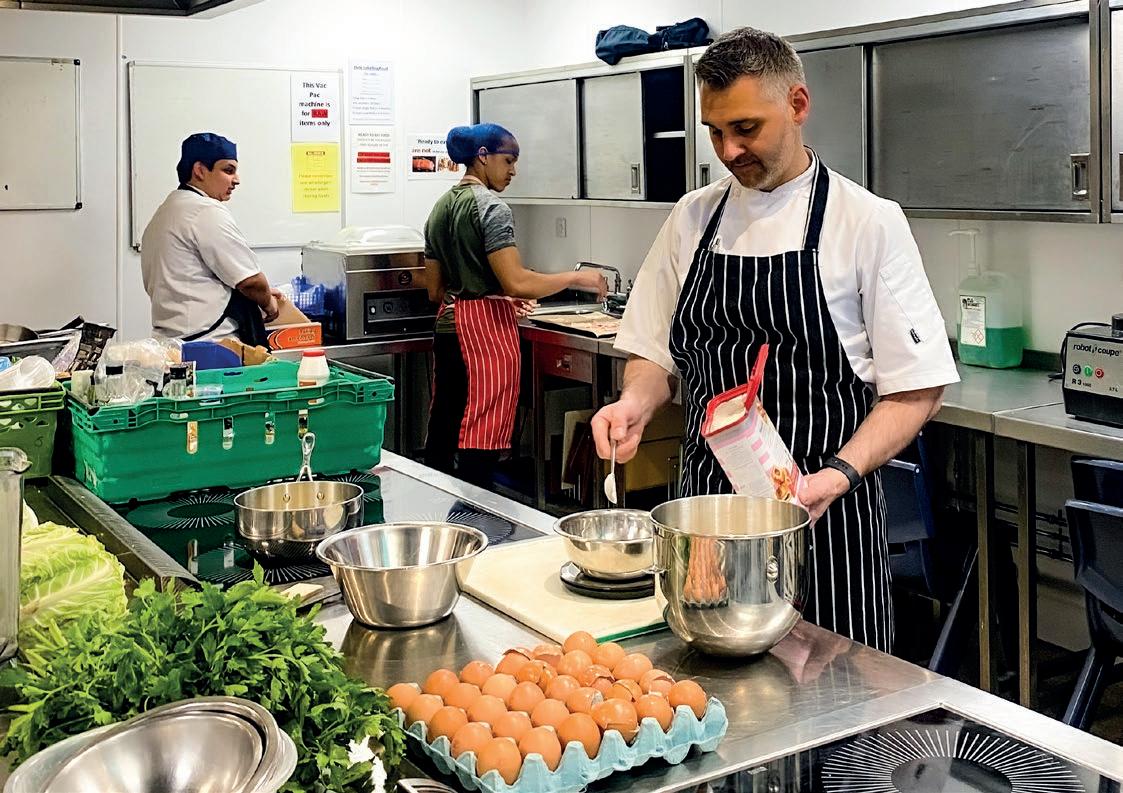
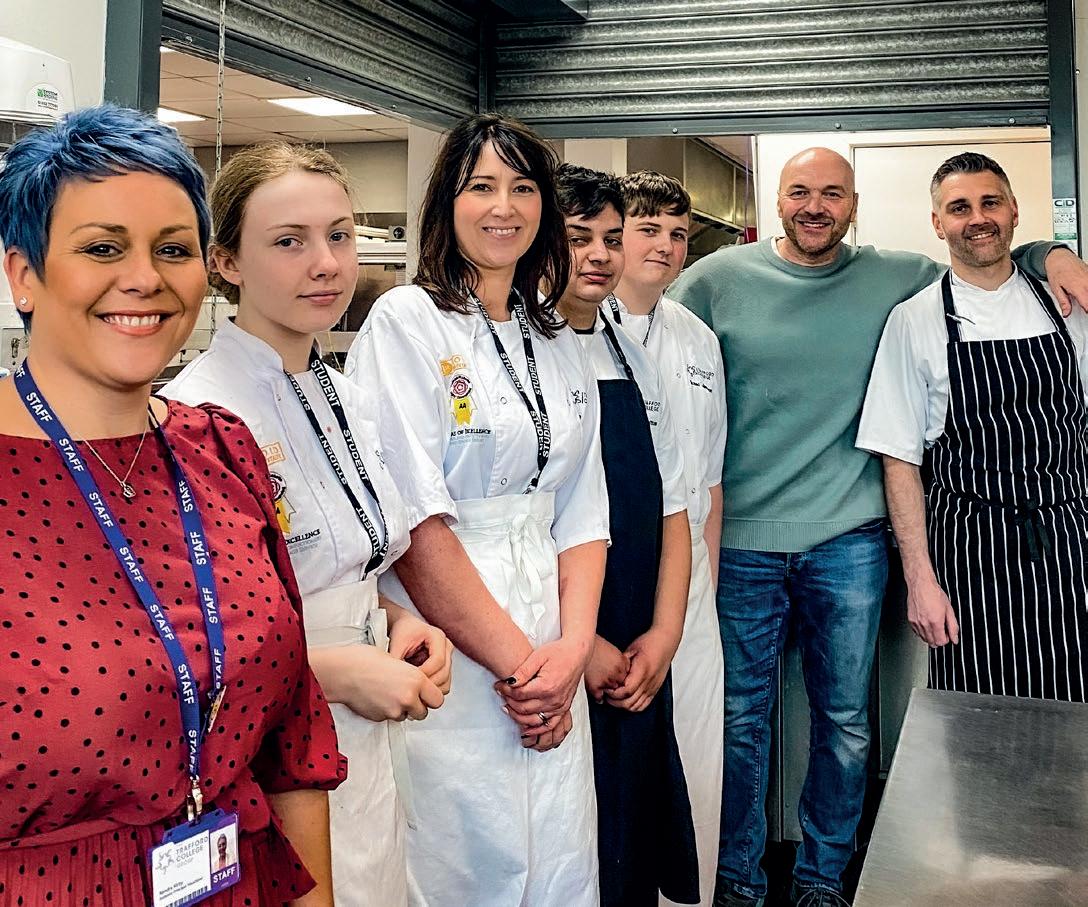
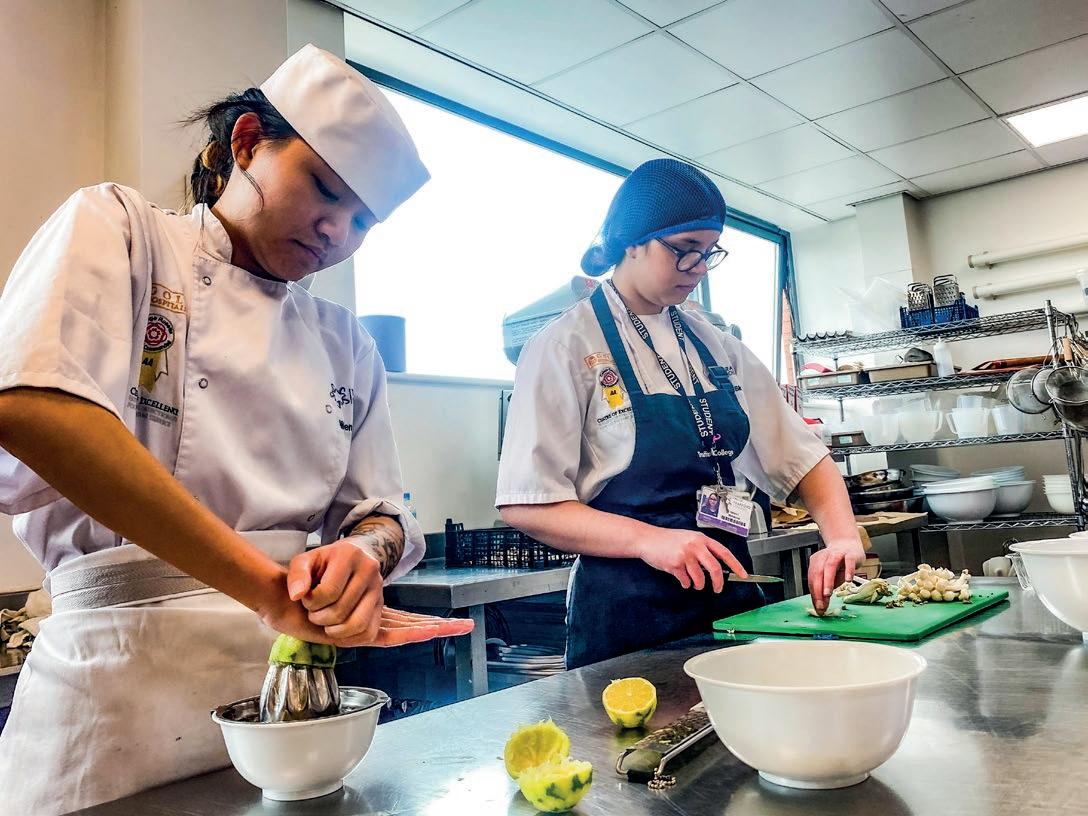
We are committed to helping you to achieve your ambitions, whatever they might be, and have a range of ways to support you with your next steps:

Every course will also have a programme of guest speakers from industry who will visit your classes to share with you their professional experiences and what is important in making yourself a success.
We offer volunteering opportunities for you to gain new experiences, develop teamwork and communication skills, support your community, and build your CV. We also support an annual charity which is chosen by staff and students at the college where you can be involved in fundraising activities and build your skills.
All full-time students will have a minimum entitlement of 36 hours of work-related learning per year, and for many of our students this is far greater.
This may include: > Work experience
Internships
Guest speakers
Employer-led projects
Volunteering
Trips and visits to the workplace

An apprenticeship is a real job where the student, who is called an apprentice, learns specific skills and understanding, gains experience and gets paid.
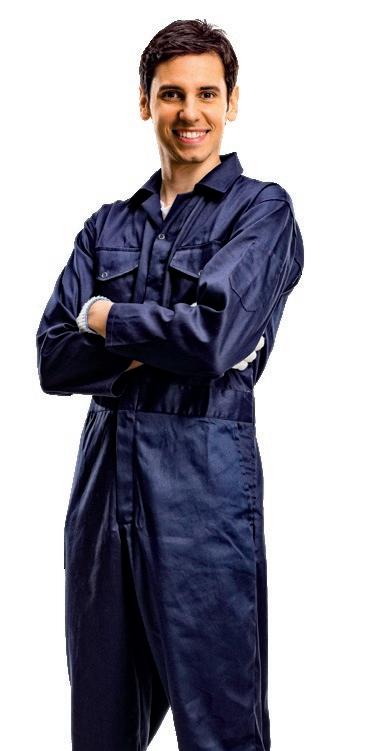
An apprentice is an employee with a contract of employment and holiday leave. By the end of an apprenticeship, the successful apprentice will have the right skills and knowledge needed for their chosen career. It can take between one and six years to complete an apprenticeship depending on which programme is chosen, what level it is and the apprentice’s previous experience.

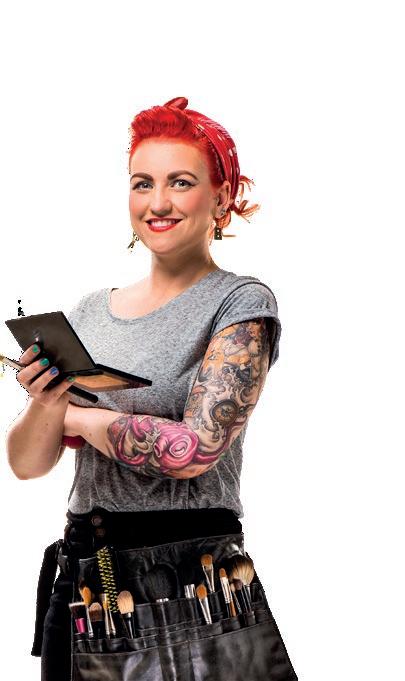





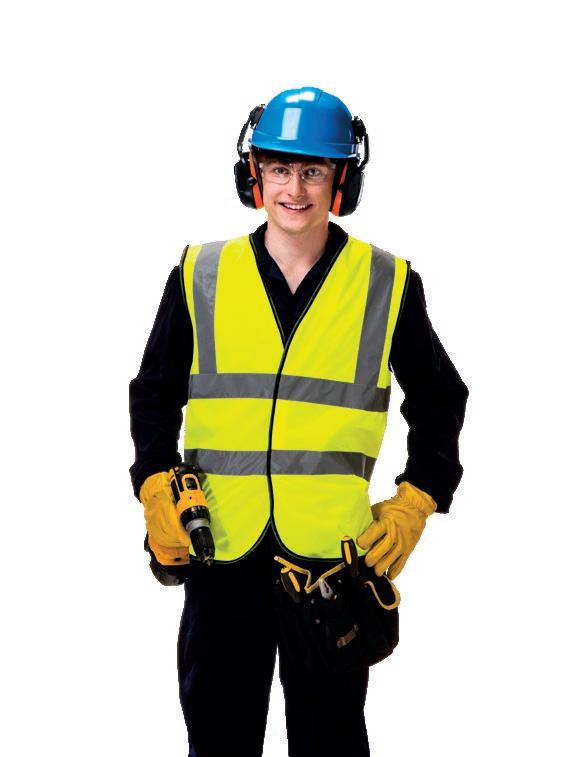
Each apprenticeship has a defined contents and structure which is referred to as the ‘standard’. The ‘standard’ ensures that all apprenticeships offered by different providers have the same outcome.
The Trafford College Group offers over 50 standards. An apprentice will have training provided by expert staff, as well as being mentored and supported by their employer. The employer and the college will work together to ensure that the training package meets the needs of both the employer and the apprentice. In turn, this will support the apprentice to become occupationally competent in their chosen career.
Apprentice vacancies are often advertised like a normal job and are updated regularly. Check out our website to see our current apprenticeship vacancies.


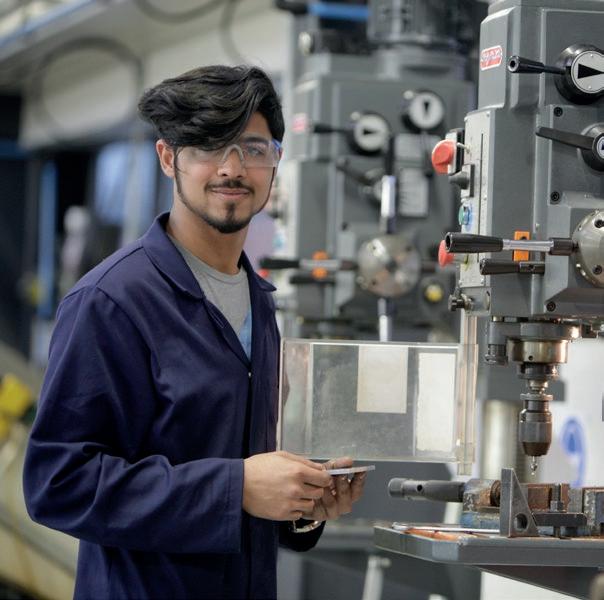
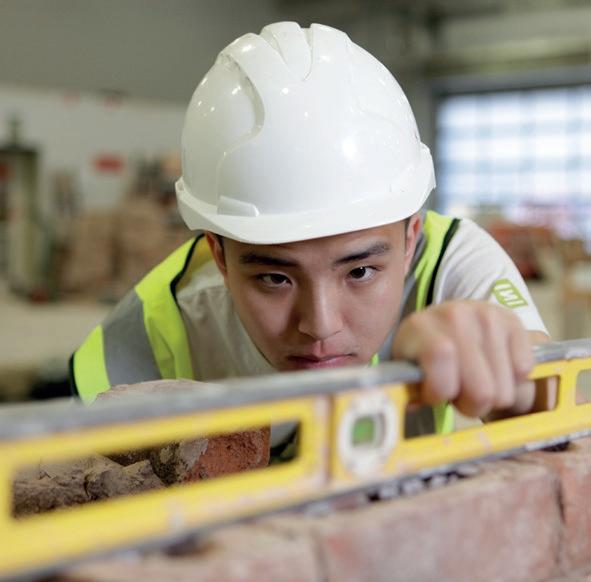




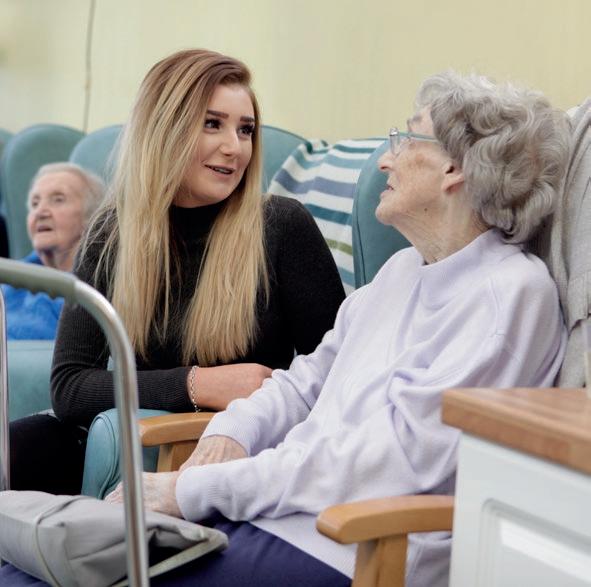






We offer a wide range of courses from Entry Level through to University Level, which means that there is a course available for you at an appropriate level. We are committed to ensuring that no matter what your qualifications, you can still progress and achieve your career goals at Trafford College.
Entry requirements are a guide to which level of course will be right for you. In order to be accepted on your chosen course, you must meet the minimum requirements for that level of study.
No formal entry requirement or qualifications are required to enrol on an Entry/Level 1 course, however, we expect all of our students to demonstrate a willingness to learn and work and the behaviours and attitudes that will support their progression and success.
4 GCSEs grade 4 or above including English and/or maths.
5 GCSEs grade 4 or above including English and maths. Potentially science for some cases/some specific courses.
5 GCSEs grade 5 or above including English and maths.
The entry requirements for certain courses may vary slightly from what is listed on these pages. Please see the individual course details within the course pages of this prospectus.
Trafford College has two campuses, one in Stretford and one in Altrincham.
If you are 16-19 and in full time education, you may qualify for a Scholars Permit, which allows you to pay the concessionary fare for bus journeys, or reduced fares on train and tram journeys between your home and college. You can get an application form from Customer Services at college, any Greater Manchester Travelshop, or by visiting tfgm.com
Train, Metrolink and bus operators also offer discounted weekly, monthly, termly and annual season tickets for students. These tickets can be used for multiple journeys at any time and are valid anywhere in Greater Manchester, not just between home and college. These tickets can be purchased online from the relevant transport operator or at your local Paypoint outlet. Visit paypoint.co.uk for locations.
System One Travelcards can be used on virtually all public transport services in Greater Manchester, regardless of which company runs them. If you are aged 16-26 and in full time education, you will need to get a System One student membership card to buy student bus passes. These Travelcards can be purchased online at systemonetravelcards.co.uk or at your local paypoint outlet. Visit paypoint.co.uk for locations.
the Greater Manchester area can use an Our Pass which gives them free unlimited travel on all buses in the Greater Manchester area.
To apply for an Our Pass visit ourpass.co.uk
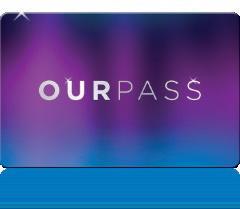
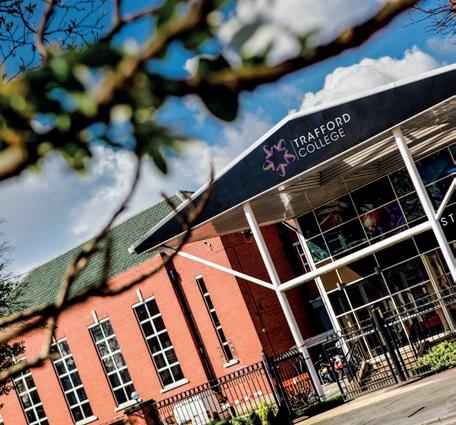
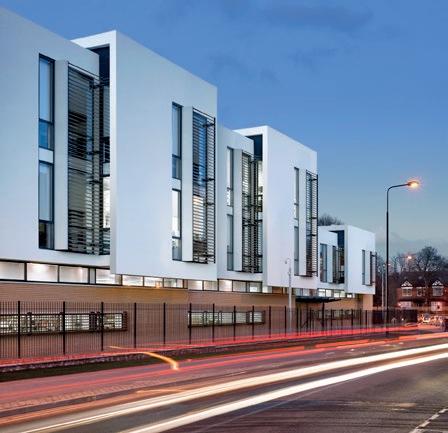

Altrincham Campus has a university feel and a dedicated Sixth Form Centre, offers Mac computer suites, an award winning à la carte restaurant with industry-standard kitchens, a professional salon and spa, photography studios and more.
We go above and beyond to ensure our students have all the resources you need to succeed at college and compete in your chosen career.
There is also an opportunity to relax and meet friends in our on-site Costa Coffee and Café Retreat, and to grab some quiet study time in the library and Learning Resource Centre.
Our dedicated creative arts centre is home to a full spectrum of specialisms. From traditional fine art and ceramics to green screens and dark rooms, mac suites, CAD, AI and VR specialist equipment you can specialise in your chosen area and look to forge your career. Notable alumnus includes Paul Shipper who studied with us and has gone to a hugely successful career in Hollywood producing work for legendary director, Steven Spielberg.
Aspire is our award-winning restaurant run by college students. Deservedly achieving a ‘Highly Commended’ AA College Rosette for our commitment to providing industry standard training, we have also been recognised as a ‘Centre of Excellence’ for food and beverage service, and patisserie.
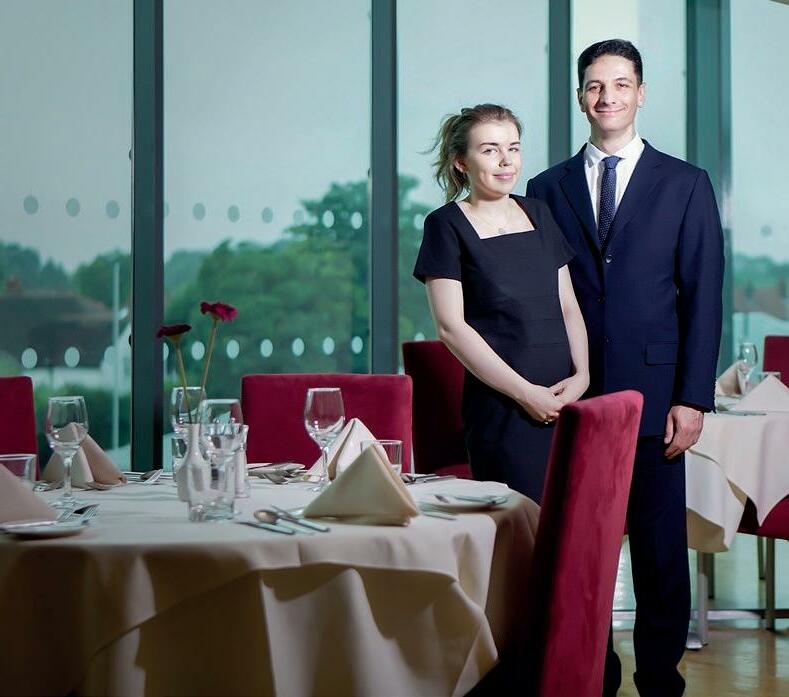
Combining an outstanding learning environment with your ambition is a recipe for success just as it has been for some of our ex-students. Whether it’s appearing as a Masterchef finalist and then becoming an Executive Chef like Exose Grant, or an award wining sommelier like Alex Finn, or a WorldSkills medal winner and now a pastry chef at Harrod’s like Ben Metcalfe, we want to know, what will you become famous for?
Our Enhance studios has its own dedicated hair salons, treatment rooms, sauna and spa across two floors of the college campus. We are partners with renowned beauty and skincare brand, Elemis UK, so that we can provide our students and their customers with the very best the industry has to offer.
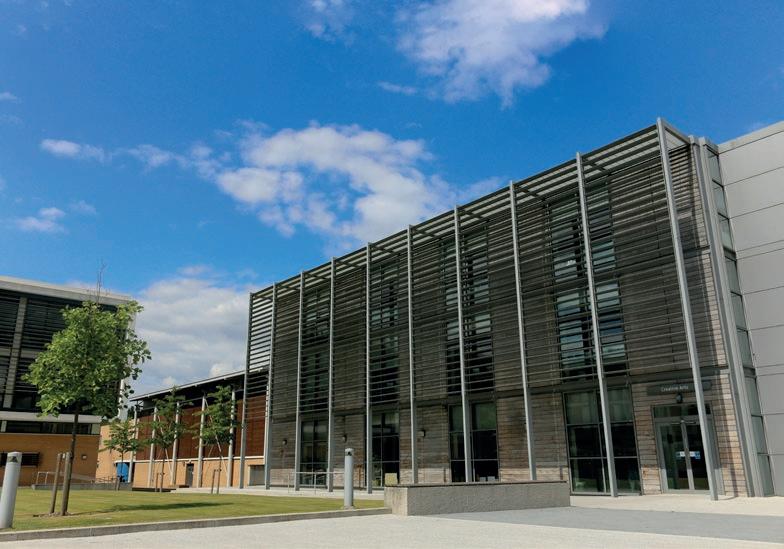
Our students regularly win medals at WorldSkills UK competitions where only the very best talent from across the country is selected to showcase their skills. This commitment to achievement inspires our students to excel such as alumnus Adam Fox who studied Hairdressing with us and is now the owner of the multiaward winning salon, ‘Northwich Fox Hairdressing’.
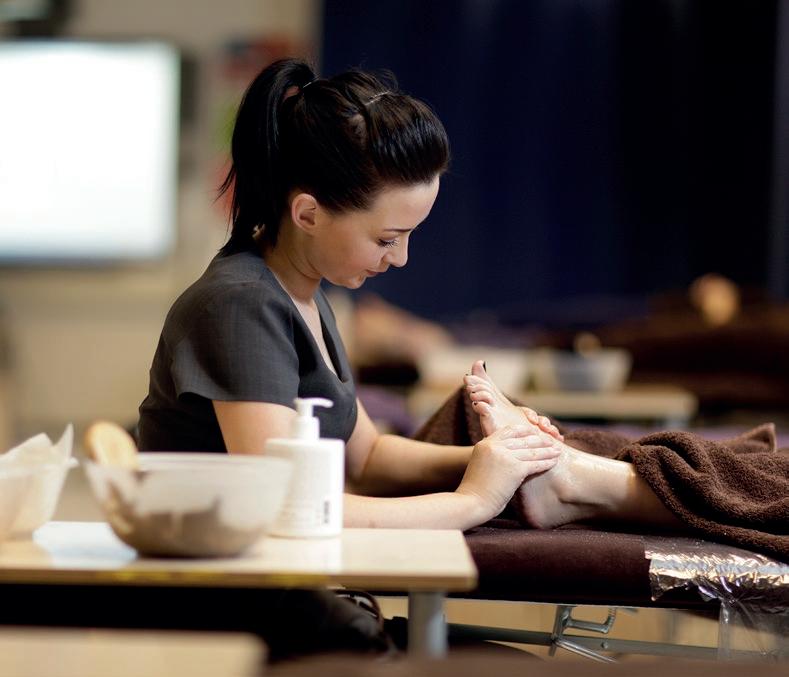
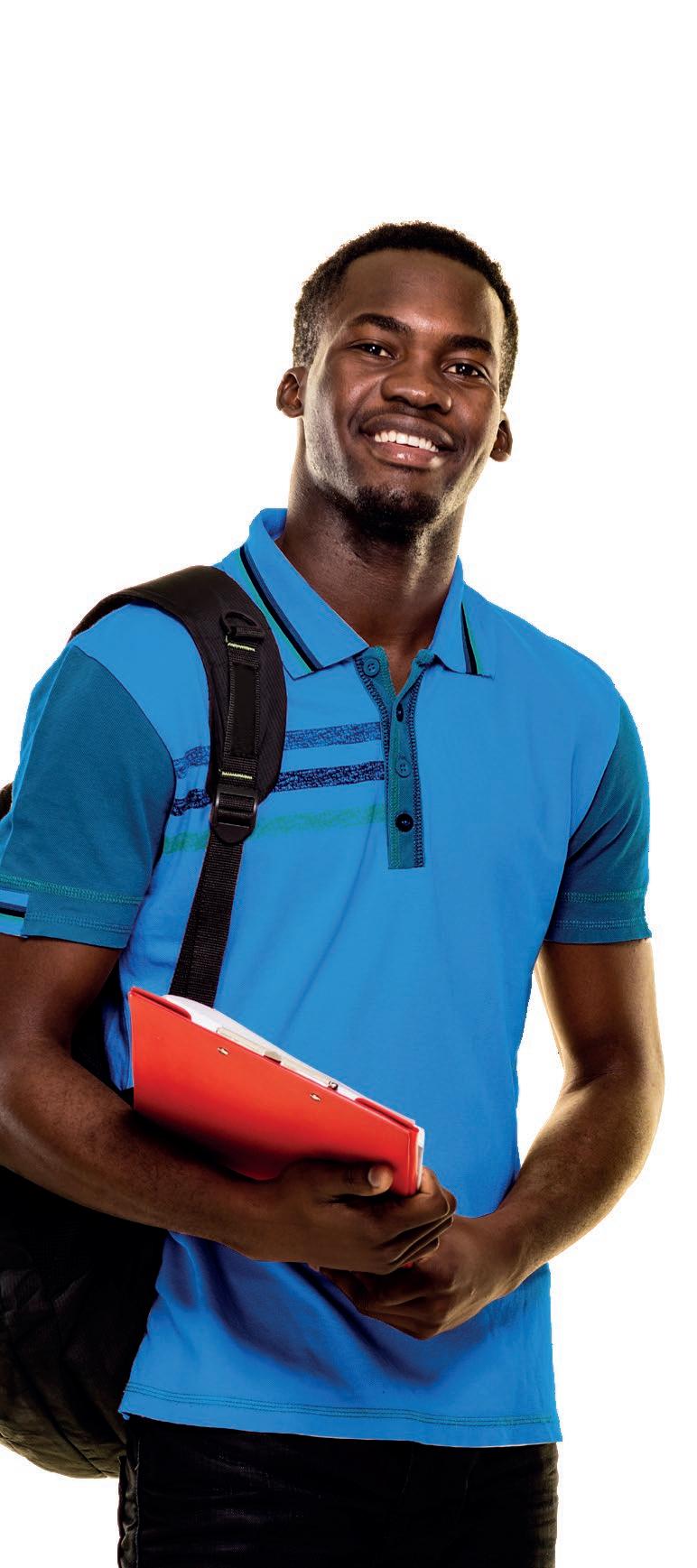
We spoke with some our of current students who are studying in some our ‘famous for’ learning environments across Hospitality, Creative Arts and Hair & Beauty, so you can hear from them about what it’s like to study with us.
I would recommend my Professional Pastry Chef Level 2/3 courses to a potential student; the tutors are amazing at doing everything in their capability to help you progress and grow as an individual. Also, the work atmosphere was fun and collaborative when we worked in groups. The skills I’ve acquired at college have contributed to my current work as I have recently been promoted in my workplace and been given manager responsibilities at just seventeen! I would never have won my bronze medal at the World Skills Competition if it wasn’t for my experiences at college.
I hope to find employment as a pastry chef in a successful and reputable London hotel where I will be able to gain the experience and training needed to travel globally doing patisserie work.
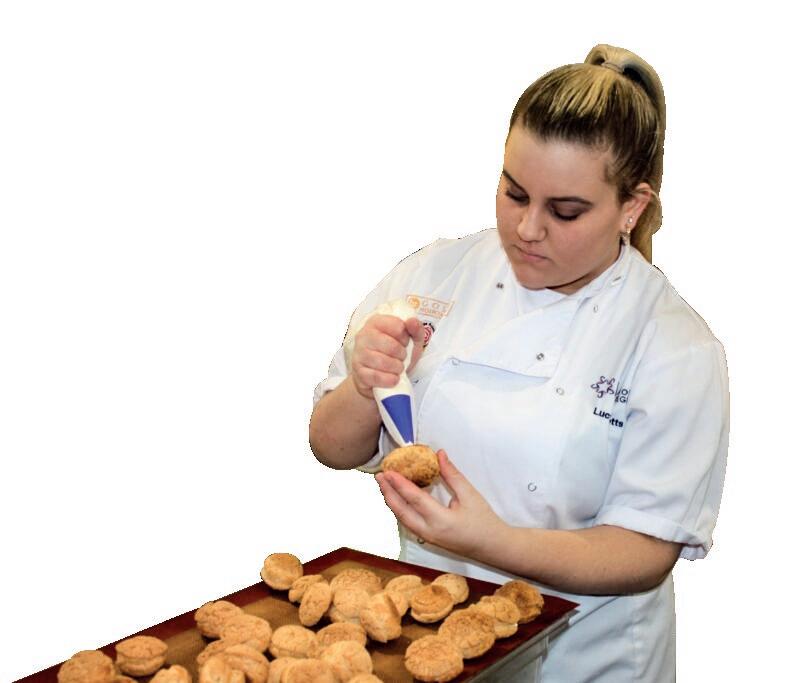

My experience at Trafford College has been amazing so far. I’ve had a great mix of constructive feedback and positive encouragement.
I’ve really enjoyed being able to choose which elements of Art I study, my last two projects have been highlights for me, as they included an element of freedom.
I’m currently looking at studying Art at university.


The college and lectures have more than met my expectations and have given me a solid platform for progressing in the beauty industry.
The reputation of Trafford College has already provided me with work experience. I was given the opportunity to be a student representative and leader at Trafford College, and I have been involved in beauty therapy competitions – this is my highlight!
Trafford College gives you plenty of opportunities to strive for future goals. I am now able to further my qualifications at college by going on to study Level 4 Therapy, with the hopes that one day I can set up my own salon.
I chose to study here because the college offered a much more suitable course for me, that being a full-time student in the ‘Digital Content Creation’ Level 3. The college also offered great industry-standard software and flexible facilities to use.
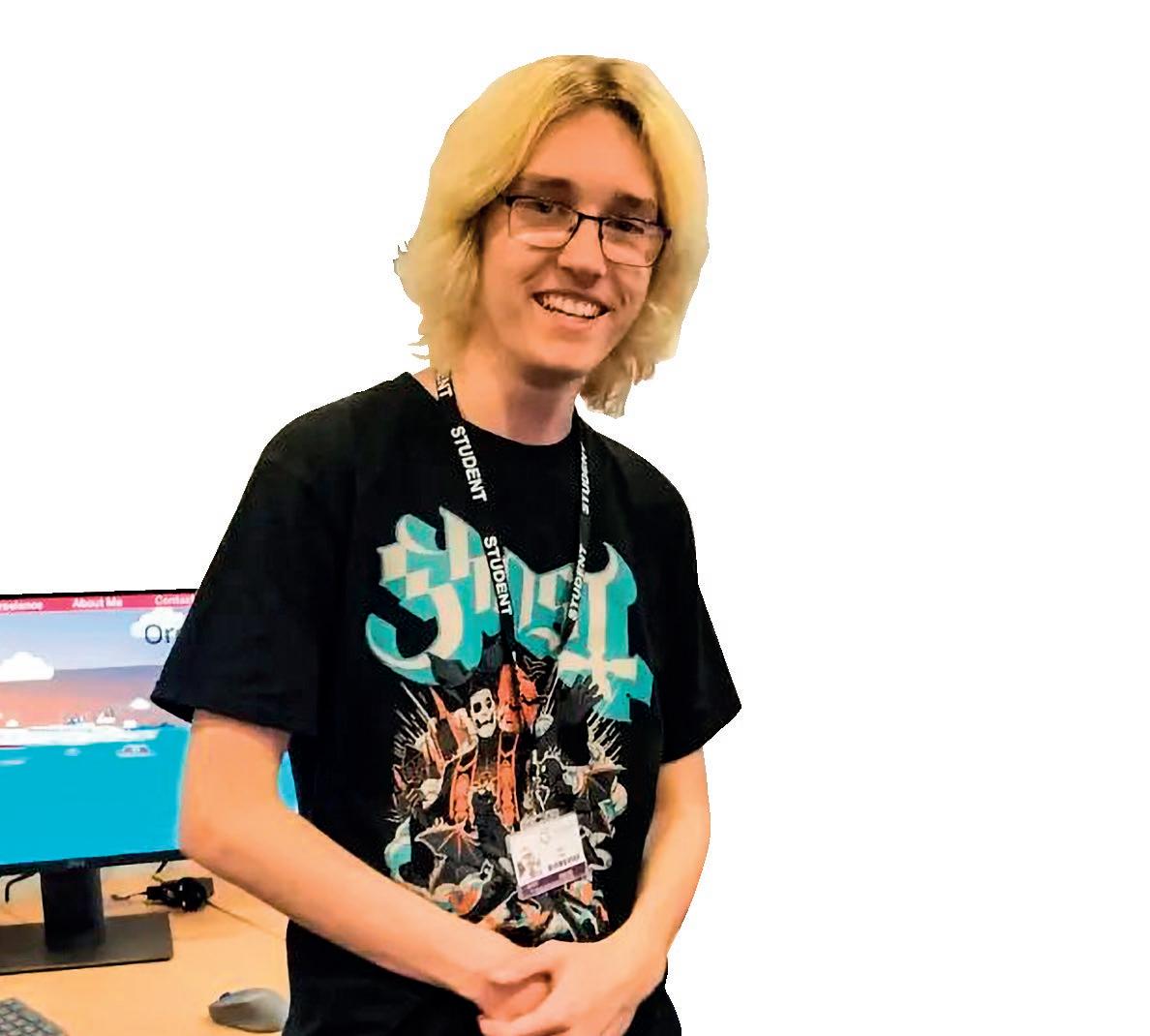
I would encourage people to apply for a course at this college because I believe it’s much more welcoming due to the variety of courses you could enrol for. Furthermore, this college is very supportive of social skills and helps you to find a concrete career pathway.
After college I’m going to Futureworks, Salford, where I intend to study Post-Production for Film & TV. I have already been accepted under an unconditional offer from the university, which I am extremely pleased with.
A Levels are studied over two years and you will generally choose three subjects to study. Some A Levels have coursework but are mostly graded through exams. A Levels are a great option if you want to find more out about subjects you’re interested in, in a greater depth, but don’t want to specialise in a particular subject yet. Studying A Levels can lead to university, training, further study, degree apprenticeships or employment.
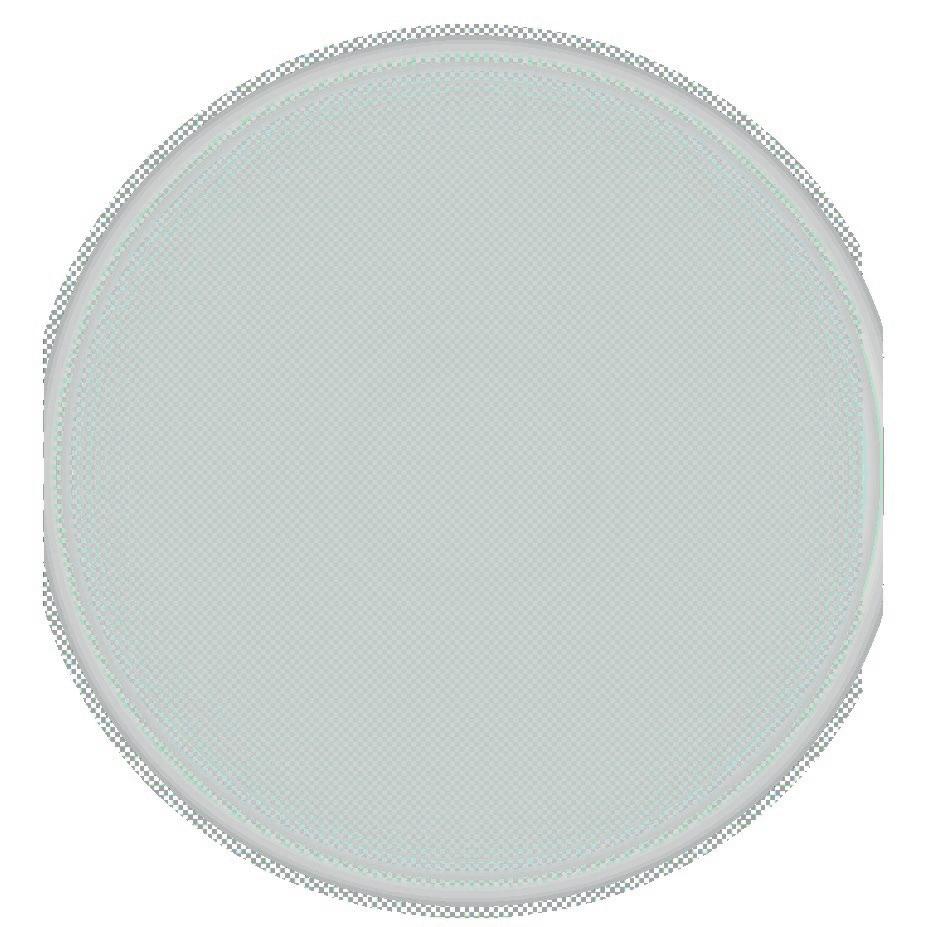



Vocational courses help you to develop real-world, knowledge, experience and skills. These courses are a great choice if you already have an idea of your future career and will give you a head start when applying to university or looking for employment after you finish with us. Vocational courses may have some examined elements but are mostly assessed by coursework.

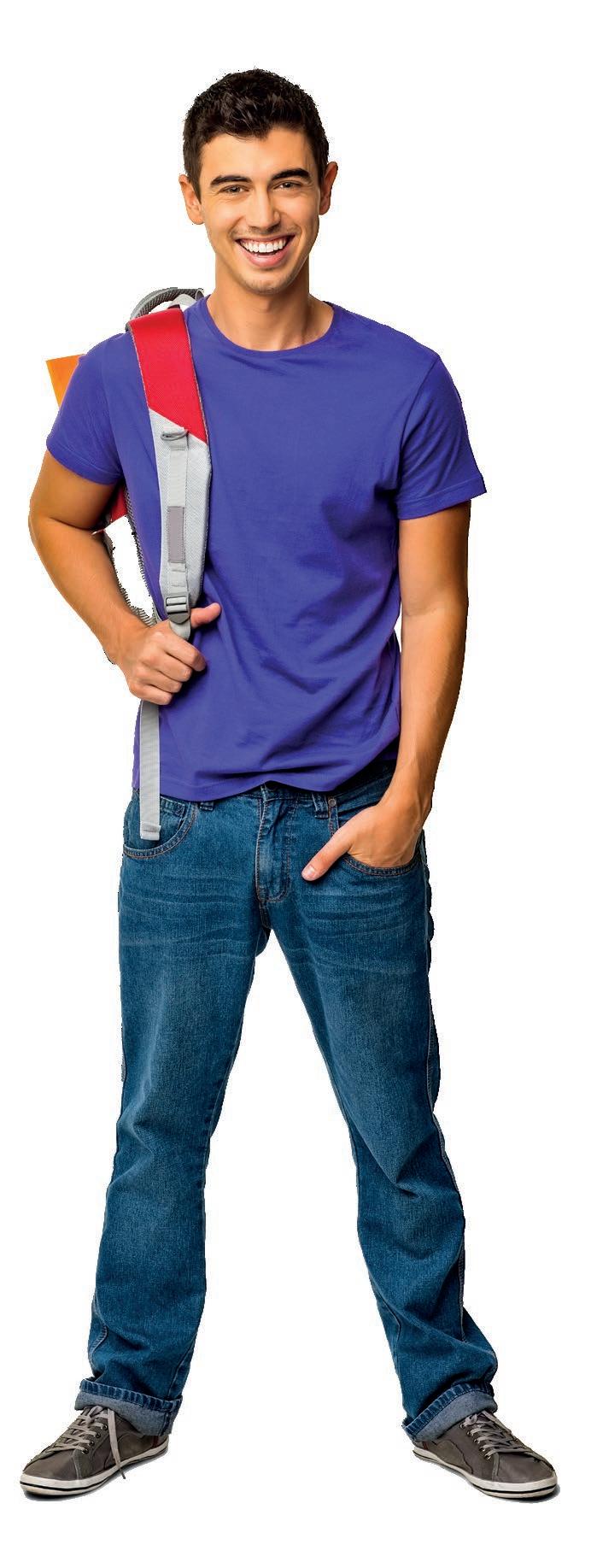
Our Altrincham Campus has a variety of different study routes available and it’s difficult to know which one would suit you best. Take a look at the information to get an idea of how the routes are different and which one you might prefer. You can also chat to one of our School Liaison Officers who are out visiting schools or our Careers Team at one of our Open Events if you have any questions about the right route for you.





Looking to start work now? Then an apprenticeship could be for you. You’ll learn on the job and pick up a recognised industry standard apprenticeship qualification. You will earn a salary and spend 20% of your apprenticeship completing necessary training and courses to support you in your role.

T Levels are a relatively new qualification and are a high level, technical alternative to A Levels. Like A Levels, they are studied over two years, but they combine the careerfocused elements of vocational courses with the theory and study of A Levels. A key feature of T levels is their extended industry placement where you will spend at least 45 days with a local employer, relevant to your chosen area of study.
Find out more about what’s involved in studying a T Level at trafford.ac.uk/t-levels


If you have a passion and flair for art, then this is the course for you. You will extend your knowledge and understanding of art and art movements, whilst exploring ideas and advancing your skills within your practical work.

You will be introduced to a variety of experiences, exploring a range of media, processes, and techniques. The syllabus includes drawing, painting and mixed media approaches, as well as a range of printmaking techniques, including relief, intaglio and screen print processes.

To support the delivery of theoretical and contextual studies, the course includes a programme of external visits, guest speakers and two residential visits; you will have a three-day visit to London in year one, and a five-day European trip in year two.
Successful students are guaranteed a place on the Foundation Diploma in Art & Design at Trafford College. Alternatively, you can apply directly for degree level programmes in a related subject.
In the first year of the course, you will study biochemistry, cells, and development as well as gas exchange and transport in both plants and animals. You will also study the environment, how variation helps species to survive and look at Darwin’s work.
In the second year you will add knowledge of photosynthesis and respiration, energy transfer, the nervous system, homeostasis, genetics, and gene technology. Biology is best combined with at least one other mathematical or scientific subject, including psychology, to develop a core range of skills.
Biology is an essential qualification for several health-related courses. It also develops valuable practical and problem-solving skills that are useful for employment and higher education.


ENTRY REQUIREMENTS: Five GCSEs at grades 9-5 including maths and English, plus 2 science GCSEs at grade 6
LENGTH OF COURSE: Two years
ASSESSMENT: Exams held at the end of the second year. Also practical reports completed over the two-year programme
TYPE OF COURSE: A Level
In the first year of the course, you will study atomic structure, bonding and enthalpy as well as being introduced to organic chemistry.
In the second year you will add knowledge of analytical techniques and look at more complex examples of organic and physical chemistry. Chemistry is best combined with at least one other mathematical or scientific subject, including psychology.

Chemistry is an essential qualification for a number of health-related courses. It also develops valuable practical and problem-solving skills that are useful for employment and higher education.

ENTRY REQUIREMENTS: Five GCSEs at grades 9-5 including English Language, as well as maths and 2 science GCSEs at grade 6
LENGTH OF COURSE: Two years
ASSESSMENT: Exams held at the end of the second year. Also practical reports completed over the two-year programme
TYPE OF COURSE: A Level
Equivalent to 1 A Level, Applied Criminology looks at the types of crime that take place within our society and examines how we decide what behaviour is deemed ‘criminal’. It also looks at the roles of the personnel involved when a crime is detected.
During the first year you will look at different types of crime, influences on perceptions of crime and why some crimes are unreported and in year 2, you will start by gaining a deeper understanding of the criminal justice system, from crime scene to courtroom. You’ll also look at the different processes and personnel involved from the moment a crime has been identified, all the way through to the verdict. Great subjects to consider studying alongside this qualification include Sociology, Psychology and English.
This course has been designed to prepare students for University study in Criminology and similar fields. If you have aspirations to work in the Police Force, legal profession or forensic sciences, or have a keen interest in crime and criminal behaviour, then this course could be for you.

ENTRY REQUIREMENTS: Five GCSEs at grade 5 or above, including English and/or maths
LENGTH OF COURSE: Two years
ASSESSMENT: 50% internally assessed exams and 50% externally assessed exams. 100% Exam-based
TYPE OF COURSE: WJEC Level 3 Applied Certificate and Diploma

Look at the language around you. How does a baby go from one word to 2,000 by the age of five? How did you learn to speak and what do the words you use say about you? If you’re interested in the answers to these questions, then English Language is for you.
We’ll begin by looking at how you started to use English Language, how it’s used in everyday life whether spoken, written or electronic. You’ll look at what makes a good conversationalist and what makes a good listener. You’ll even get a chance to find out whether it is true that women talk more than men and do all the gossiping!
Once you’ve completed the English Language course, you will have picked up a range of useful skills including the ability to analyse, debate, create a strong argument and communicate effectively. These skills will prove highly useful when you continue with the subject at university and in employment. This specification is a good building block for higher education courses and careers in journalism, marketing, publishing, drama, academia, linguistics, and new media.
ENTRY REQUIREMENTS: Five GCSEs at grades 9-5 including maths and English

LENGTH OF COURSE: Two years ASSESSMENT: Two exams at the end of two years (worth 80% of the course) and 20% is coursework, focusing on creative writing and language analysis skills
TYPE OF COURSE: A Level
Story telling has been around for centuries and our understanding of life is often based on what we have read. English Literature focuses on the study of literature from both the past and the present.

It enables you to explore set texts in detail as well as giving you the confidence to investigate and express your own ideas. If you enjoy reading and writing and want to expand your knowledge and understanding of texts, then literature is the course for you.
Once you’ve finished English Literature you will have acquired a range of useful skills including the ability to analyse and evaluate literature. You will be able to articulate independent opinions and judgements and express these effectively. These skills will be useful if you decide to study English Literature, or any other subject, at university.

The world we live in is changing, Geography allows us to see why and how it is changing. The subject can also enhance communication skills, literacy and numeracy skills, IT literacy, spatial awareness, team working and problem-solving skills as well as environmental awareness.
You will study themes including water and carbon cycles, changing places and hazards. You will discover how your own actions can relate to the wider world, be it the local area or a country far away. During the course, you will complete an individual investigation which must include data collected from the field. You will be required to undertake a minimum of four days fieldwork and write up a 3,000-4,000-word report.
Employers value geographers because they develop skills in literacy, numeracy, IT and spatial awareness; additionally, you develop team skills and can articulate and analyse complex problems. Studying Geography opens a wide range of careers, including environmental management, business and marketing, development, and global issues.


History is an excellent A Level choice as it will help to develop your ability to think critically. In addition to gaining knowledge and understanding of the periods, themes and topics studied, you will also develop important skills including the ability to distinguish between fact and opinion and to make judgements. The course also provides you with the opportunity to develop research and communication skills. If you’re interested in developing a range of skills that will provide you with a firm foundation for a wide range of degrees or careers, then History is for you.

Once you’ve finished, you’ll have a range of useful skills including the ability to analyse, debate, create a strong argument and communicate effectively. These will be a really big help to you at university and in employment. A well-trained historian can deal with lots of facts, arguments and viewpoints and build up strong arguments. Employers rate the skills of a historian very highly and history students find employment in a wide range of jobs including research, journalism and the media, management, and public relations.
ENTRY REQUIREMENTS: Five GCSEs at grades 9-5 including history, maths and English
LENGTH OF COURSE: Two years ASSESSMENT: Exams at the end of the year and also through an historical investigation in the second year which is worth 20% of the A Level
TYPE OF COURSE: A Level
A Level Law develops knowledge and understanding of the English Legal System. The study of Law will enable you to develop analytical and critical thinking skills as well as developing problem-solving skills through the application of legal rules, together with an understanding of legal method and reasoning.


These skills provide excellent preparation for those students who wish to progress to degree level study or pursue a wide range of careers.
Once you’ve finished your Law A Level you’ll have picked up a range of useful skills including the ability to analyse, debate, use cases to provide evidence and communicate effectively. These will be a really big help when you continue with your studies at university and in employment.
ENTRY REQUIREMENTS: Five GCSEs at grades 9-5 including maths and English
LENGTH OF COURSE: Two years
ASSESSMENT: Examinations at the end of the second year
TYPE OF COURSE: A Level
There may be the opportunity for gifted students to follow a Further Mathematics programme with The University of Manchester.

WHAT CAN I DO AFTER THE COURSE?
A Level Mathematics is welcomed as a qualification for a variety of Higher Education courses. A Mathematics qualification is vital for some subjects, such as Engineering, and useful for others, such as Biochemistry.
ASSESSMENT: Interlinked written exams at the end of the 2 years
TYPE OF COURSE: A Level
Physics is the study of the nature and properties of energy and matter. As you progress through the course, you will build on your knowledge of the laws of physics, applying your understanding to solve problems on topics ranging from subatomic particles to the entire universe.
Physics is an essential subject for engineering and will be very useful in a range of careers from architecture to zoology. Employers value the logic and problem-solving skills it develops.

ENTRY REQUIREMENTS: Five GCSEs at grades 9-5 including English, as well as maths and 2 science GCSEs at grade 6
LENGTH OF COURSE: Two years
ASSESSMENT: Exams held at the end of the second year. Also practical reports completed over the two-year programme
TYPE OF COURSE: A Level
Politics is concerned with how we are governed and how we as individuals can influence this.
We look at The UK political system and then use this as a comparison for other systems around the world. We discuss core political ideas and aim for you to develop knowledge an informed understanding of the influences and interests which have an impact on decisions in government and politics as well as the rights and responsibilities of individuals and groups.
The course also aims to develop the ability to critically analyse, interpret and evaluate political information to form arguments and make judgements.
Politics combines well with subjects like history and law though it supports a wide range of careers and university courses.

ENTRY REQUIREMENTS: Five GCSE grades 9-5 including maths and English
LENGTH OF COURSE: Two years ASSESSMENT: Three exams at the end of the second year
TYPE OF COURSE: A Level

Ever wondered why criminals kill or how people with mental disorders are treated? Through studying Psychology, you will gain an understanding of how the mind works and why individuals behave in the way that they do.
You will look at the individual and explain their behaviour using approaches such as Cognitive Psychology which looks at how we process information differently or Biological Psychologists that look at the role of genes and the central nervous system and the influence they have on behaviour. You will study the basic schools of psychological theory that explain behaviour from looking at genes, our environment, family relationships and how we absorb information from around us. You will carry out your own research and prepare an area of interest such as conformity or obedience to authority.
Many students go on to study Psychology or a related subject at university. There are a broad number of career paths including counselling, education psychologist, forensic psychologist, advertising, management and many more. Psychology is now one of the preferred A Levels for several medical and nursing schools.


ENTRY REQUIREMENTS: Five GCSEs at grades 9-5 including maths, English and science
LENGTH OF COURSE: Two years
ASSESSMENT: Three exams at the end of the two years
TYPE OF COURSE: A Level
Studying Sociology will give you an understanding of the world that emphasises the interaction between individuals; teacher and pupil, within groups; different subcultures and social institutions; how people interact with agencies such as the police.
During your first year you will study key concepts and theories about social order, social control, social change, conflict, and consensus. You will also look at social structure and social action theories and the influence of research on policies.

Many students go on to study Sociology or a related subject at university. The skills you acquire are transferable to several professions. Some options for Sociology students are counsellor, social worker, human resources, youth worker, teacher, work within the police or prison service.

ENTRY REQUIREMENTS: Five GCSEs at grades 9-5 including maths and English
LENGTH OF COURSE: Two years ASSESSMENT: Examinations at the end of the two years
TYPE OF COURSE: A Level
T Levels are an alternative to A levels, apprenticeships and other 16 to 19 courses. Equivalent in size to 3 A levels, a T Level focuses on vocational skills and can help students into skilled employment, higher study or apprenticeships.
Each T Level includes an in-depth industry placement that lasts at least 45 days. Students get valuable experience in the workplace; employers get early sight of the new talent in their industry.
T Level students spend 80% of the course in their learning environment, gaining the skills that employers need. The other 20% is a meaningful industry placement, where they put these skills into action.
Studying this specialism you will develop the core knowledge and skills that are needed for entry to a range of Cookery occupations, including:
→ Culinary quality
→ Kitchen operations
→ Health, safety and security
→ Nutritional analysis
→ Food safety practices and procedures
→ Team working
→ Business, including risk assessment, waste management principles and supply chain management
INCLUDES 9 WEEKS minimum working with an employer on an industry placement
ENTRY REQUIREMENTS: Five GCSEs grade 4 or above including English and maths
LENGTH OF COURSE: Two years full-time ASSESSMENT: A mix of an external examination, a substantial employer set project and synoptic assessment through vigorous practical assignments
TYPE OF COURSE: T Level (equivalent to 3 A Levels)
CAREER OPTIONS: Chef
If you are looking for a career in media & broadcast production this specialism will help you to develop core knowledge across the following:
→ the creative economy
→ the individual in the creative industries
→ cultural context and vocabulary
→ audience and consumer needs
→ legal and regulatory requirements
→ professional standards and conduct in the workplace
→ equality, diversity and inclusion requirements
→ research skills
→ project methodology and administration
→ continued professional development
INCLUDES 9 WEEKS minimum working with an employer on an industry placement
ENTRY REQUIREMENTS: Five GCSEs grade 4 or above including English and maths
LENGTH OF COURSE: Two years full-time ASSESSMENT: A mix of an external examination, a substantial employer set project and synoptic assessment through vigorous practical assignments
TYPE OF COURSE: T Level (equivalent to 3 A Levels)
CAREER OPTIONS: Studio Sound Engineer, Audio Visual Technician, Live Sound Engineer, TV or Film Sound Technician, Stagehand, Lighting Technician, TV or Film Production Assistant, Radio Broadcast Assistant, TV or Film Assistant Director, TV or Film Director, TV or Film Producer, Media Researcher, Video Editor, Broadcast Engineer, TV or Film Camera Operator
During the 2-year programme, students will learn the core knowledge and skills that are needed for entry to a range of education and childcare occupations, including:
→ understanding the education and childcare sector from ages 0 to 19
→ child development
→ how to support children and young people’s education
→ safeguarding, health and safety and wellbeing
→ understanding and managing behaviour
→ observing and assessing children and young people
→ equality and diversity
→ special educational needs and disability
→ English as an additional language
→ working with parents, carers and wider families
→ working with agencies and services that support children, families and carers
→ reflective practice and other forms of professional development
INCLUDES 2 DAYS PER WEEK working with an employer on an industry placement
ENTRY REQUIREMENTS: Five GCSEs grade 4 or above including English and maths
LENGTH OF COURSE: Two years full-time
ASSESSMENT: A mix of an external examination, a substantial employer set project and synoptic assessment through vigorous practical assignments, learners will achieve their license to practice upon completion
TYPE OF COURSE: T Level (equivalent to 3 A Levels). Awared with UCAS points
CAREER OPTIONS: Higher Education, Early Years Practitioner, Teaching Assistant, Learning Mentor, Special Educational Needs Teaching Assistant, Playworker
Studying this specialism you will develop the core knowledge and skills that are needed for entry to a range of Hair & Beauty occupations, including:
→ business context, including how the sector operates
→ Health and Safety regulations
→ safe working practices
→ an understanding of the client journey
→ client consultation
→ sales and marketing
→ business practices
→ self-development
INCLUDES 9 WEEKS minimum working with an employer on an industry placement
ENTRY REQUIREMENTS: Five GCSEs grade 4 or above including English and maths

LENGTH OF COURSE: Two years full-time ASSESSMENT: A mix of an external examination, a substantial employer set project and synoptic assessment through vigorous practical assignments
TYPE OF COURSE: T Level (equivalent to 3 A Levels)
CAREER OPTIONS: Beauty Therapist



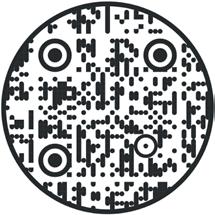
The UK’s creative industries contribute over £100 billion of value to the UK economy. Even more importantly, more than two million people work in creative industries and that number is only going to grow.
Art and design require creativity, the ability to come up with new ideas and a keen eye for detail. From day one you will be working hard under the guidance of our expert lecturers where you can build a vibrant portfolio full of first-class concepts and artwork.
With a range of units written to inspire and support your journey into art, design and media, this course introduces you to the skills needed to succeed.
ENTRY REQUIREMENTS: No formal entry requirements are needed however we expect you to demonstrate a willingness to learn and the behaviours and attitudes to help you progress
LENGTH OF COURSE: One year full-time
ASSESSMENT: Assessment is continuous throughout the course with all practical work being recorded for marking purposes
TYPE OF COURSE: Diploma
Our UAL approved course is aimed at Artists, designers and photographers, who want to develop their skills in a creative environment, experimenting with a broad range of traditional and digital techniques across your chosen pathway.
ENTRY REQUIREMENTS: Four GCSEs at grades 4 or above including English and/or maths
LENGTH OF COURSE: One year for the Diploma, two years for the Extended Diploma
ASSESSMENT: Most units are internally assessed and moderated with one unit being externally moderated
TYPE OF COURSE: BTEC Diploma or Extended Diploma
You will gain experience of the materials, methods and processes of an artist or designer. By completing this University of the Arts London-approved qualification you will gain technical and theoretical skills in drawing, printmaking, painting, graphics, photography, and 3D.
ENTRY REQUIREMENTS: Four GCSEs at grade 3 or above
LENGTH OF COURSE: One year full-time
ASSESSMENT: Internally assessed and moderated against the assessment criteria for those units
TYPE OF COURSE: Diploma
This course is delivered through a programme of activities and workshops, including: Fine Art drawing and painting, 3D design and sculpture, Textiles, Visual communication, Digital art, Photography and print-making. These workshops are underpinned by core studies in life drawing and visual studies
To support the delivery of theoretical and contextual studies, this course also includes a programme of external visits, guest speakers and a European residential visit.
ENTRY REQUIREMENTS: Four GCSEs at grades 4 or above including English and/or maths
LENGTH OF COURSE: Two years full time
ASSESSMENT: Final major project and exhibition of work
TYPE OF COURSE: Level 3/4 Foundation Diploma
After completing the Level 3 course you can progress on to a range of courses at university level including, fine art, graphic design, interior design, photography and media studies. Alternatively, you could choose to complete a Foundation Degree or an apprenticeship.
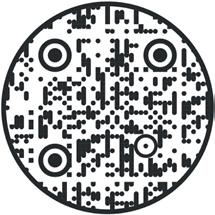
These courses have been designed to provide you with the skills and knowledge to work within the beauty and spa therapy industry, including the opportunity to gain hands-on practical experience in one of our on-site professional salons. You will learn a huge range of treatments and techniques using the latest equipment to ensure you’re a cut above the rest when you graduate and start your career.
You can find spas in shopping centres, high-end resorts, and now gyms, all around the world. The International Spa Association simply defines spas as places “devoted to well-being through a variety of professional services that encourage the renewal of the mind, body, and spirit”, and that is exactly what we offer. No matter where you work, keep people looking their best by studying Beauty & Spa Therapy at Trafford College.

The course provides an introduction into the sector with a balance between developing practical skills and theoretical knowledge. Our Level 1 Professional programme has two pathways, Hair and Make-up or Beauty and Nails.
ENTRY REQUIREMENTS: Four GCSEs at grade 2 or above
LENGTH OF COURSE: One year full-time ASSESSMENT: Continual assessment throughout the course by practical assessments, research assignments, service treatment portfolio and final written end exams
TYPE OF COURSE: Level 1
You will train in the college Enhance commercial salon, which includes our Elemis partnership training room, spa, and hydrotherapy salon. Our excellent industry connections will provide placements and visits.
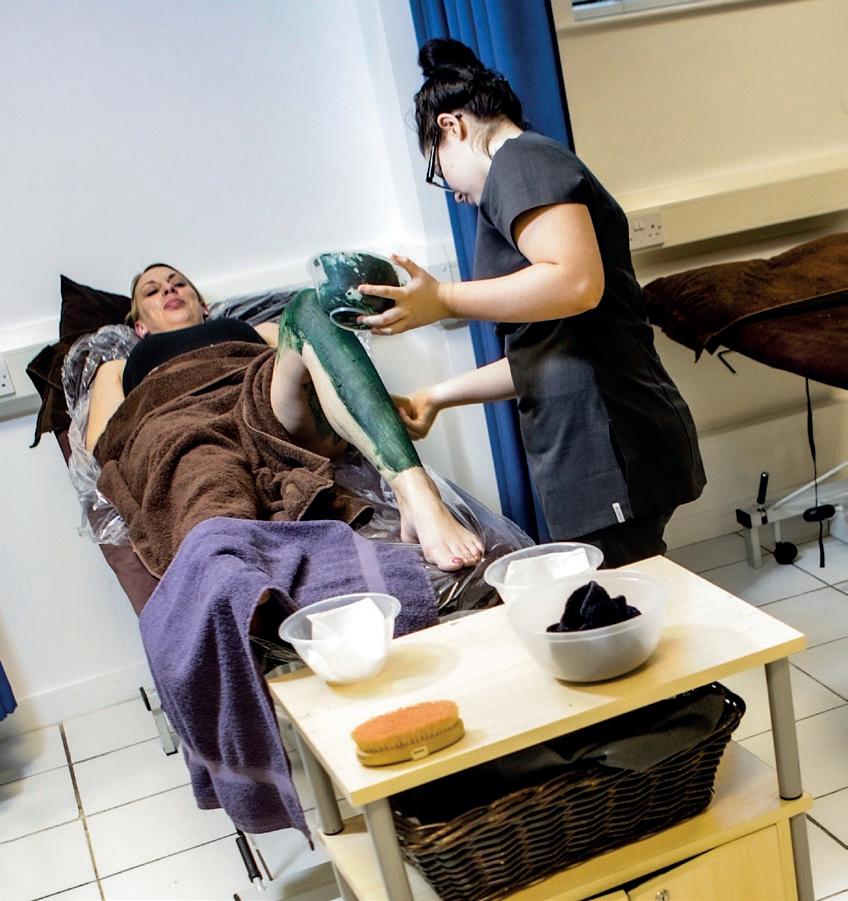
ENTRY REQUIREMENTS: Four GCSEs at grades 4 or above including English and/or maths
LENGTH OF COURSE: One year full-time
ASSESSMENT: Continual assessment throughout the course by practical assessments, research assignments, service treatment portfolio and final written end exams
TYPE OF COURSE: Diploma
ALSO AVAILABLE (SEE PAGE 52)
The course provides a balance between the practical and theoretical aspects of Beauty Therapy Studies, where you will research and discuss a range of beauty treatments and develop the essential skills of a therapist.
ENTRY REQUIREMENTS: Four GCSEs at grade 3 or above
LENGTH OF COURSE: One year full-time ASSESSMENT: Continual assessment throughout the course by practical assessments, research assignments, service treatment portfolio and final written end exams
TYPE OF COURSE: Level 2
After completing the Level 3 course you can progress on to the Level 4 course at Trafford College or pursue a career in the beauty, spa or leisure industries.
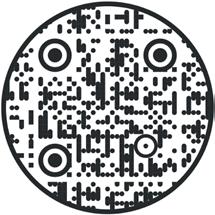
Every business needs individuals who have a talent for management, organisation and communication, promoting a brand or decision making. Specialist areas in business include, retail, marketing, event management, law, and accounting.
In this broad sector, we design our lessons as a mixture of theoretical and practical sessions, using both online and traditional methods to give you access to every angle of the business world. We provide you with both digital and workbased skills that will see you operate at industry standard straight after college.


The Level 2 Certificate is a one-year qualification which will prepare you for a range of careers in business, for example retail, administration and online business.
ENTRY REQUIREMENTS: Four GCSEs at grade 3 or above
LENGTH OF COURSE: One year, full-time
ASSESSMENT: Most of the units are assessed and graded by course work assignments. Two units are externally assessed with one e-test and one written paper
TYPE OF COURSE: BTEC First Certificate
This course is for students interested in Business and Law, who wish to know how the legal system works in civil, criminal, and business cases.
ENTRY REQUIREMENTS: Four GCSEs at grades 4 or above including English and/or maths
LENGTH OF COURSE: Two years
ASSESSMENT: There is continual assessment for some of the units by vocational assignments leading to external quality assessment called National Standard Sampling, there are also some nationally set examinations
TYPE OF COURSE: BTEC Extended Diploma
If you have an interest in business and would like to learn about marketing, finance, human resources and entrepreneurship, this is the ideal course for you.
ENTRY REQUIREMENTS: Four GCSEs at grades 4 or above including English and/or maths
LENGTH OF COURSE: Two years
ASSESSMENT: There is continual assessment for some of the units by vocational assignments leading to external quality assessment called National Standard Sampling, there are also some nationally set examinations
TYPE OF COURSE: BTEC Extended Diploma
This course is for students who want to progress onto a degree with a business theme, a higher level apprenticeship or into employment within trainee management in business and accounting.
ENTRY REQUIREMENTS: Four GCSEs at grades 4 or above including English and/or maths
LENGTH OF COURSE: Two years
ASSESSMENT: There is continual assessment for some of the units by vocational assignments leading to external quality assessment called National Standard Sampling, there are also some nationally set examinations
TYPE OF COURSE: BTEC Extended Diploma


In a subject area that covers an incredible range of topics and disciplines – from animation and photography to directing videos and designing video games – you will never be stuck for choice in a future career. With 45,000 people working in the creative hub of MediaCityUK and jobs in broadcasting predicted to rise by 10% in just a couple of years, there are plenty of employment opportunities in the region. Whether you are designing, developing, producing, directing, filming, or editing – or anything in between – we have got courses to help you nurture your talents, focus on specialist subjects, and get a broad insight into the entire industry. So why not come and show us just how creative you are by studying Creative Digital Media at Trafford College.

On this course you are able to study a range of different digital media areas, such as Video production, Animation, Games Design and Sound production. This course is often chosen by students progressing from Level 1, or who haven’t achieved the grades for level 3 and/or are re-sitting English and Maths at GCSE, or perhaps are unsure of the subject area and would like to experience the different media disciplines before focusing on a 2 year Level 3 programme.
ENTRY REQUIREMENTS: Four GCSEs at grade 3 or above
LENGTH OF COURSE: One year full-time
ASSESSMENT: A range of assignments throughout the academic year, that will culminate in a final major project

TYPE OF COURSE: BTEC First Certificate
This course provides the opportunity to develop a wide range of industry-aligned, digital production skills through one of two available pathways:

PATHWAY 1: Filmmaking and Digital Marketing with Animation
This pathway focuses on Production Management, Technical Skills Development - Lens (Camerawork), Digital Video Editing (Post-production), Factual (Documentary) and Fictional Filmmaking Techniques, Animation & Promotion (Advertising, Marketing, Campaigning).
PATHWAY 2: Games and Digital Design with Animation

This route specialises in Digital Design, 3D and VR environments, Animation & Games Design.
ENTRY REQUIREMENTS: Four GCSEs at grades 4 or above including English and/or maths
LENGTH OF COURSE: Two years full-time
ASSESSMENT: Internally assessed and project based
TYPE OF COURSE: BTEC Foundation Diploma (Year 1) + Extended Diploma (Year 2)
AVAILABLE (SEE PAGE 51)
The Level 3 course prepares students for university or employment through a challenging programme of lectures, workshops and design briefs. Students can progress into areas such as computer game design, graphic design, animation, photography and video production.
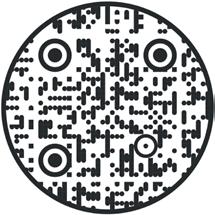
There’s nothing more important than being responsible for a child’s wellbeing and development. This subject area opens the door to an industry that is caring, supportive, fun, and stimulating. Working in a childcare setting can be greatly rewarding and challenging for you, with one area of career progression being primary school teaching.


During the 2-year programme, students will learn the core knowledge and skills that are needed for entry to a range of education and childcare occupations, including:
→ understanding the education and childcare sector from ages 0 to 19
→ child development
→ how to support children and young people’s education
→ safeguarding, health and safety and wellbeing
→ understanding and managing behaviour
→ observing and assessing children and young people
LEVEL 2
During the 1-year programme, students will learn the core knowledge and skills that are needed for entry to a range of education and childcare occupations, including: safeguarding, child development, equality and diversity, supporting care routines, planning and delivering activities and promoting play.

INCLUDES 1 per week working with an employer on an industry placement as well as qualifications such as Level 1 ICT & Mental Health.
ENTRY REQUIREMENTS: Four GCSEs grade 3 or above including English and maths
LENGTH OF COURSE: One year full-time, learners will achieve their license to practice upon completion
ASSESSMENT: A mix of examinations, project, controlled assessment and coursework
TYPE OF COURSE: Level 2
→ equality and diversity
→ special educational needs and disability
→ English as an additional language
→ working with parents, carers and wider families
→ working with agencies and services that support children, families and carers
→ reflective practice and other forms of professional development
INCLUDES 2 DAYS PER WEEK working with an employer on an industry placement
ENTRY REQUIREMENTS: Five GCSEs grade 4 or above including English and maths
LENGTH OF COURSE: Two years full-time ASSESSMENT: A mix of an external examination, a substantial employer set project and synoptic assessment through vigorous practical assignments, learners will achieve their license to practice upon completion
TYPE OF COURSE: T Level (equivalent to 3 A Levels). Awared with UCAS points
CAREER OPTIONS: Higher Education, Early Years Practitioner, Teaching Assistant, Learning Mentor, Special Educational Needs Teaching Assistant, Playworker
On successful completion of the Level 3 course you may wish to access university or career paths that may include early years practitioner, teaching assistant, learning mentor, special educational needs teaching assistant, playworker.

Combining creativity and a passion for beauty, studying hairdressing and media make-up can propel you into a career of styling the rich and famous or owning your own business.

There are now over 5,000 hair and beauty salons in the Northwest alone, so the employment opportunities are plentiful, and with the rise of social media, it is easier than ever to start your own beauty business. We include all the elements you need to become a successful hair and media make-up artist.

This course is designed to prepare you for working on clients. It will allow you to gain confidence and skills in becoming a junior stylist within a hair salon. The main purpose is to enable you to develop your hair skills, techniques, and knowledge, which will prepare you to progress to the next year of Hairdressing.
ENTRY REQUIREMENTS: Four GCSEs at grade 3 or above
LENGTH OF COURSE: One year full-time
ASSESSMENT: Assessment varies but might include practical assessments, research assignments, a portfolio, or final written exams
TYPE OF COURSE: Certificate
This qualification is based on the hairdressing National Occupational Standards (NOS) and is recognized by the UK’s leading professional body (The Hairdressing Council) as being fit for purpose for preparing learners for a career as a junior hairdresser/stylist.
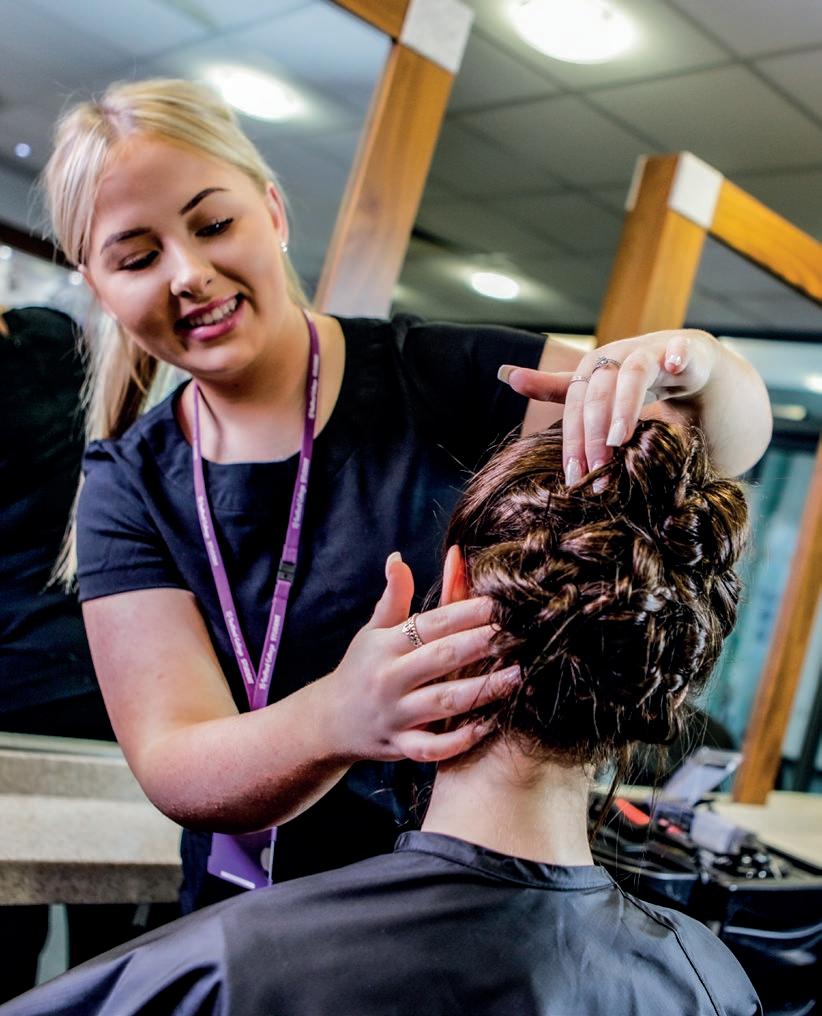
ENTRY REQUIREMENTS: Four GCSEs at grade 3 or above and successful completion of the Level 2 Certificate
LENGTH OF COURSE: One year full-time
ASSESSMENT: Assessment varies but might include practical assessments, research assignments, a portfolio, or final written exams
TYPE OF COURSE: Diploma
The course provides a balance between the practical and theoretical aspects of Hair and Media Make-Up Studies, where you will research and discuss a range of media looks and develop the essential skills of a make-up artist. With expert guidance you will develop your practical hair and media make-up skills to a high professional standard.
ENTRY REQUIREMENTS: Four GCSEs at grade 3 or above
LENGTH OF COURSE: One year full-time
ASSESSMENT: Assessment varies but might include practical assessments, research assignments, a portfolio, or final written exams
TYPE OF COURSE: Diploma
Our Level 3 Hairdressing programme will develop and perfect your hairdressing skill set giving you a head start when seeking employment or setting up your own business. Training takes place in our professional academy salons, working on clients you will gain a range of hairdressing skills and techniques to support you in your future career.
ENTRY REQUIREMENTS: Four GCSEs at grades 4 or above including English and/or maths
LENGTH OF COURSE: One year full-time
ASSESSMENT: Portfolio of evidence
TYPE OF COURSE: Diploma
This course offers you the technical and creative grounding you’ll need to become part of this expanding sector. The course provides a balance between the practical and theoretical aspects of hair and media make-up studies, where you will research and discuss a range of media looks, special effects and develop the advanced skills of a make-up artist.

ENTRY REQUIREMENTS: Four GCSEs at grades 4 or above including English and/or maths
LENGTH OF COURSE: One year full-time
ASSESSMENT: Continual assessment throughout the course and completion of a minimum of 36 hours work experience, which is an assessed as part of the practical element
TYPE OF COURSE: Diploma
After completing a Level 3 course you can progress on to a Level 4 course or Foundation Degree. Alternatively you can pursue a career related to your course such as a make-up artist in TV, film, theatre or the media or seek employment in a salon or establish yourself as a freelance stylist.
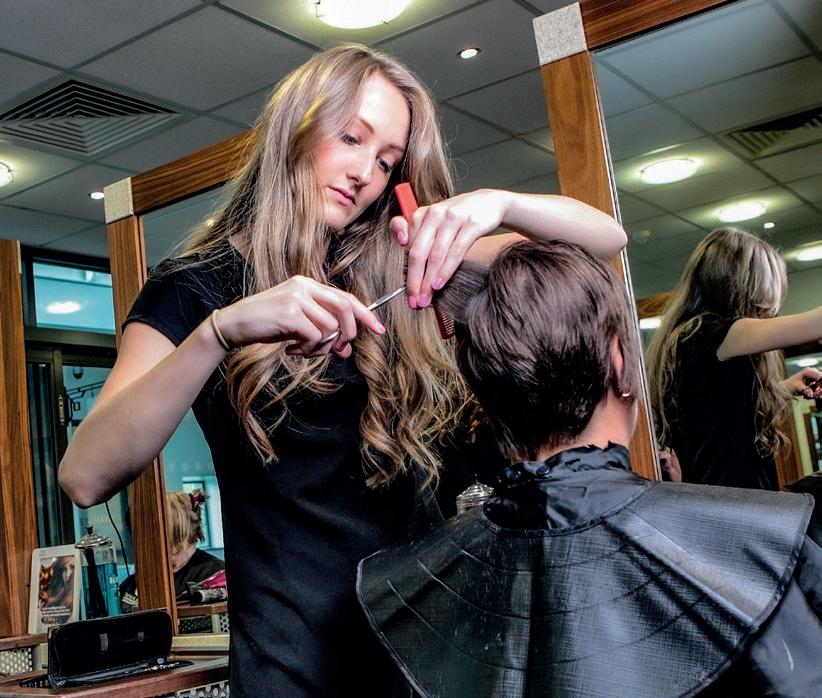

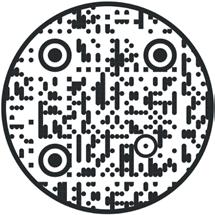
Are you looking for a meaningful role where you can make a difference to people’s lives? Then the health and social care sector is probably for you. The demand for qualified Health & Social Care professionals has never been greater in both the NHS and social care services, with emotionally challenging but extremely rewarding careers on offer.
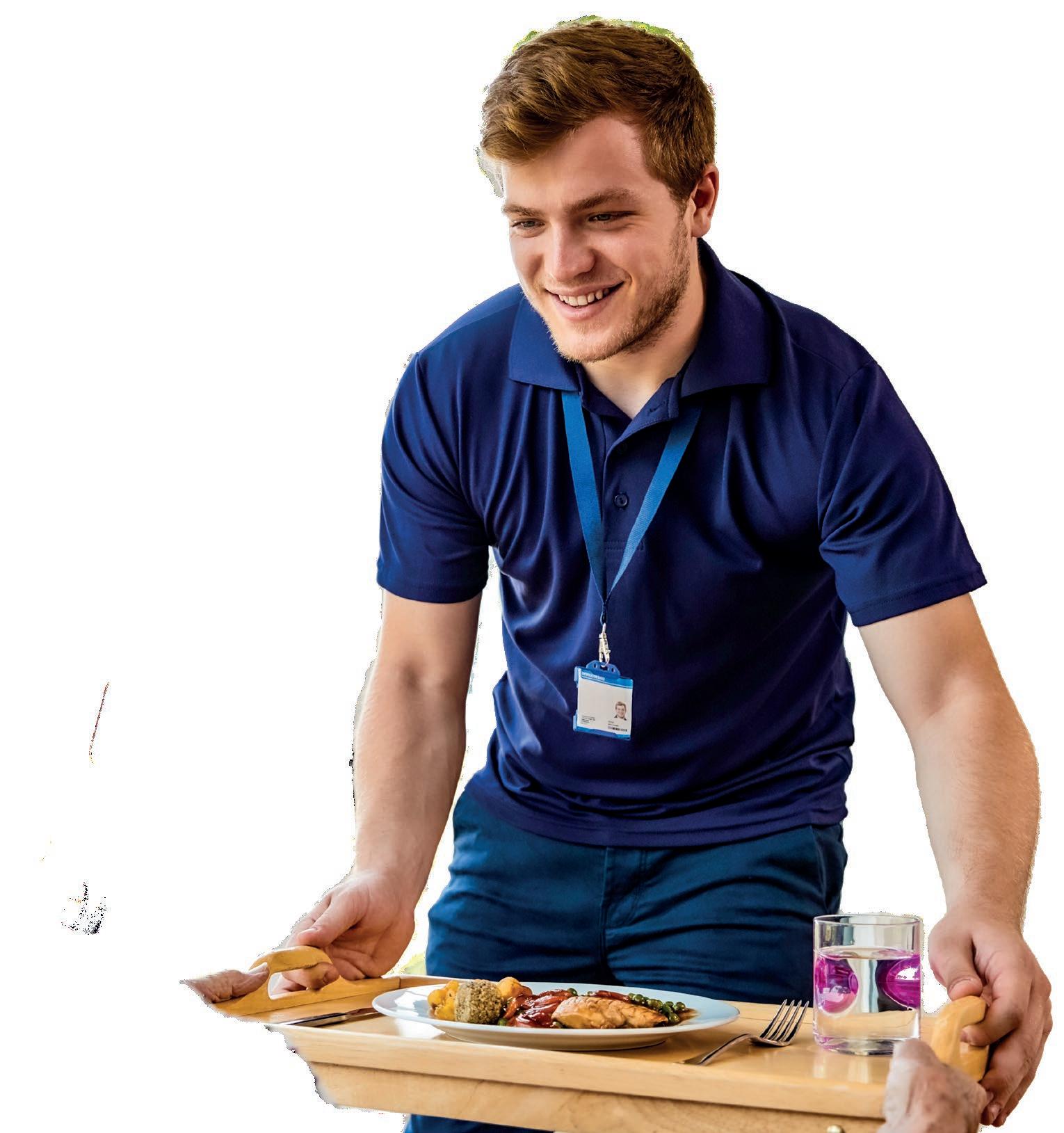
With us, you will learn about personal care, communicating effectively, healthy living and teamwork, along with creative activities. Our expert lecturers will ensure that you excel in your studies and discover the best career path for you. Care about your future? Then study Health & Social Care at Trafford College.
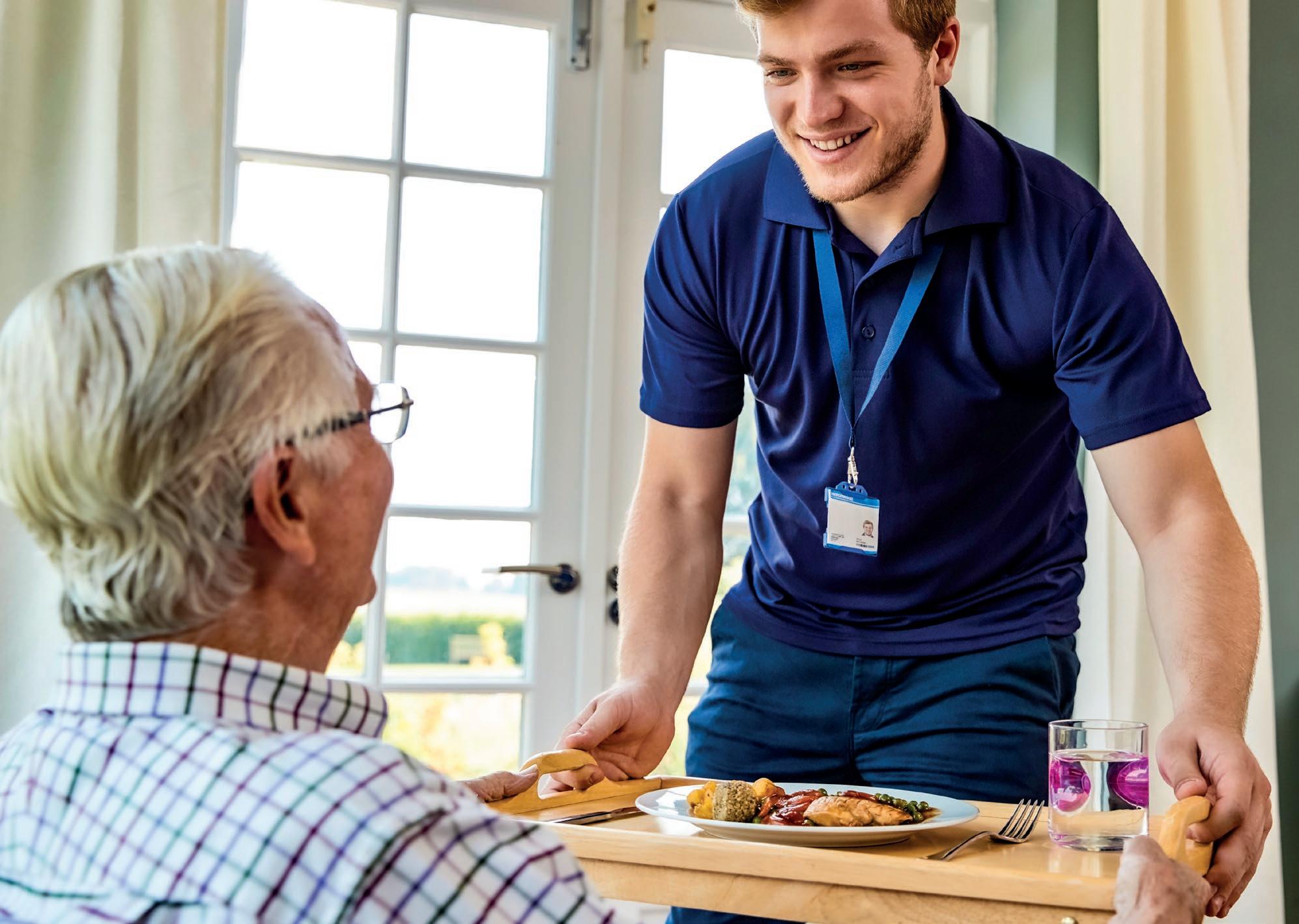

The level 2 transition pathway in Health offers an exciting and challenging progression pathway onto Health T levels and Level 3 qualifications. This qualification provides an insight into the health and social care sector and couples academic learning with practical application to prepare you for progression into your chosen career pathway.
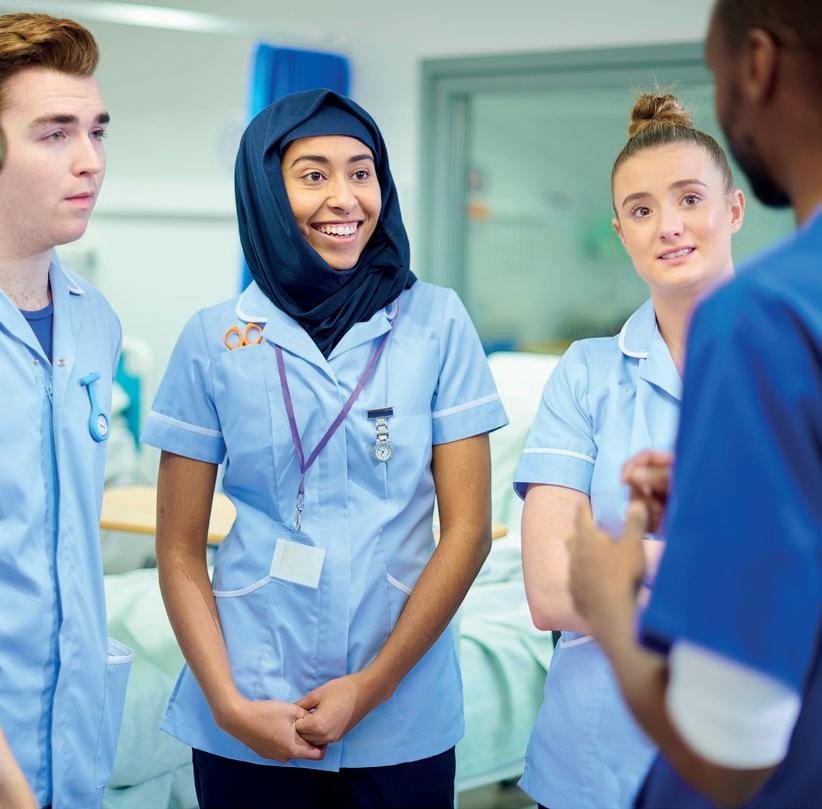
ENTRY REQUIREMENTS: Five GCSEs at grade 3 or above including English and maths
LENGTH OF COURSE: One year full time (4 days college and 1 day placement)
ASSESSMENT: Assignments, exams and a placement based project
TYPE OF COURSE: T Level transition level 2
The Level 3 Extended Diploma in health studies offers you clear progression from your Level 2 course and attracts UCAS points to enable a move onto University or into the world of work. Similar to the Level 2 qualification, you will benefit from enrichment activities designed to enhance your study programme and give you a clear insight into what a career in this rewarding sector will look like.
ENTRY REQUIREMENTS: Four GCSEs at grades 4 or above including English and/or maths
LENGTH OF COURSE: Two years full-time
ASSESSMENT: Assignments throughout the academic year, as well as 2 exams (anatomy and physiology) and a synoptic, and you will also complete a meaningful work placement in relevant industry
TYPE OF COURSE: NCFE Technical Diploma
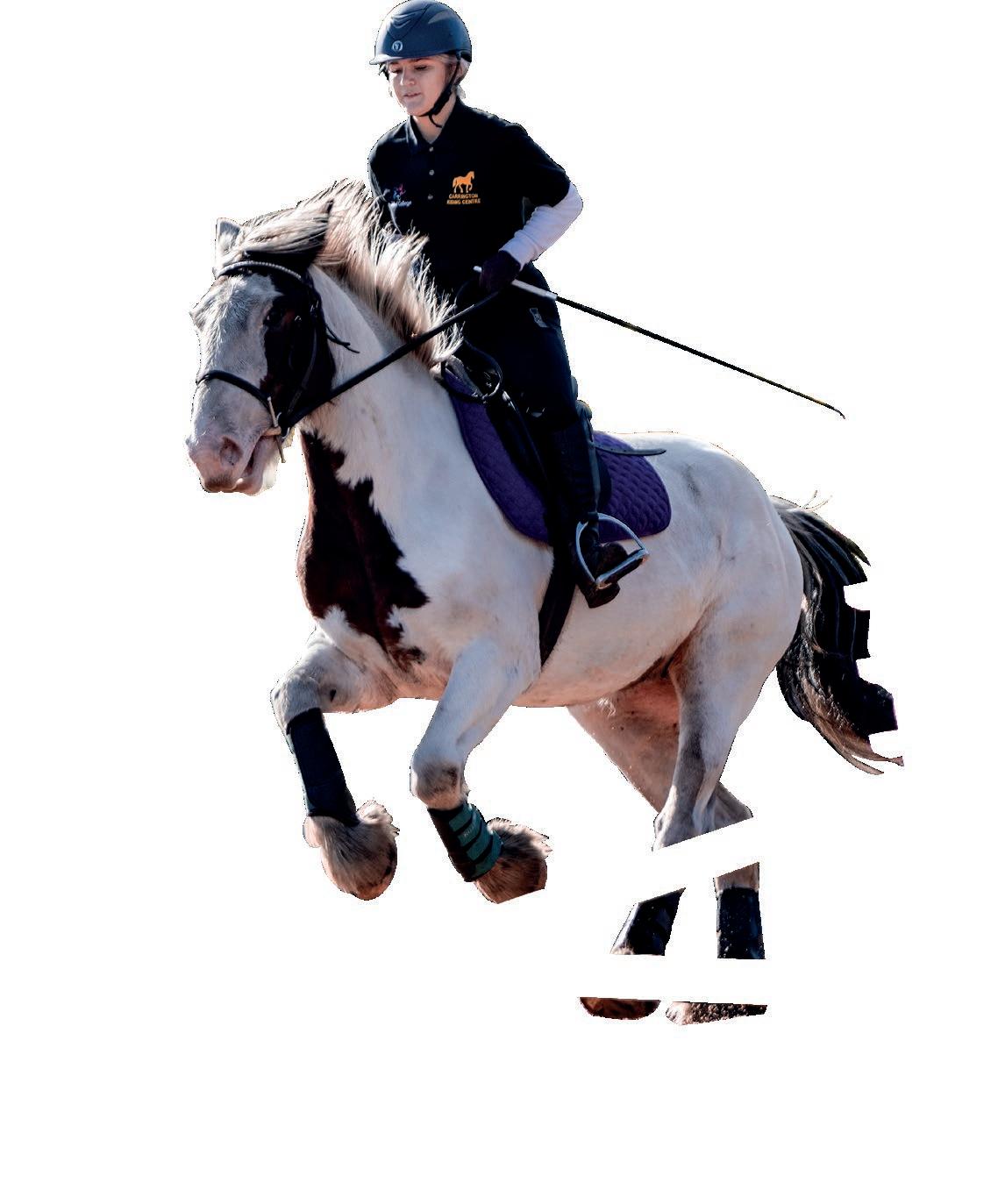

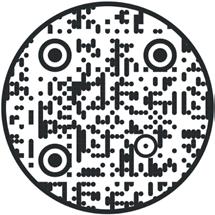
Choosing a course in horse care and animal care opens hundreds of career opportunities, as the sector is more varied than almost any other sector either within agriculture or in the wider leisure industry. The equine industry economic value currently stands at £4.7 billion, which has increased by almost 4% since 2015 and is expected to continue to rise. With a potential career as a vet, riding instructor, farrier, jockey or groom this sector is bursting with choices.
Working in partnership with Carrington Riding Centre, you will learn in a real working environment studying not only horse care, but the science of animal and plant biology to ensure that you cover the full range of skills and knowledge for a career in animal care and beyond. Express your love for nature by studying Horse Care & Animal Care at Trafford College.

This course introduces you to a variety of animal care methods and is designed to give you a real introduction into the animal care industry. You’ll be introduced to a range of small animals based at Carrington Riding Centre. With lots of practical and work-related skills sessions, you’ll learn the basics of feeding, handling and safely transporting animals.
ENTRY REQUIREMENTS: No formal entry requirements are needed however we expect you to demonstrate a willingness to learn and the behaviours and attitudes to help you progress
LENGTH OF COURSE: One year full-time
TYPE OF COURSE: Level 1
This Level 2 qualification is a workrelated competence qualification that is ultimately designed to provide you with a range of practical skills and knowledge. You’ll finish the course with a solid understanding from your experience working with animals and the exciting range of theory and practical work you will have undertaken.

ENTRY REQUIREMENTS: Four GCSEs at grade 3 or above
LENGTH OF COURSE: One year full-time
TYPE OF COURSE: City & Guilds Level 2 Diploma
This course introduces you to the basics of horse care. It is a great steppingstone for people who are keen to work with horses, but do not have previous experience. Based at Carrington Riding Centre, our expert staff will help you learn skills in handling horses, grooming and general horse care.
ENTRY REQUIREMENTS: No formal entry requirements are needed however we expect you to demonstrate a willingness to learn and the behaviours and attitudes to help you progress
LENGTH OF COURSE: One year full-time
TYPE OF COURSE: Level 1 Award
The City & Guilds Level 2 Technical Certificate has been developed to focus upon developing the knowledge, understanding and skills required at this level in the equine industry, the role of the horseperson in the industry and the position of the equine industry locally and nationally.
ENTRY REQUIREMENTS: Four GCSEs at grade 3 or above
LENGTH OF COURSE: One year full-time
TYPE OF COURSE: City & Guilds Technical Certificate
During the course you will receive extensive hands-on work experience at Carrington Riding Centre and gain essential and highly valued qualifications needed for the British Horse Society Assistant Instructor Certificate.

ENTRY REQUIREMENTS: Four GCSEs at grades 4 or above including English and/or maths
LENGTH OF COURSE: Two years full-time
TYPE OF COURSE: City & Guilds Level 3 Advanced Technical Diploma
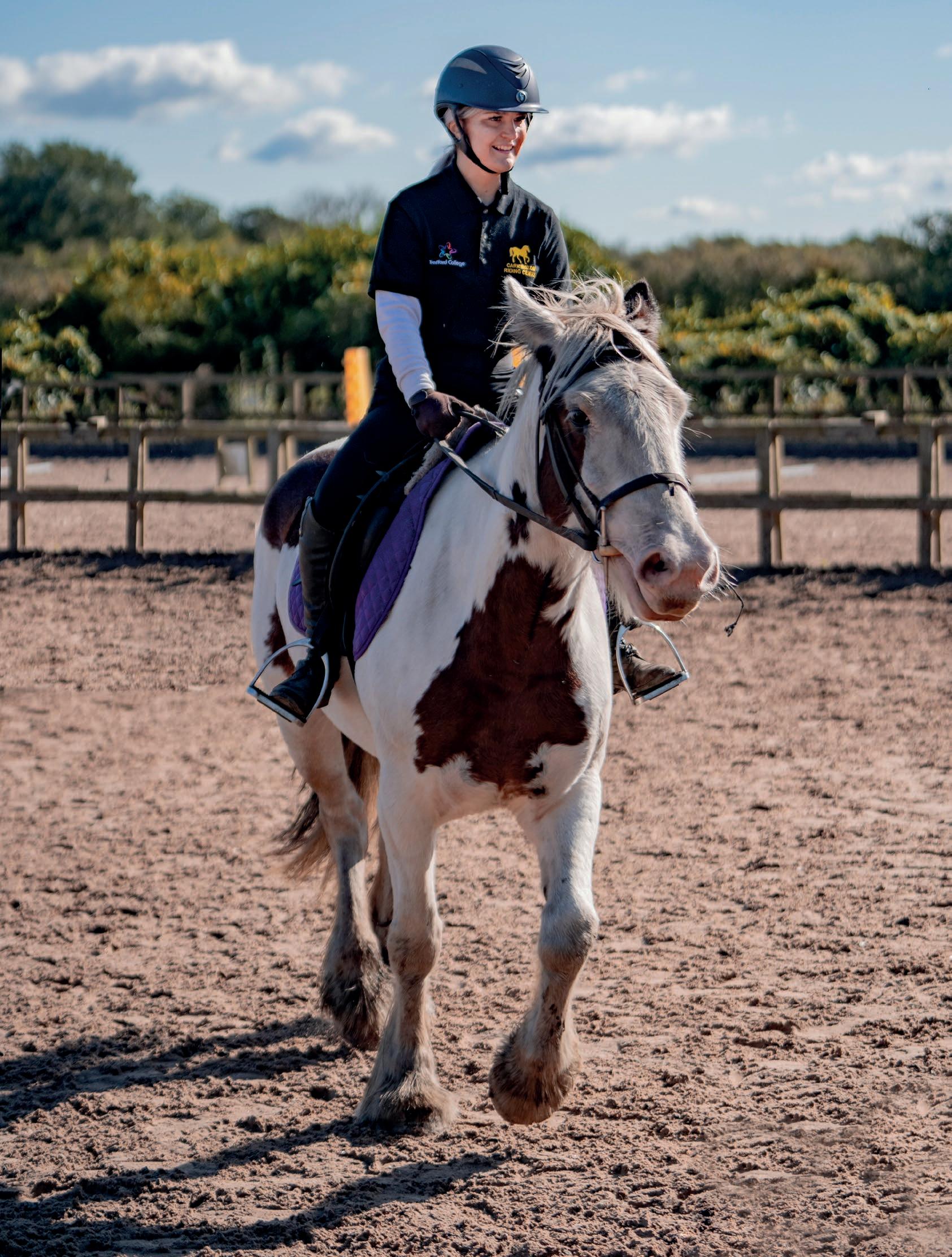
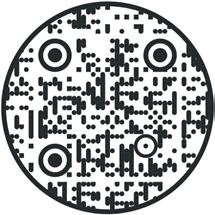
The hospitality and catering industry is not for the faint of heart. It requires helpings of hard work, but the rewards can be Michelin star worthy. Your teachers have decades of experience between them, and they want to pass down everything they know so that you too can have a successful career in a sector with over 80 different employment opportunities. Developments in new technology and changes in consumer trends is expanding the industry more and more. Forbes reports that by 2025 the global food delivery market alone will be worth $200 billion. Want your share?
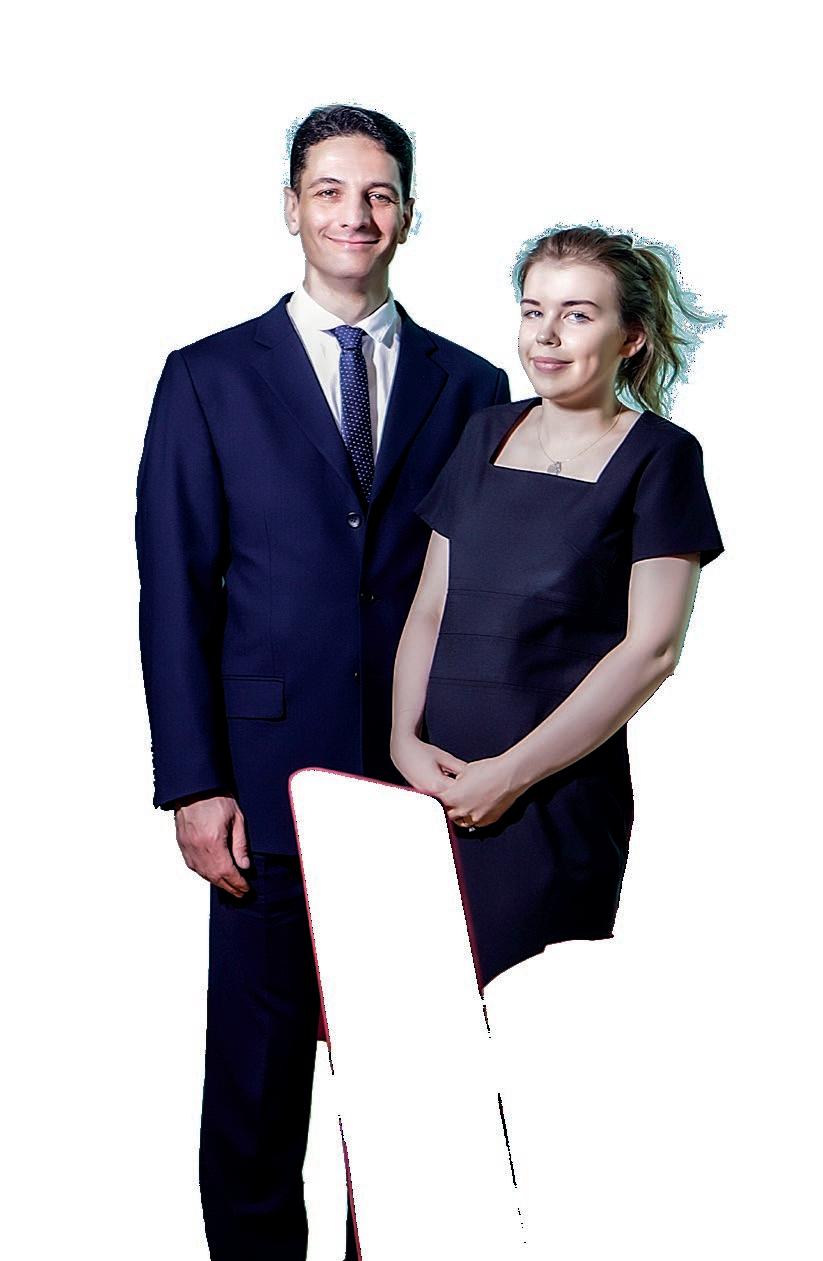
Study with us in an award-winning restaurant. Aspire, our AA ‘Highly Commended’ on-site restaurant and kitchen is a Centre of Excellence in both food and beverage service, patisserie, and confectionery. We will give you a unique professional working environment where you can develop the necessary skills you need to cook quality dishes or deliver outstanding service. Cook up a storm by studying Hospitality & Catering at Trafford College.
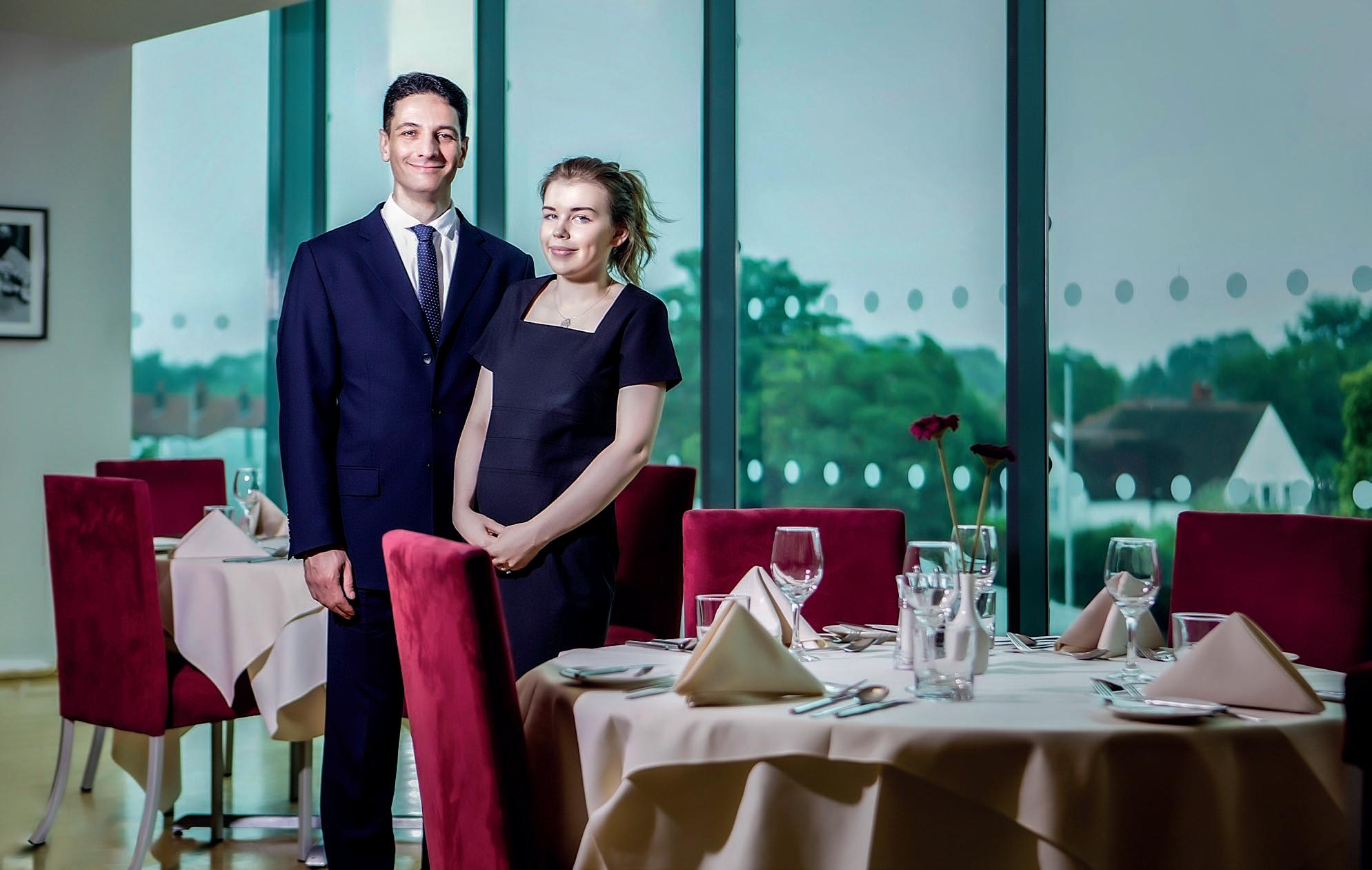
During this course, you will develop the foundations in food preparation and cooking and food service. You will complete work across the whole department including kitchens, pastry, and restaurants.
ENTRY REQUIREMENTS: No formal entry requirements are needed however we expect you to demonstrate a willingness to learn and the behaviours and attitudes to help you progress
LENGTH OF COURSE: One year full-time
ASSESSMENT: Assessment is continuous by observation of practical skills. You will also complete multiple-choice tests and mini assignments
TYPE OF COURSE: Level 1
This qualification is designed to meet the needs of learners who work or want to work in the industry and will give you a taste of various areas within hospitality and catering including working in hotels, restaurants, and events.

ENTRY REQUIREMENTS: Four GCSEs at grade 3 or above
LENGTH OF COURSE: One year full-time
ASSESSMENT: Assessment is continuous by observation of practical skills. You will also complete short answer tests and mini assignments
TYPE OF COURSE: Level 2
The Culinary Skills qualifications are for anyone who works or wants to work as a chef in the catering and hospitality sector. You will learn through a combination of real-life working environments, theory, and skills classes.
ENTRY REQUIREMENTS: Four GCSEs at grade 3 or above
LENGTH OF COURSE: One year full-time
ASSESSMENT: Assessment is continuous by observation of practical skills. You will also complete short answer tests and mini assignments
TYPE OF COURSE: Level 2
Ideal for those looking to become professional pastry chefs or for those wanting to progress in their careers, for individuals who enjoy this area of cookery as a hobby looking to further their knowledge and skills in this area.
ENTRY REQUIREMENTS: Four GCSEs at grade 3 or above
LENGTH OF COURSE: One year full-time ASSESSMENT: Assessment is continuous by observation of practical skills. You will also complete short answer tests and mini assignments
TYPE OF COURSE: Level 2
You will be required to demonstrate practical skills both in the larder and finishing kitchens. During these practical sessions, your skills will be observed and assessed in advanced culinary techniques.
ENTRY REQUIREMENTS: Four GCSEs at grades 4 or above including English and/or maths
LENGTH OF COURSE: One year full-time ASSESSMENT: Practical observations, short answer questions, producing written or photographic evidence, presentations, and case studies
TYPE OF COURSE: NVQ
You will develop your knowledge, understanding and skills for leading a team and supervising operations in the hospitality industry. Specifically, you will learn how to set objectives and provide support for team members, develop working relationships with colleagues and lead a team to improve customer service.
ENTRY REQUIREMENTS: Four GCSEs at grades 4 or above including English and/or maths
LENGTH OF COURSE: One year full-time
ASSESSMENT: Practical observations, short answer questions, producing written or photographic evidence, presentations, and case studies
TYPE OF COURSE: Level 3
This course is for students who have completed a Level 2 catering course, who have industrial experience or other equivalent qualifications. You will be required to demonstrate practical skills both in the larder and finishing kitchens. During these practical sessions, your skills will be observed and assessed in advanced culinary techniques.
ENTRY REQUIREMENTS: Four GCSEs at grades 4 or above including English and/or maths
LENGTH OF COURSE: One year full-time
ASSESSMENT: Practical observations, short answer questions, producing written or photographic evidence, presentations, and case studies
TYPE OF COURSE: Level 3
Depending on the route you take, after completing a Level 3 qualification you will be ready to enter the catering and hospitality sectors and continue your development as a chef, pastry chef or restaurant/hotel supervision.

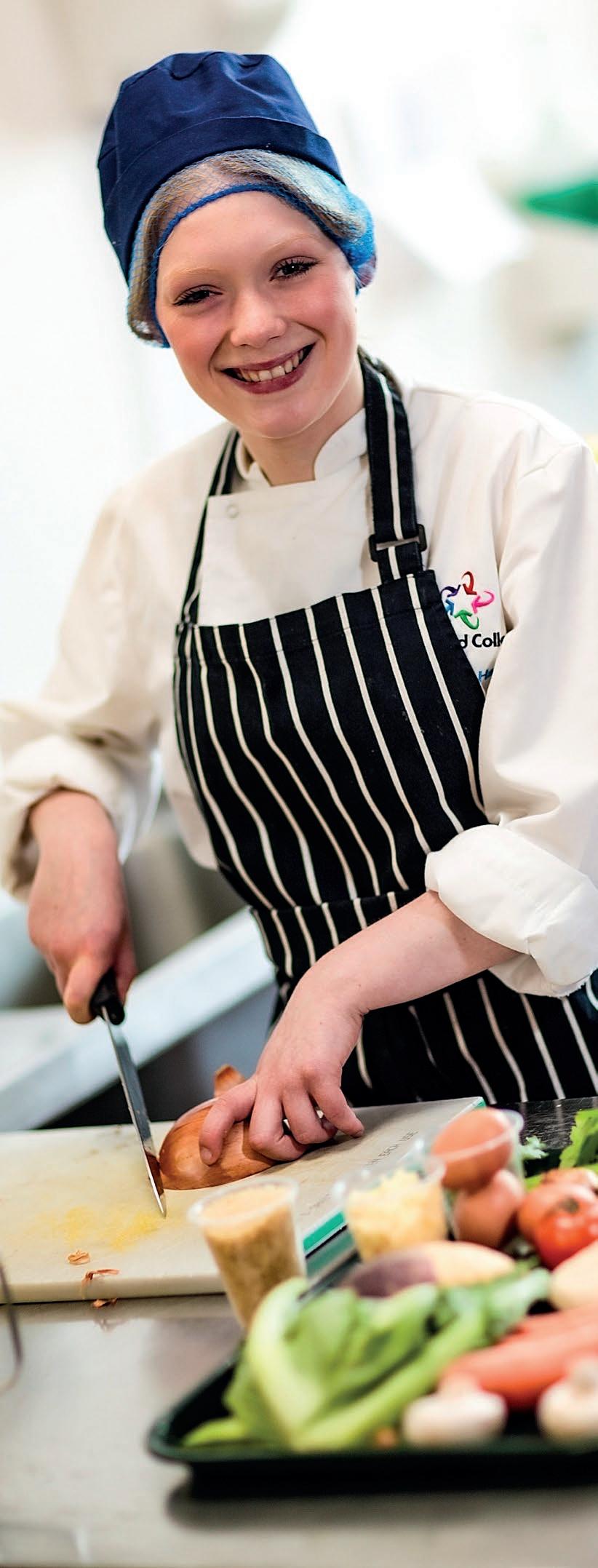
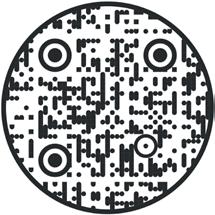
Studying Sport is not all about being a top athlete. The sport industry is full of diverse careers in areas like coaching, physiotherapy, sports rehabilitation, sports science (including research and development), teaching, sports journalism, marketing, and fitness instructing.

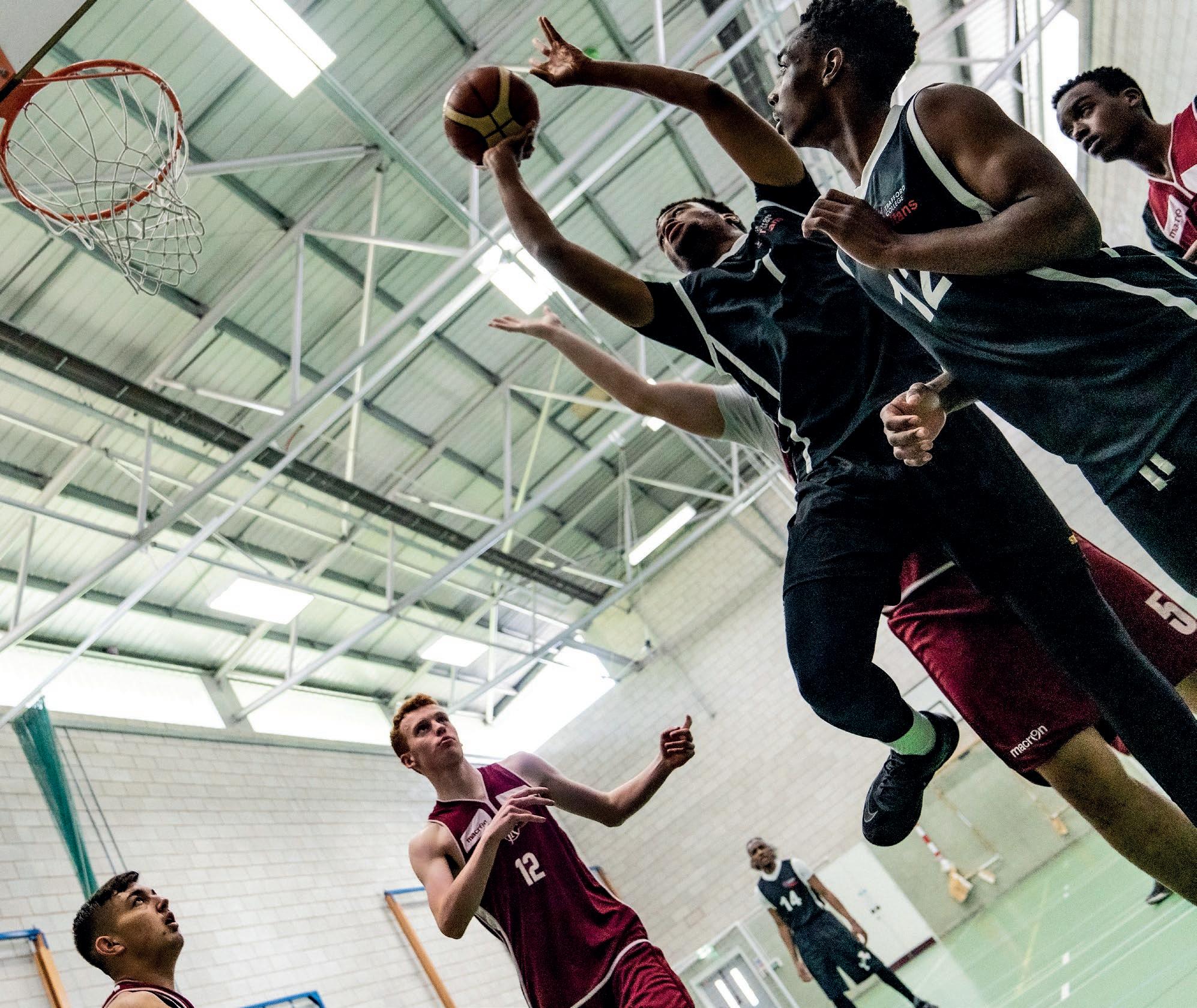
This course is aimed at learners with a passion for sports leadership helping to equip you with the knowledge of how to run your own activity sessions. The course covers a variety of topics from planning and leading sessions, working with others and health and safety within sport and active leisure.

ENTRY REQUIREMENTS: Four GCSEs at grade 3 or above
LENGTH OF COURSE: One year full-time ASSESSMENT: You will be assessed on your practical ability to deliver safe and enjoyable activity sessions in varying environments and produce a portfolio of evidence to demonstrate your competences

TYPE OF COURSE: Level 2
This is a full-time study programme primarily to provide education and training for sport, leisure, and recreation employees. Whilst there are some practical elements within the study programme, content will largely focus on the theoretical application of the key strands of sport.
ENTRY REQUIREMENTS: Four GCSEs at grades 4 or above including English and/or maths
LENGTH OF COURSE: Two years full-time ASSESSMENT: Assessment includes essays, reports, presentations, leaflets, posters and practical sessions
TYPE OF COURSE: BTEC Extended Diploma
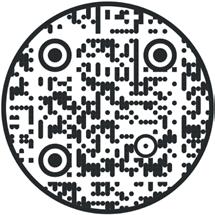
Depending on the role you’re after, you’ll need to acquire different skill sets. You could join the armed forces or the police force, be a prison guard, a security guard, a firefighter, or a paramedic; the choice is yours. Whatever you choose, uniformed public services make a real difference at local and national level, tackle wider environmental issues, and play a central role in modern society every day. A career in the uniformed public services will test your physical and mental strength, whilst helping your local community and country. Are you up for the challenge?

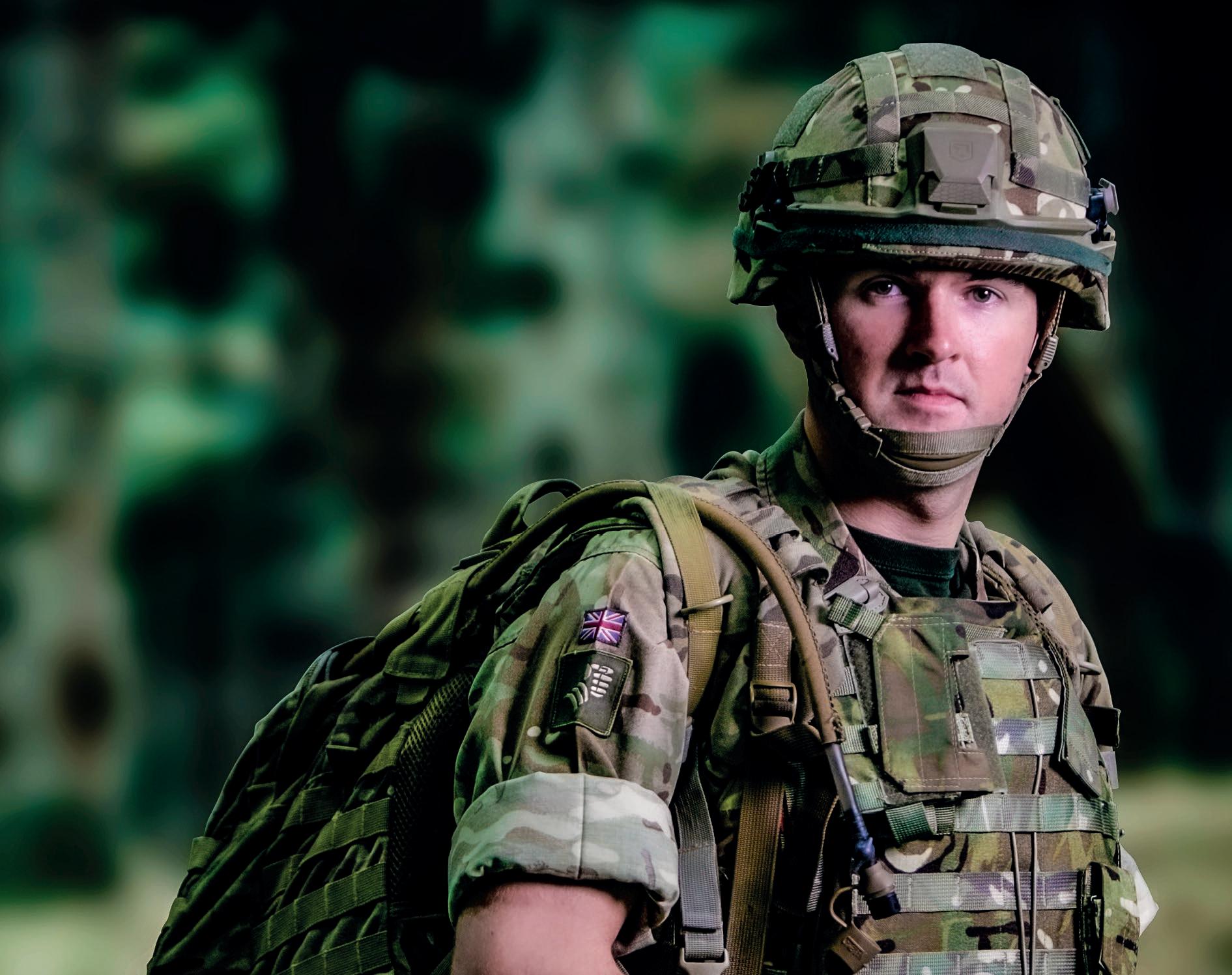
The course helps you to develop the mental, personal and physical abilities required in your chosen public service including the police, fire and rescue service and the armed forces.
ENTRY REQUIREMENTS: Four GCSEs at grade 3 or above
LENGTH OF COURSE: One year full-time
ASSESSMENT: Assessment methods include presentations, reports, essays or interviews
TYPE OF COURSE: BTEC
This is an academic two year course that will provide you with the working knowledge of a variety of public services and inform you of the employment opportunities available. It will be of particular interest if you wish to enter and pursue a career in the police service, the fire & rescue service, the ambulance service, the armed forces, prison and security services or HM Revenue and Customs.
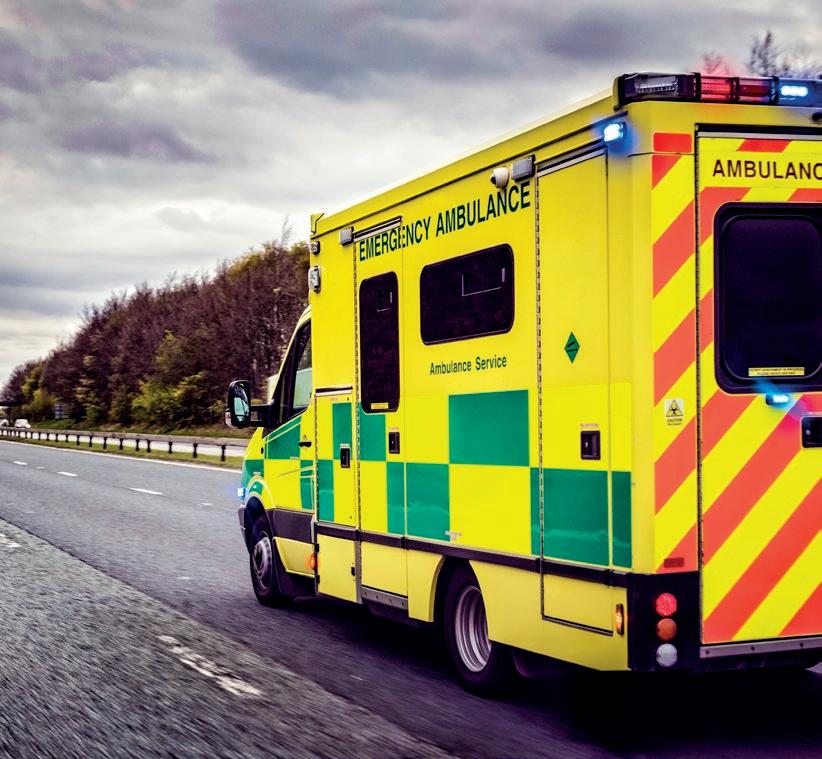

ENTRY REQUIREMENTS: Four GCSEs at grades 4 or above including English and/or maths
LENGTH OF COURSE: Two years full-time
ASSESSMENT: Assessment methods include presentations, reports, essays or interviews
TYPE OF COURSE: BTEC Extended Diploma
After completing the Level 3 course you can progress on to university or employment. You will develop a range of key skills such as organisation, communication and leadership which will help learners achieve their career aspirations.
After Level 3 you can progress into a range of careers including with the police, armed forces, fire and rescue service, and prison service.
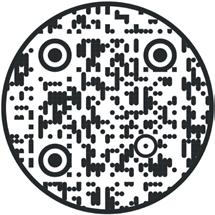
A fast-paced and exciting industry; tourism and aviation can take you across the globe to meet people from all different walks of life. Tourism itself is one of the largest industries in the world, supporting over 284 million jobs. It is also one of the most resilient industries – even in the wake of Brexit and COVID, Britain is forecast to have a tourism industry worth over £257 billion by 2025 (Visit Britain).
Aviation Studies covers a wide range of employment opportunities in an industry that is constantly growing and changing. It includes jobs in cabin crew and ground operations at airports. Whilst studying this course you will take part in firefighting, water survival and have real vocational experiences led by industry professionals. You will also have the chance to go on a variety of UK and overseas trips. Help your career take off by studying Tourism & Aviation at Trafford College.


This programme is for anyone who wants to fly the skies as part of a cabin crew and will prepare you for a career in the industry, giving you the broad range of knowledge, skills, and expertise, you will need for this demanding but exciting role.
This course is for learners who wish to pursue a career in the travel, tourism or aviation Industries. You will learn, develop and practice the skills required for employment or for progression on to a higher-level course, with a range of UK and overseas trips taking place throughout the year.
ENTRY REQUIREMENTS: Four GCSEs at grade 3 or above
LENGTH OF COURSE: One year full-time
ASSESSMENT: Assessment is by coursework, role plays in our aircraft cabin and short tests, one of which is online
TYPE OF COURSE: City & Guilds Diploma
ENTRY REQUIREMENTS: Four GCSEs at grade 3 or above
LENGTH OF COURSE: One year full-time ASSESSMENT: Assessment is by coursework, role plays in our aircraft cabin and short tests, one of which is online
TYPE OF COURSE: Level 2
This programme has been designed to meet the needs of national airlines and airports for air side functions, both for passenger and cargo operations in the aviation industry and as such is delivered by industry specialists. It is ideally designed if you want to pursue a career in airport or aviation management, air traffic control, cargo or dispatch.
ENTRY REQUIREMENTS: Four GCSEs at grades 4 or above including English and/or maths
LENGTH OF COURSE: Two years full-time
ASSESSMENT: A variety of assessment methods are used including assignments, role plays, case studies, presentations, and short tests
TYPE OF COURSE: BTEC Extended Diploma
This course is ideal for those that may wish to work within the travel and tourism industry who need specific vocational knowledge at this level for employment. Overseas and day visits linked to the curriculum each year as well as two-week industry placement.
ENTRY REQUIREMENTS: Four GCSEs at grades 4 or above including English and/or maths
LENGTH OF COURSE: Two years full-time
ASSESSMENT: Two external written exams, assignments, projects, role plays and case study work
TYPE OF COURSE: BTEC Extended Diploma


Our GCSE programme is a one-year exam-based package. You will be expected to study the core elements of English and maths, adding further subjects according to your needs and ability. You will choose two optional units from the following: Biology, chemistry, physics, psychology, sociology, citizenship or religious studies. You will benefit from the facilities of the Sixth Form Centre and our student support services to help achieve your goals.
The general programme is most suitable for students who have narrowly missed their GCSE 4/5 grades in some subjects and need these to progress. Students who have not had the opportunity to take their GCSE qualifications for a range of reasons, including ESOL learners, will be able to take an aptitude assessment and have an interview to assess their suitability for this programme.

The GCSE full-time programme requires a mixture of GCSE grades at 3 and 4, or a successful assessment and interview.
Once you have completed this course you will be able to move on to one of our further education courses with the potential to progress to university afterwards.
Once you have completed this course you will be able to move on to one of our further education courses with the potential to progress to university afterwards.

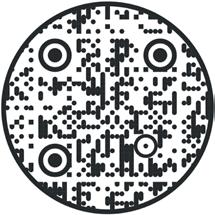
If English is your second language and you would like to improve your ability as well as learning some other important skills alongside it, we can help.
Our ESOL courses for young people provide a nationally-recognised qualification. Alongside your English lessons, you will also study maths, and employability and study skills.
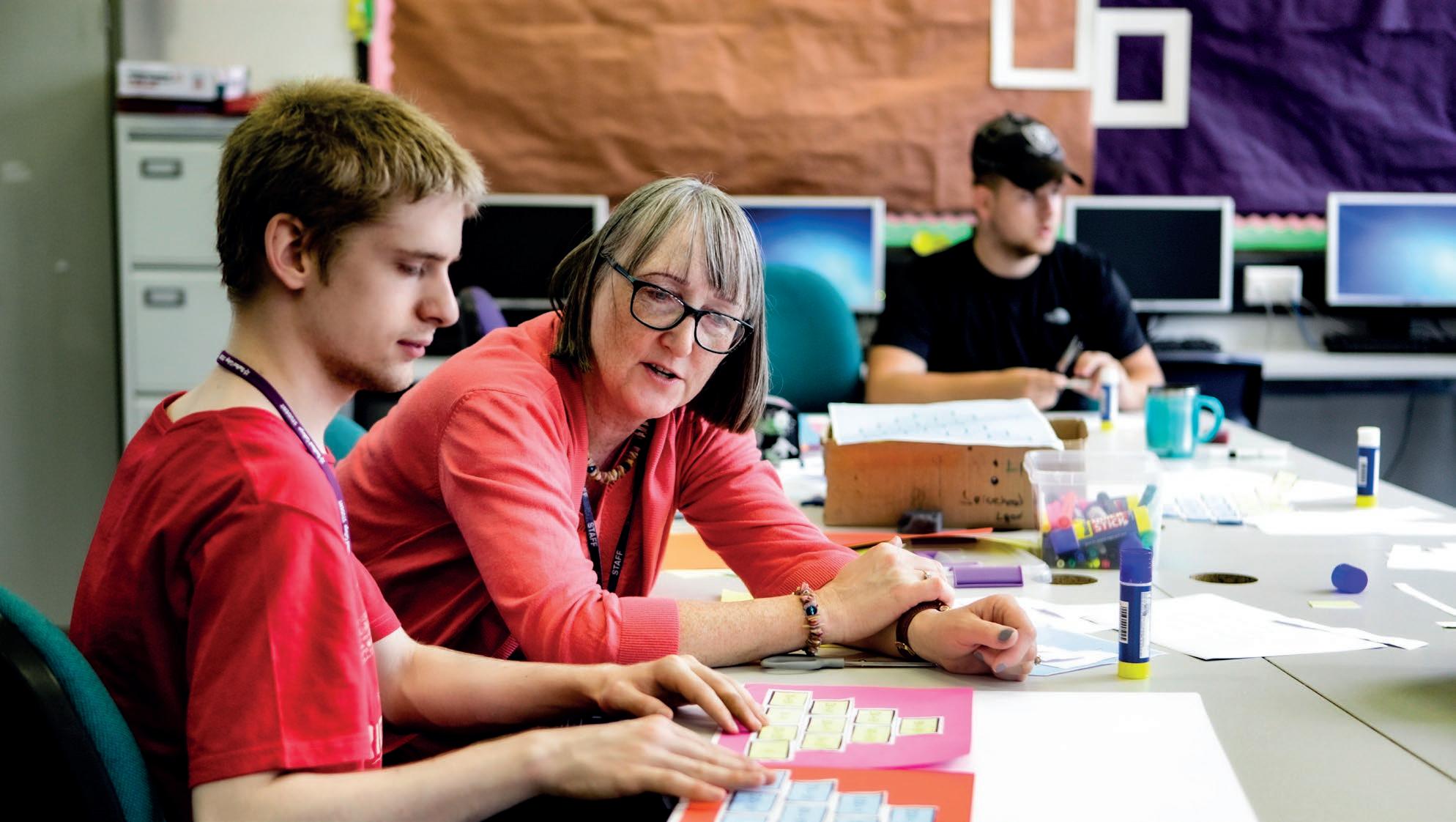
Our Progression Curriculum teachers are dynamic and committed, delivering pathways to independence and employability.
Staff are SEND specialists, having worked with young people with learning difficulties and disabilities. There is a team ethos of collaboration and commitment to continuous improvement. We are committed to the academic and pastoral support of our learners so you can fulfil your potential and progress into further pathways for adulthood.
Progression Curriculum has an excellent record of progress and achievement through delivery of high-quality qualifications, vocational pathways, and enrichment. We are an integral part of the wider college community; fully integrated in all college life and activities.
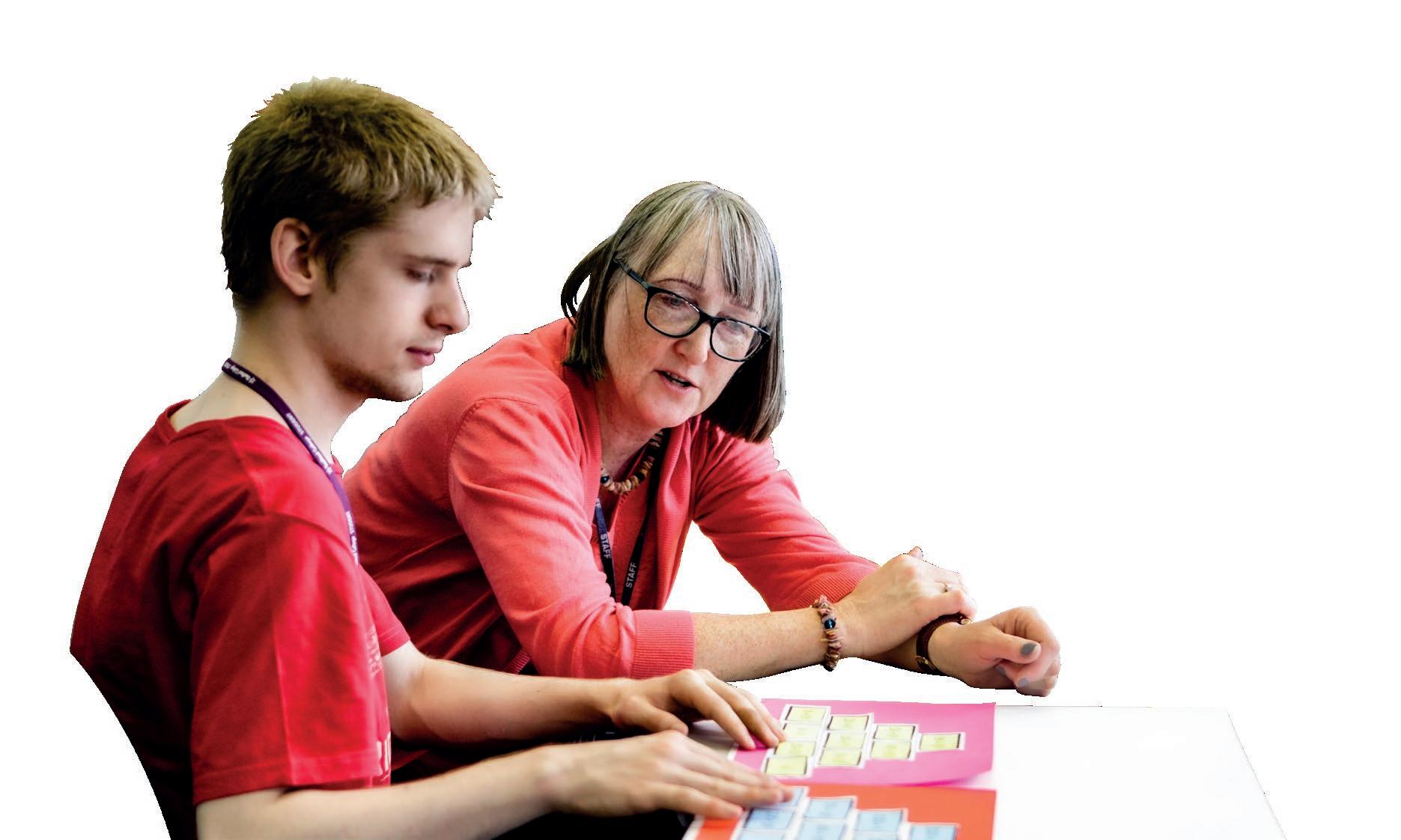
Designed to re-engage you with learning, with a clear focus on personal, social, emotional and skills for independence. Based at our Altrincham campus.
ENTRY 2&3 ENTRY 3 & LEVEL 1
Broad based vocational pathways allow you to experience different sectors, alongside improving maths and English skills. Part of the course is delivered in industry-standard facilities by specialist teachers. Based at our Altrincham and Stretford campuses.

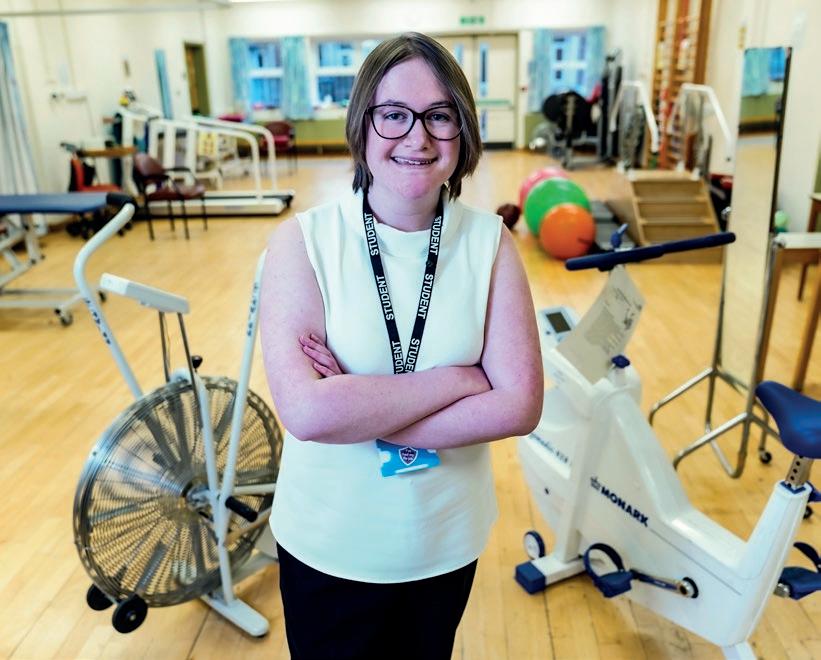
In partnership with Pure Innovations, this programme offers you a pre-employment programme. A unique opportunity if you have learning disabilities or difficulties to enhance your employment skills in a real working environment. Based at Trafford General Hospital.
• Individualised and have a person-centred approach
• Provide effective career guidance that ensures all learners, whatever your needs, background and ambitions, know the options that are available, supporting you to maximise your individual potential.
• Opportunities to develop essential transferable and social skills
• Encourage independence and support you to self-advocate and make informed decisions
• Provide access to job tasters, work experience, social enterprise, mentoring and inspirational guest speakers
Our Stretford campus is famous for it’s STEM offer. Industry standard workshops and environments are geared toward your success in sectors such as gas & plumbing, electrical engineering, motor vehicle, science & pharmacy, and computing.
There’s also the chance to relax and meet friends in our on-site Costa Coffee and Cafe Retreat, or to grab some quiet time in the library and Learning Resource Centre.

Our Level 3 pharmacy apprenticeship is the go-to course for NHS trusts and high street pharmacies across the North West where we offer a full day of teaching every week together with experienced assessors providing support in the workplace. In addition, our Level 3 Applied Science course is extremely popular route to university with the majority of learners choosing pharmacology or professional healthcare degree courses. This is a highly regarded course as we have strong industrial links which support our learners in developing strong employability skills through practical experiences.

Working with industry partners to create a real working environment, our engineering workshop benefits from thousands of pounds worth of equipment donated by the likes of Siemens and other world-leading organisations.
This enables our students to access courses and study programmes that will prepare them in the best possible way to learn their trade and prepare for further study at university or to go straight into the workplace.
As a Microsoft Showcase College we provide students with the latest developments in both hardware and software as well as being at the forefront of offering new qualifications such as Higher Technical Qualifications.

Our dedicated computer suites and teaching team allow you to develop expertise in how to design and build a computer network, website build and design, 3D CAD, as well as how to protect computers and data by deploying the latest cyber security technologies.

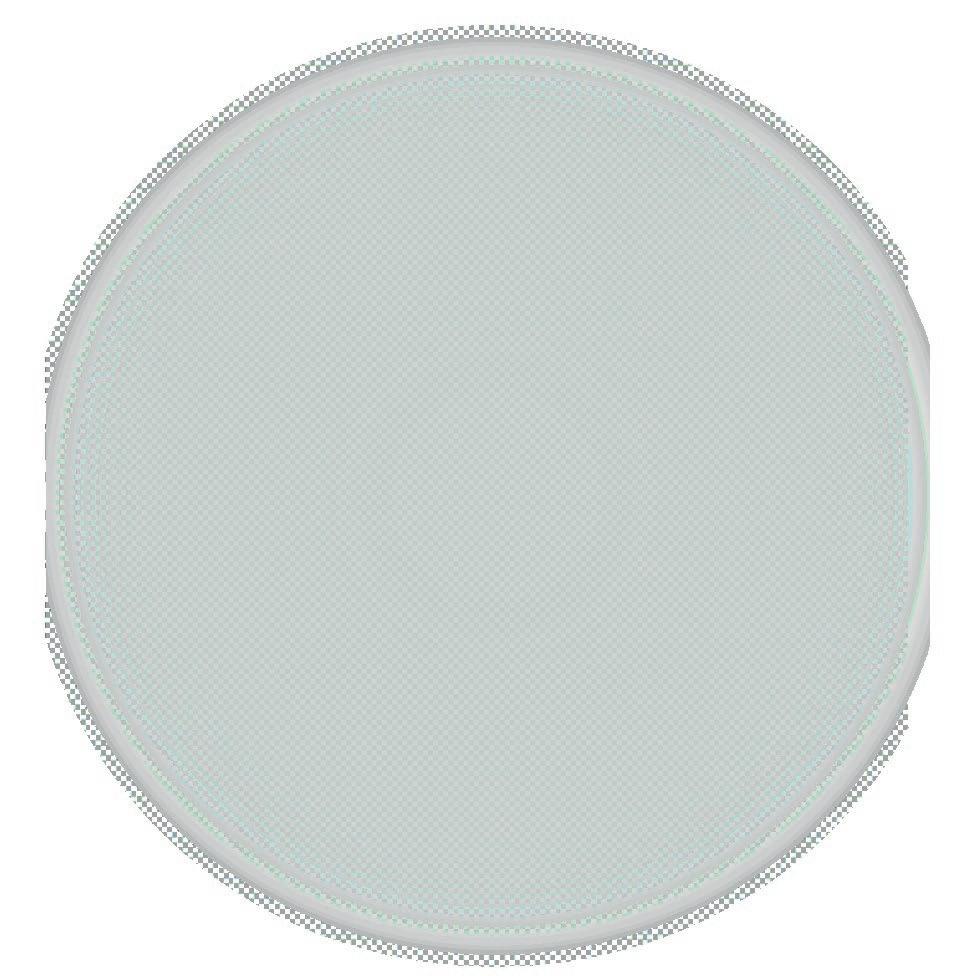

Our Stretford Campus has a variety of different study routes available and it’s difficult to know which one would suit you best, take a look at the information to get an idea of how the routes are different and which one you might prefer. You can also chat to one of our School Liaison Officers who are out visiting schools or our Careers Team at one of our Open Events if you have any questions about the right route for you.
Vocational courses help you to develop real-world, knowledge, experience and skills. These courses are a great choice if you already have an idea of your future career and will give you a head start when applying to university or looking for employment after you finish with us. Vocational courses may have some examined elements but are mostly assessed by coursework.

T Levels are a relatively new qualification and are a high level, technical alternative to A Levels. Like A Levels, they are studied over two years, but they combine the careerfocused elements of vocational courses with the theory and study of A Levels. A key feature of T levels is their extended industry placement where you will spend at least 45 days with a local employer, relevant to your chosen area of study.
Find out more about what’s involved in studying a T Level at trafford.ac.uk/t-levels
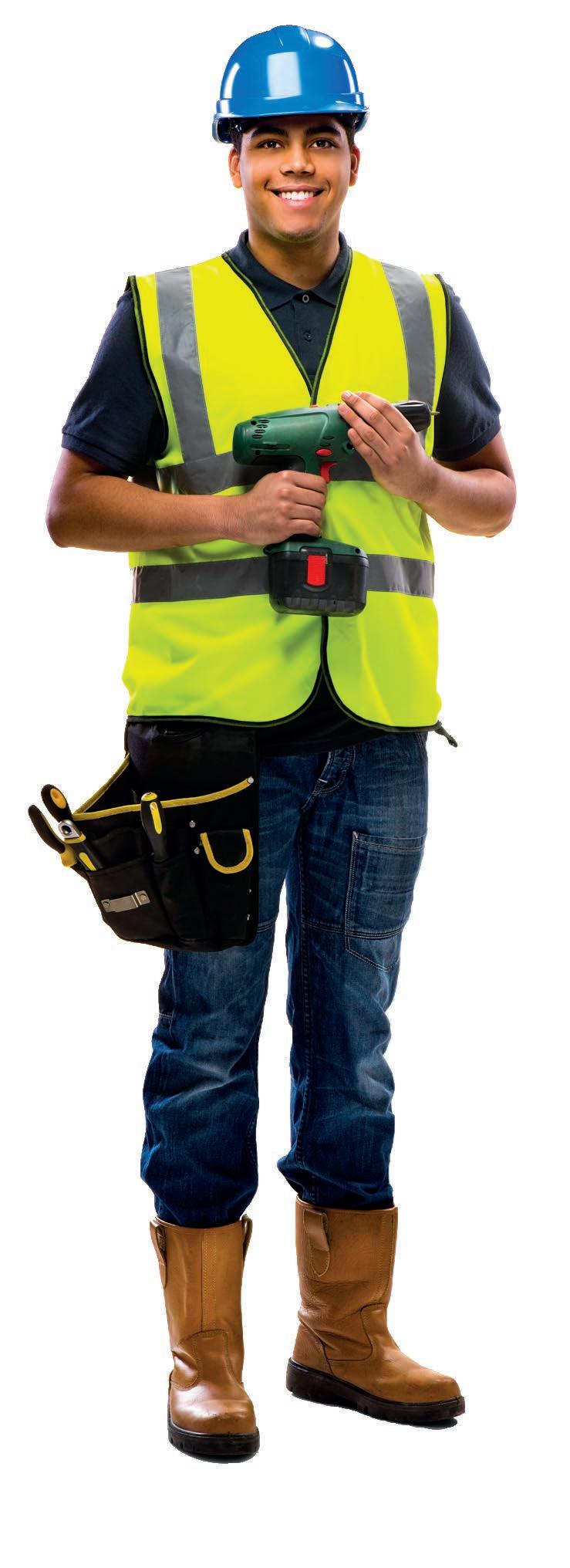


Looking to start work now? Then an apprenticeship could be for you. You’ll learn on the job and pick up a recognised industry standard apprenticeship qualification. You will earn a salary and spend 20% of your apprenticeship completing necessary training and courses to support you in your role.



T Levels are an alternative to A levels, apprenticeships and other 16 to 19 courses. Equivalent in size to 3 A levels, a T Level focuses on vocational skills and can help students into skilled employment, higher study or apprenticeships.
Each T Level includes an in-depth industry placement that lasts at least 45 days. Students get valuable experience in the workplace; employers get early sight of the new talent in their industry.
T Level students spend 80% of the course in their learning environment, gaining the skills that employers need. The other 20% is a meaningful industry placement, where they put these skills into action.
If you are looking for a career in Building Services this specialism will help you to develop core knowledge across the following:
→ health and safety
→ the science behind building design, surveying and planning
→ making accurate and appropriate measurements
→ construction methods
→ building regulations and standards
→ data management and information standards in construction
→ relationship management and customer service
→ how the Internet of Things (IoT) impacts construction
→ digital engineering techniques
→ mathematical techniques to solve construction problems
→ construction design principles and processes
→ the construction industry and its role in the economy
→ sustainability and the environmental impact of construction
→ business, commerce and corporate social responsibility
You will also learn about topics specific to building services engineering, including:
→ building technology principles
→ building services engineering systems
→ maintenance principles
→ tools, equipment and materials
INCLUDES 9 WEEKS minimum working with an employer on an industry placement
ENTRY REQUIREMENTS: Five GCSEs grade 4 or above including English and maths
LENGTH OF COURSE: Two years full-time
ASSESSMENT: A mix of an external examination, a substantial employer set project and synoptic assessment through vigorous practical assignments
TYPE OF COURSE: T Level (equivalent to 3 A Levels)
CAREER OPTIONS: Engineering Construction Craftworker, Engineering Construction Technician, Engineering Maintenance Technician, Security Systems Installer, Heating And Ventilation Engineer, Refrigeration And Air Conditioning Installer, Building Services Engineer, Smart Meter Installer, Domestic Appliance Service Engineer, Electrical Engineering Technician, Gas Service Technician, Electrician, Plumber, Pipe Fitter
Studying this specialism you will develop the core knowledge and skills that are needed for entry to a range of Digital occupations, including:
→ how digital technologies impact business and market environment
→ the ethical and moral implications of digital technology
→ using data in software design
→ using digital technologies to analyse and solve problems
→ digital environments, including physical, virtual and cloud environments
→ legal and regulatory obligations relating to digital technologies
→ the privacy and confidentiality of personal data
→ the technical, physical and human aspects of internet security
→ planning digital projects
→ testing software, hardware and data
→ digital tools for project management and collaboration
You will also learn about topics specific to digital support services, including:
→ roles within the digital support services sector
→ communication in digital support services
→ fault analysis and problem resolution
INCLUDES 9 WEEKS minimum working with an employer on an industry placement
ENTRY REQUIREMENTS: Five GCSEs grade 4 or above including English and maths
LENGTH OF COURSE: Two years full-time
ASSESSMENT: A mix of an external examination, a substantial employer set project and synoptic assessment through vigorous practical assignments
TYPE OF COURSE: T Level (equivalent to 3 A Levels)
CAREER OPTIONS: IT Security Co-Ordinator, IT Support Technician

Engineering is everywhere! It plays a huge role in driving our economy and providing key solutions to some major global challenges. The physical world is developing, and the engineering sector is forever expanding with careers in aerospace, automotive, manufacturing, railway and biomedical ready to be pursued. With this rising demand for skilled workers, there hasn’t been a better time for you to join the engineering sector.
Offering Electrical, Electronic and Mechanical, our Engineering courses have never been better. Courses are delivered in a practical hands-on setting where you will gain the technical know-how along with important lessons in health and safety, communications, science and maths. Start designing your career path by studying Engineering at Trafford College.
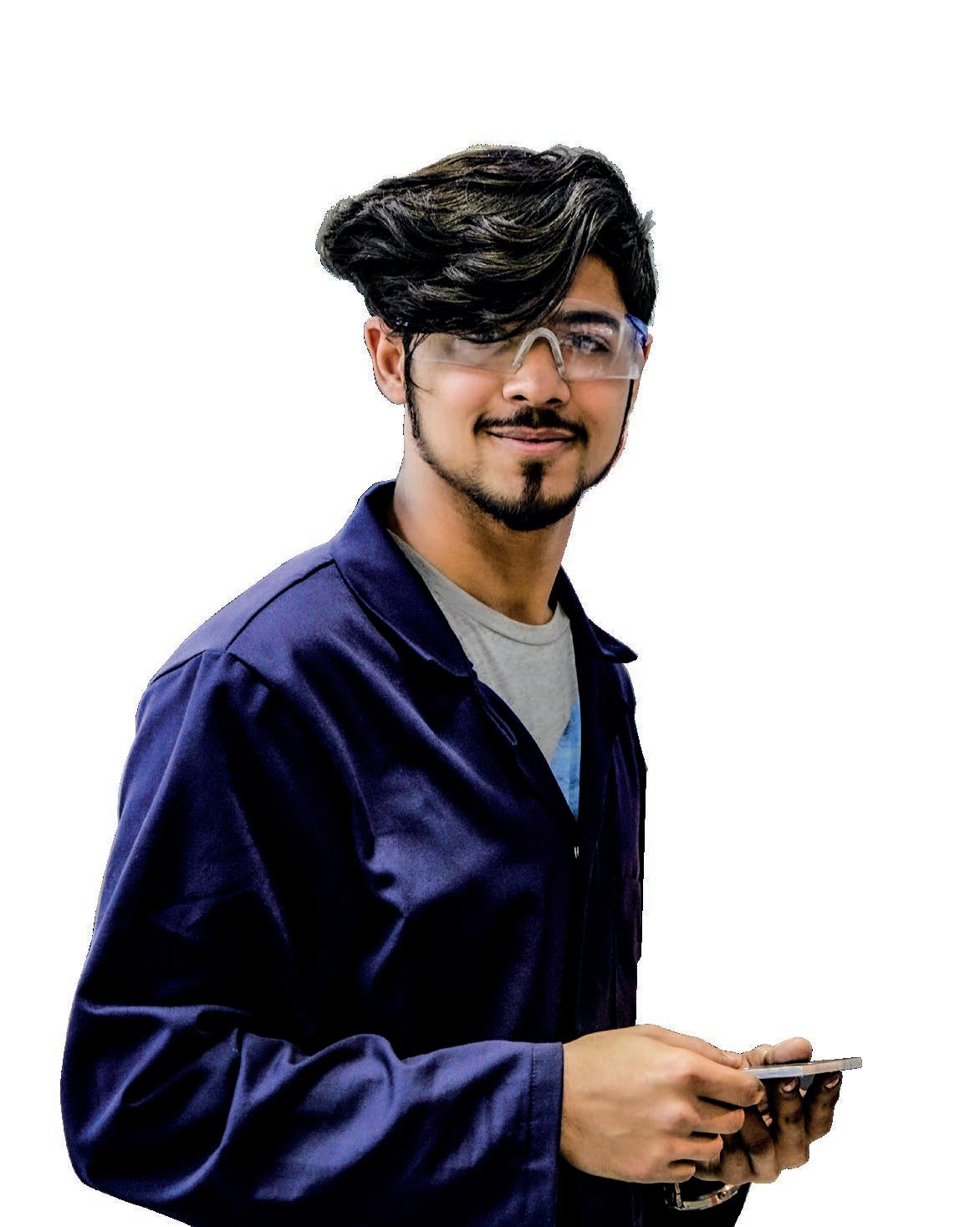

This qualification provides the ideal introduction to the construction industry and covers essential skills in the following construction trades: bricklaying, carpentry and joinery, plastering, painting and decorating, construction operations, wall and floor tiling, electrical and plumbing.
ENTRY REQUIREMENTS: Minimum grade 2 or above in GCSE Maths and English
LENGTH OF COURSE: One year full-time
ASSESSMENT: Practical and written assessments
TYPE OF COURSE: City & Guilds Diploma
This course provides the opportunity for you to develop knowledge and skills in the design, development, manufacture and maintenance of engineering products and systems.
ENTRY REQUIREMENTS: Five GCSEs at grades 9-4 including English, as well as maths at grade 5
LENGTH OF COURSE: Two years full-time
ASSESSMENT: You will complete projects and assignments based on realistic workplace situations, activities and demands
TYPE OF COURSE: BTEC Extended Diploma
You will learn how to test and repair within the Electronic Maintenance unit by using different testing methods and introduce building Circuit Boards. You will also develop your CAD skills as well as the skills required in fitting and sheet metal work. This course provides a good foundation for your future career.
ENTRY REQUIREMENTS: Four GCSEs at grade 3 or above including maths and English
LENGTH OF COURSE: One year full-time
ASSESSMENT: You will be continually assessed through observation, practical and written assessment techniques
TYPE OF COURSE: NVQ
On completion of the Level 3 you could go on to further study at university, or find employment in engineering related roles including apprenticeships.
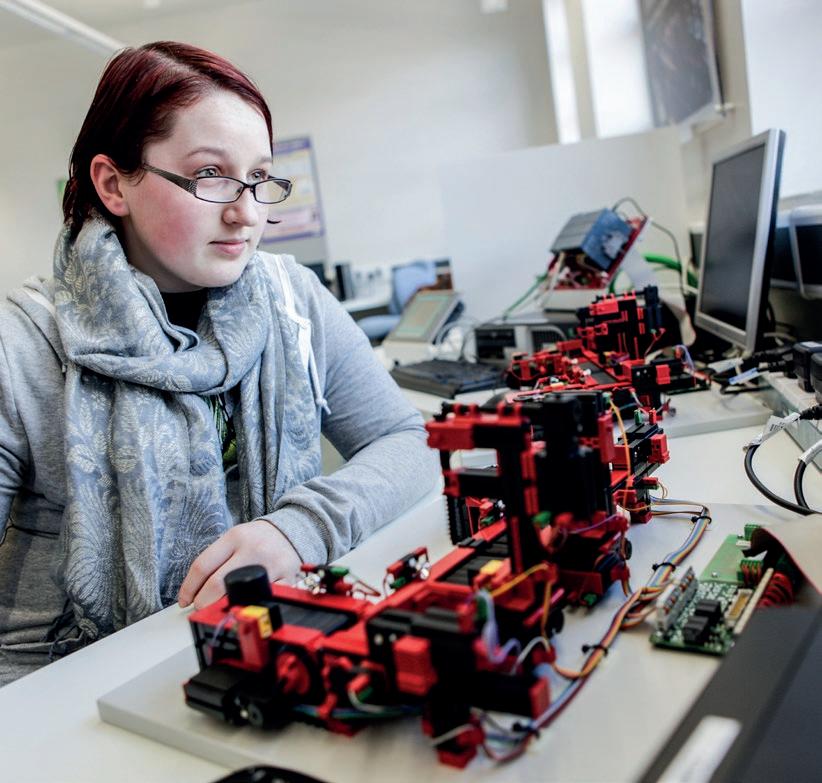

We are in a fast-paced digital revolution, which is showing no signs of slowing now that computing and information technology are the basis of modern society. Computing jobs are estimated to grow rapidly over the next decade and recent events have demonstrated that, even for industries where computing is not their primary focus, a technologically aware workforce is essential for the continuation of businesses. We are now in the fourth industrial revolution, creating a new world filled with artificial intelligence, big data and robotics. Want in? You should. Gain hands-on practical experience learning a range of skills, including how to design and build a computer network, how to design and create a website, 3D CAD, how computer systems work, and how to protect computers and data by deploying the latest cyber security technologies.


You will develop knowledge and understanding by applying your learning and skills in a work-related context. You will learn essential skills in team working; working from a prescribed brief; working to deadlines; presenting information effectively; and accurately completing administrative tasks and processes.
ENTRY REQUIREMENTS: Five GCSEs at grade 3 including maths and English language (or equivalent Functional Skills)
LENGTH OF COURSE: One year full-time ASSESSMENT: Unit assessments
TYPE OF COURSE: NOCN Certificate
You will study a wide range of modules which develop your broad knowledge and skills in IT, allowing you to gain an understanding of the subject and discover which aspects you might like to specialise in, in the future. Modules include, Mobile Apps Development, Computer Games Development, Social Media in Business, Cyber Security and Programming.
ENTRY REQUIREMENTS: Five GCSEs at grade 4 or above which must include English language and maths
LENGTH OF COURSE: Two years full-time ASSESSMENT: Four mandatory units are externally assessed, and nine optional units are internally assessed
TYPE OF COURSE: BTEC Extended Diploma ALSO AVAILABLE (SEE PAGE 95)
After completing the Level 3 course you can continue your studies at university or find employment in areas such as website development, computer systems, artificial intelligence and robotics.


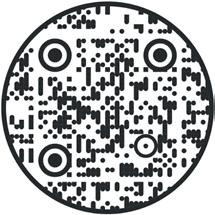
The electrical installation industry is thriving and you are sure to be entering into an ever-growing trade. A career in electrical installation opens the door to a variety of opportunities in domestic, commercial and industrial sectors and the specialisms within these areas, such as fire alarms and lightning protection.
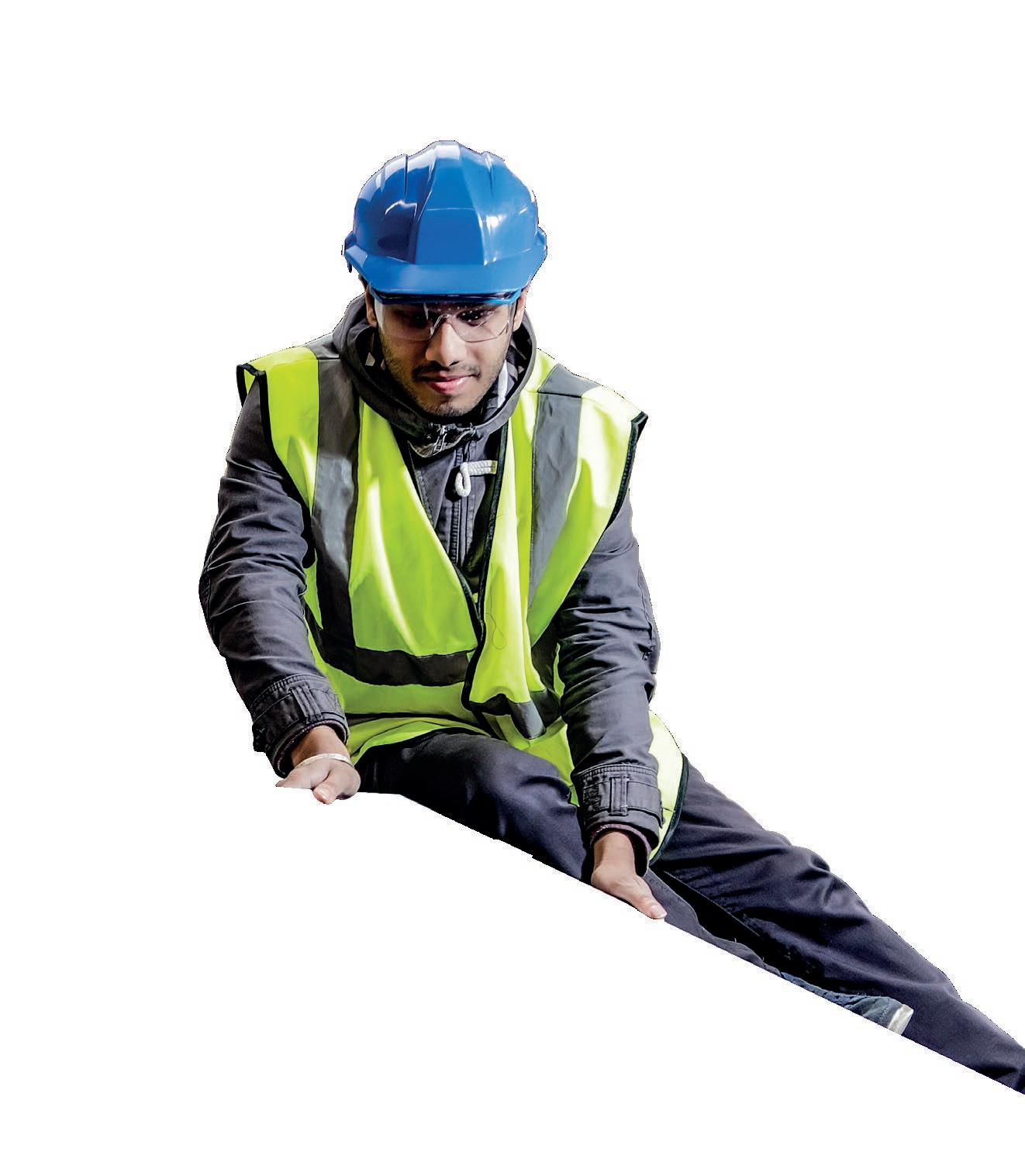

This course aims to give learners who have no prior experience of the electro-technical industry, a foundation introduction to the underpinning knowledge and practical skills needed to progress on to the next level.
ENTRY REQUIREMENTS: English, maths and science GCSE at grade 3 or above
LENGTH OF COURSE: One year full-time ASSESSMENT: Assessment is via a variety of written and practical assessments during the academic year
TYPE OF COURSE: City & Guilds Diploma
For learners who are interested in developing the specific technical and professional skill that will lead to meaningful employment in the electrotechnical industry. Learners will explore a wide range of industry areas including principles of electrical science, inspection and testing, and electrical system diagnosis.
ENTRY REQUIREMENTS: Level 2 in Electrical Installation and minimum grade 4 in GCSE maths, English and science
LENGTH OF COURSE: One year full-time
ASSESSMENT: End point written exam & synoptic practical assessment
TYPE OF COURSE: City & Guilds Advanced Technical Diploma
AVAILABLE (SEE PAGE 95)
This course will build on knowledge and skills gained from the Level 1 qualification in preparation for Level 3. Units will include health and safety in building services engineering, electrical installations technology and installation of wiring systems and enclosures.
ENTRY REQUIREMENTS: English and maths at level 4 and completion of level 1 Electrical Installation diploma

LENGTH OF COURSE: One year full-time
ASSESSMENT: Online multiple choice, written and practical assessments during the academic year
TYPE OF COURSE: City & Guilds Diploma
After completing Level 3 you can progress on to further study with City & Guilds or secure an apprenticeship in electrical installation.

Come and study in our dedicated plumbing and gas workshops under the guidance of our industry-experienced staff, gaining practical skills and valuable knowledge of the industry, which you will need to have a successful career in the plumbing sector.
Working in gas and plumbing, you’ll often be faced with a variety of tasks. Plumbers work in a range of domestic, commercial, and industrial sectors installing a variety of different pipework to supply water and remove waste from the relevant buildings.

This qualification is intended as an introduction qualification for those who wish to enter a role in pipe skills, heating and ventilating or general plumbing.
ENTRY REQUIREMENTS: Four GCSEs at grade 2 or above including maths and English
LENGTH OF COURSE: One year full-time ASSESSMENT: Assessment will be via internal practical and written assessments covering the range of units
TYPE OF COURSE: Diploma
This qualification is for those learners wishing to gain an in-depth knowledge of plumbing who may be thinking of entering the Plumbing/Heating/Building Services Engineering industry. It assumes prior learning of Plumbing at Level 2. Learners will develop advanced skills, knowledge, and disciplines of plumbing, allowing further.

ENTRY REQUIREMENTS: Level 2 in Plumbing and minimum grade 4 in GCSE maths and English
LENGTH OF COURSE: One year full-time ASSESSMENT: Multiple Choice Examination, Portfolio of Evidence, Practical Demonstration/Assignment
TYPE OF COURSE: BPEC Diploma
This course provides the underpinning knowledge for a trainee plumber. Obtaining this qualification allows anyone entering the plumbing profession who is not currently employed in a plumbing capacity to seek employment with the sector.
ENTRY REQUIREMENTS: Four GCSEs at grade 3 or above including maths and English
LENGTH OF COURSE: One year full-time ASSESSMENT: The course is both internally and externally assessed and is made up of a series of practical and written tasks
TYPE OF COURSE: Diploma
After completing Level 3, you can go on to study a BTEC HNC Building Services or secure an apprenticeship in plumbing.
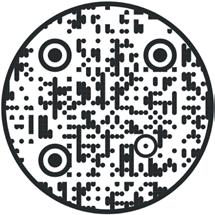
Drawing on the expertise of industry-experienced lecturers, you will train in our modern high-quality workshops and classrooms using state of the art equipment. Whether you choose to study for a career in light maintenance and repair or one in vehicle paint refinishing you will be carrying out hands-on practical work on real vehicles whilst at the same time learning the theoretical knowledge and skills needed to make your career a success.
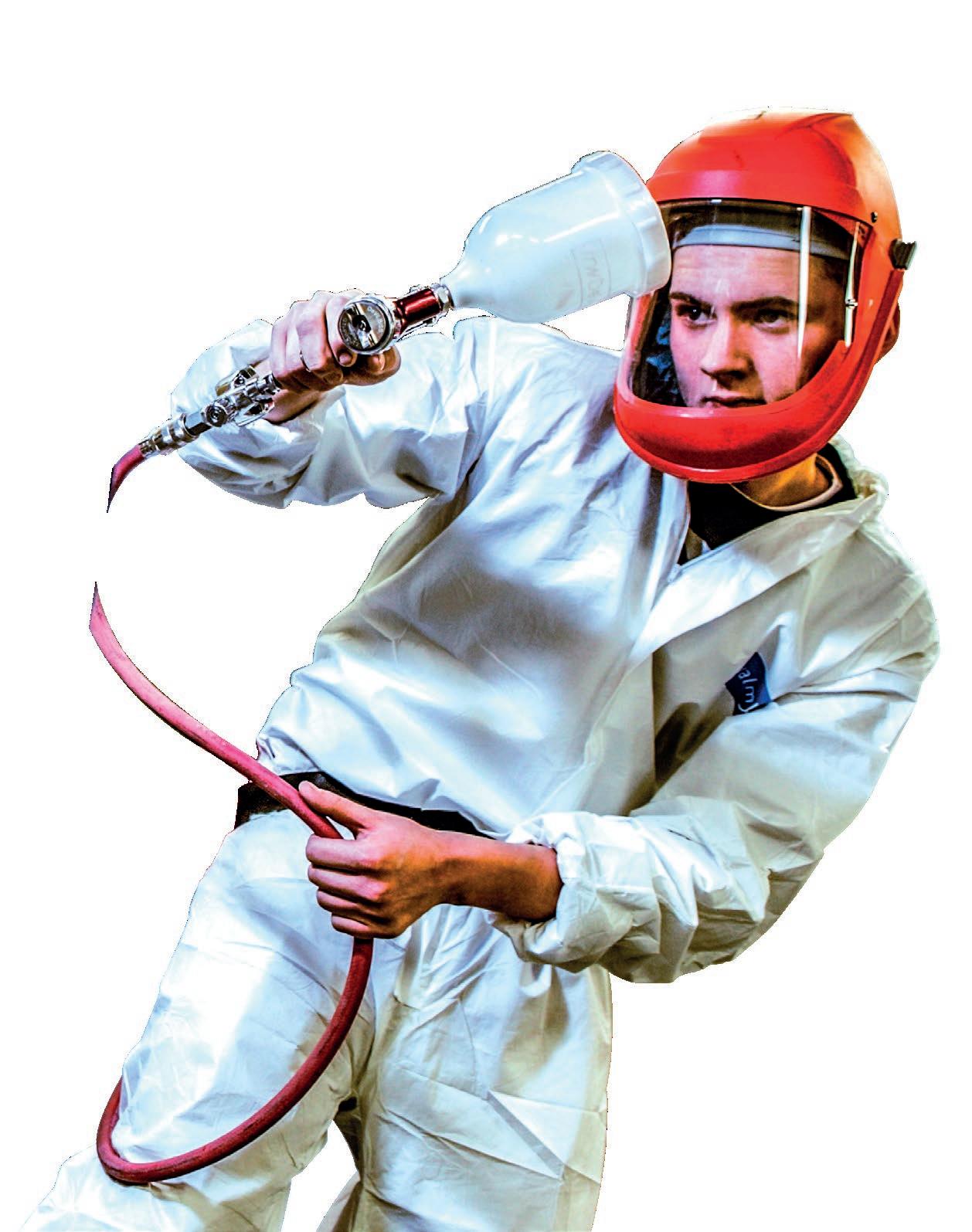

This course is a great introduction to a career in the automotive industry. Working in both the classroom and the workshop you will learn the basics of how vehicle systems operate and develop a strong foundation of skills and knowledge to enable you to progress on to the next level of study.

ENTRY REQUIREMENTS: GCSEs at grade 2 or above including maths and English
LENGTH OF COURSE: One year full-time
ASSESSMENT: Practical tasks and completion of a portfolio of evidence along with one multiple-choice online end test
TYPE OF COURSE: IMI Diploma
This introductory qualification is aimed at learners with an interest in careers in the paint refinishing and accident repair sector. The qualification units focus mainly on paint refinishing in order to develop a strong foundation of skills and knowledge to prepare learners for progression onto the level 2 Paint diploma course.
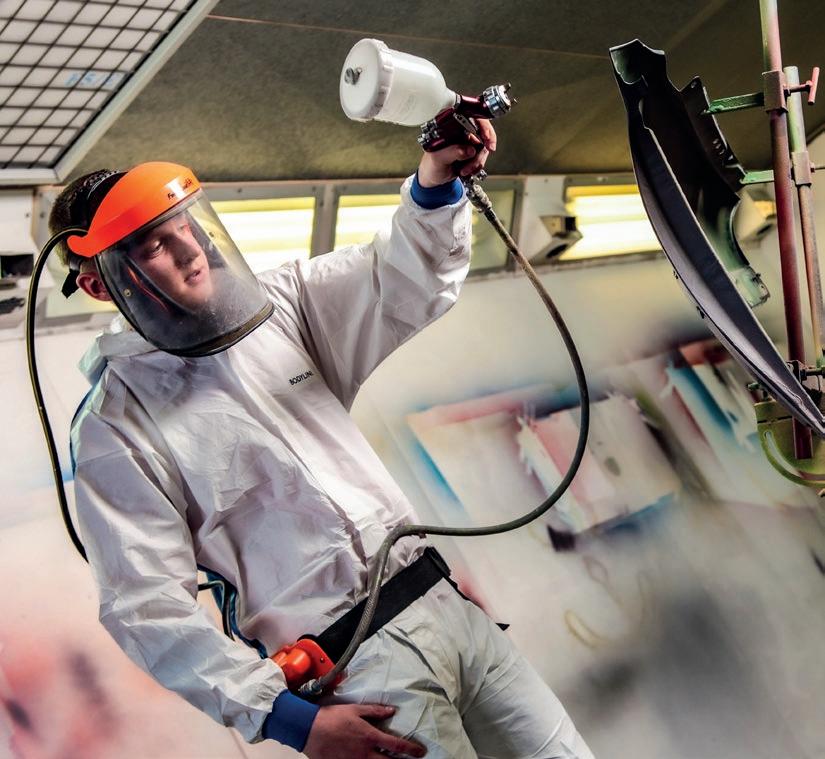
ENTRY REQUIREMENTS: Four GCSEs at grade 2 or above including maths and English
LENGTH OF COURSE: One year full-time
ASSESSMENT: Assessment is by practical tasks and completion of a portfolio of evidence along with one multiple-choice online end test
TYPE OF COURSE: IMI Diploma
Once you have gained an understanding of the basics at Level 1, or you if have prior knowledge or practical skills but no formal automotive qualification, the Level 2 will allow you to fully develop your knowledge and skills in the repair and maintenance of light vehicle systems.
ENTRY REQUIREMENTS: Four GCSEs at grade 3 or above including maths and English
LENGTH OF COURSE: One year full-time
ASSESSMENT: Continuous practical assessment and a portfolio of evidence. Each unit also includes a written assessment and a multiple-choice online examination
TYPE OF COURSE: IMI Diploma
This course covers all aspects of vehicle paint preparation and application procedures. It provides essential knowledge and skills for vehicle body painters, working on a wide range of vehicles, in all types of garages, dealerships and specialist paint refinishing businesses.
ENTRY REQUIREMENTS: Four GCSEs at grade 3 or above including maths and English
LENGTH OF COURSE: One year full-time
ASSESSMENT: Continuous practical assessment and a a portfolio of evidence. Each unit also includes a written assessment and multi-choice examination
TYPE OF COURSE: IMI Diploma
This course is designed to give you the high-level specialist technical knowledge and skills needed to carry out diagnostic and fault-finding procedures on modern cars and other light vehicles.
ENTRY REQUIREMENTS: Five GCSEs at Grade 9-4 including maths and English
LENGTH OF COURSE: One year full-time
ASSESSMENT: Continuous practical assessment and a portfolio of evidence. Each unit also includes a written assessment and a multiple-choice online examination
TYPE OF COURSE: IMI Diploma
This course will further develop the specialist skills and knowledge needed for a career as a vehicle painter. Rectification of paint faults and defects, applying topcoats, Colour-mixing and matching are covered alongside health and safety and other essential skills associated with working in the body repair industry.
ENTRY REQUIREMENTS: Five GCSEs at Grade 9-4 including maths and English
LENGTH OF COURSE: One year full-time
ASSESSMENT: Continuous practical assessment and a portfolio of evidence. Each unit also includes a written assessment and a multiple-choice online examination
TYPE OF COURSE: IMI Diploma
Depending on which level you start your study you can progress on to the next level course or an motor vehicle apprenticeship or move into employment. On completion of the Level 3 you could go on to further study at university, or find employment in motor vehicle related roles.

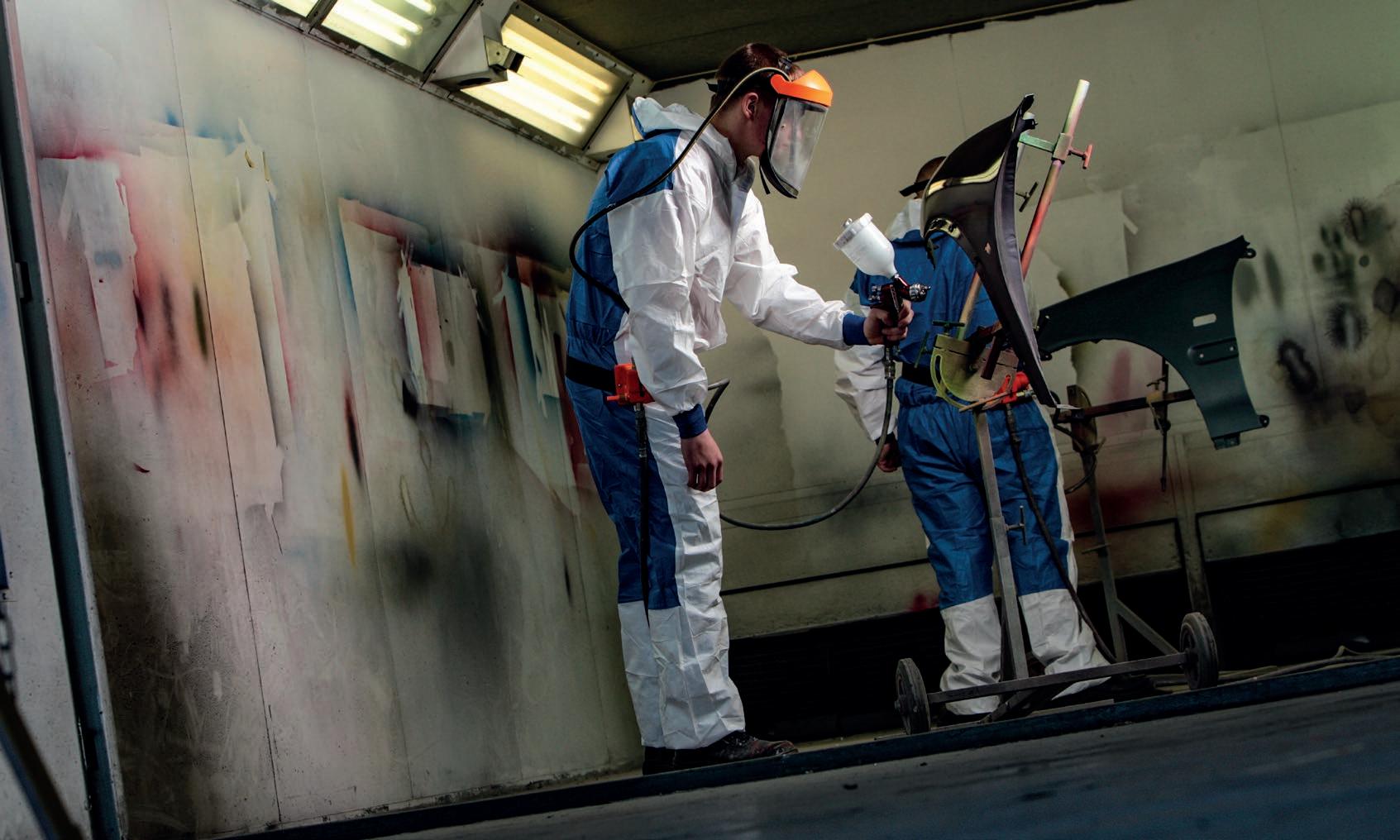
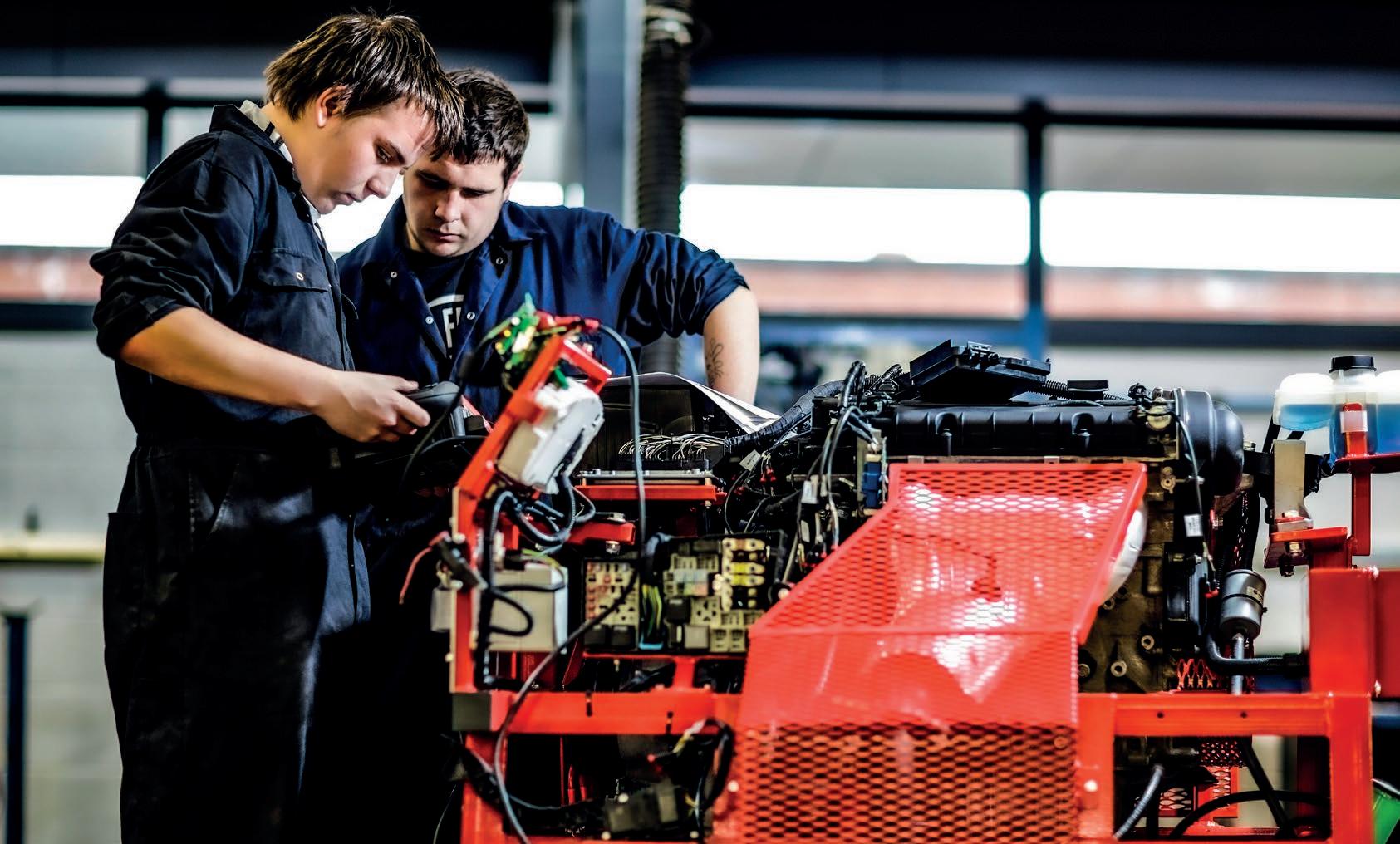

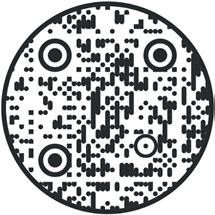
Innovation, research, discovery, passion. Science impacts many aspects of our lives, which means career opportunities in this field are limitless. Whether you are interested in chemicals, forensic science, research and development or clinical trials, a career in science and pharmaceuticals will put you at the centre of a growing and vital industry.
Studying science with us will allow you to explore, experiment and invent using our specialist science labs. You will investigate a broad range of scientific disciplines giving you a comprehensive background in all scientific areas, making it as easy as possible for you to decide what you would like to specialise in after college.

You will learn the basic principles of science. You will be studying biology, chemistry and physics by studying living systems and the universe through a range of scientific investigations. By using scientific equipment, observation, skills, and techniques you will also learn about health, disease, growing plants and cosmetic testing.

ENTRY REQUIREMENTS: Four GCSEs at grade 2 or above including maths, English and science
LENGTH OF COURSE: One year full-time
ASSESSMENT: Coursework assignments (including written and practical assignments, presentations, observations, and special projects)
TYPE OF COURSE: Diploma
This course is designed to improve the career prospects of people with interests in the field of science and technology. Areas of study include Genetics & Genetic Engineering, Human Physiology, Microbiology Techniques and Application of Chemical Reactions.
ENTRY REQUIREMENTS: Five GCSEs at grade 9–4 including maths, English and two science subjects
LENGTH OF COURSE: Two years full-time
ASSESSMENT: Units are monitored by continuous assessment
TYPE OF COURSE: BTEC Extended Diploma
This course will provide a practical, realworld approach to learning and develop the specific knowledge and skills you need to work successfully in the applied science industry, such as: discovering the world of applied science and how it has an impact on our world today; communication skills to articulate and discuss new ideas or work as a team to solve problems.
ENTRY REQUIREMENTS: Four GCSEs at grade 3 or above including maths, English and two sciences
LENGTH OF COURSE: One year full-time
ASSESSMENT: Progress through the course is monitored by continuous assessment
TYPE OF COURSE: Diploma
After completing the Level 3 course, you can find employment within industry in a technical or administrative capacity or secure an apprenticeship. The Level 3 course is also widely accepted to study a science-related degree at university.


Once you’ve decided on your course follow the step by step guide below to apply:
Apply online from your phone, computer or tablet. Simply visit trafford.ac.uk/apply and complete the online form. Alternatively you can complete a paper version of the form which is available to download online or pick one up from the College’s main receptions.
We’ll acknowledge receipt of your application and, either invite you in to discuss your course choice further or where possible make you an immediate offer.
Where we require further information to ensure you’re offered the right course, you’ll be invited in to meet us at an Information and Offer Event to discuss your application further. If you’ve already had an offer you are also welcome to attend so we can answer any questions you might have.

Your offer will be confirmed. (Conditions may apply).
We’ll give you an appointment time to come and enrol once you’ve received your exam results.
We’re well connected and that is just one of the reasons why our students travel from across Manchester, Salford and Cheshire to study with us.
The closest bus stop is on Manchester Road (both sides) outside the College. The following services stop there: 263 Manchester → Trafford Bar → Stretford → Altrincham 245 Trafford Centre → Stretford → Altrincham 19 Wythenshawe → Sale → Altrincham 247 Trafford Centre → Partington → Altrincham
The closest bus stop is on Chester Road (both sides), 5 minutes walk from College. The following services stop there: 263 Manchester → Trafford Bar → Stretford → Sale → Altrincham 256 Flixton → Stretford → Manchester 255 Wythenshawe → Sale → Altrincham
The closest train stations to the College sites are as follows: ALTRINCHAM CAMPUS: Navigation Road on the Manchester - Chester line STRETFORD CAMPUS: Trafford Park on the Manchester - Liverpool line. For more information on train services, visit tfgm.com
The nearest Metrolink stations to the College sites are as follows: ALTRINCHAM CAMPUS: Timperley. STRETFORD CAMPUS: Old Trafford. Metrolink lines run from Bury, Chorlton, Manchester, Eccles, Oldham, Media City UK and Altrincham. For more information on Metrolink services, visit metrolink.co.uk
Both campuses have free car parking facilities for students. This is offered on a first come, first served basis and is subject to availability.

trafford.ac.uk info@trafford.ac.uk 0161 886 7070
All information is correct at the time of print. However, the College reserves the right to change or amend a course as necessary. If you require this guide in an alternative format, please contact us.